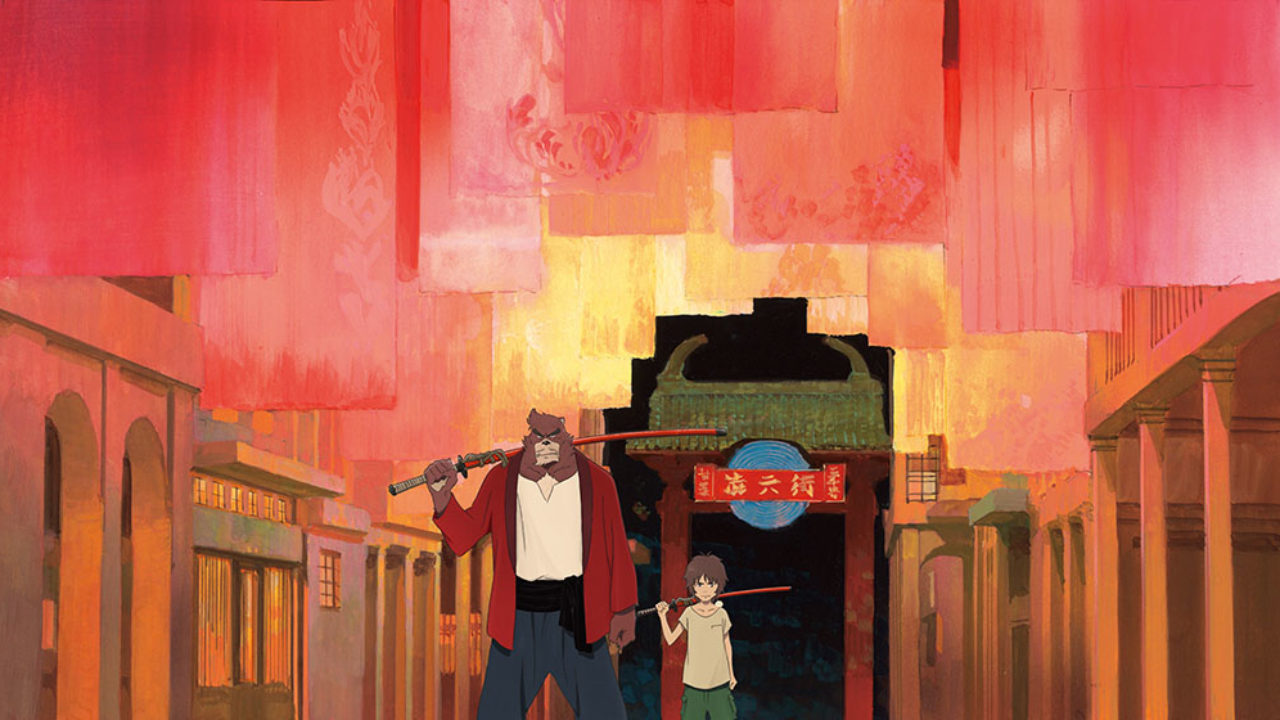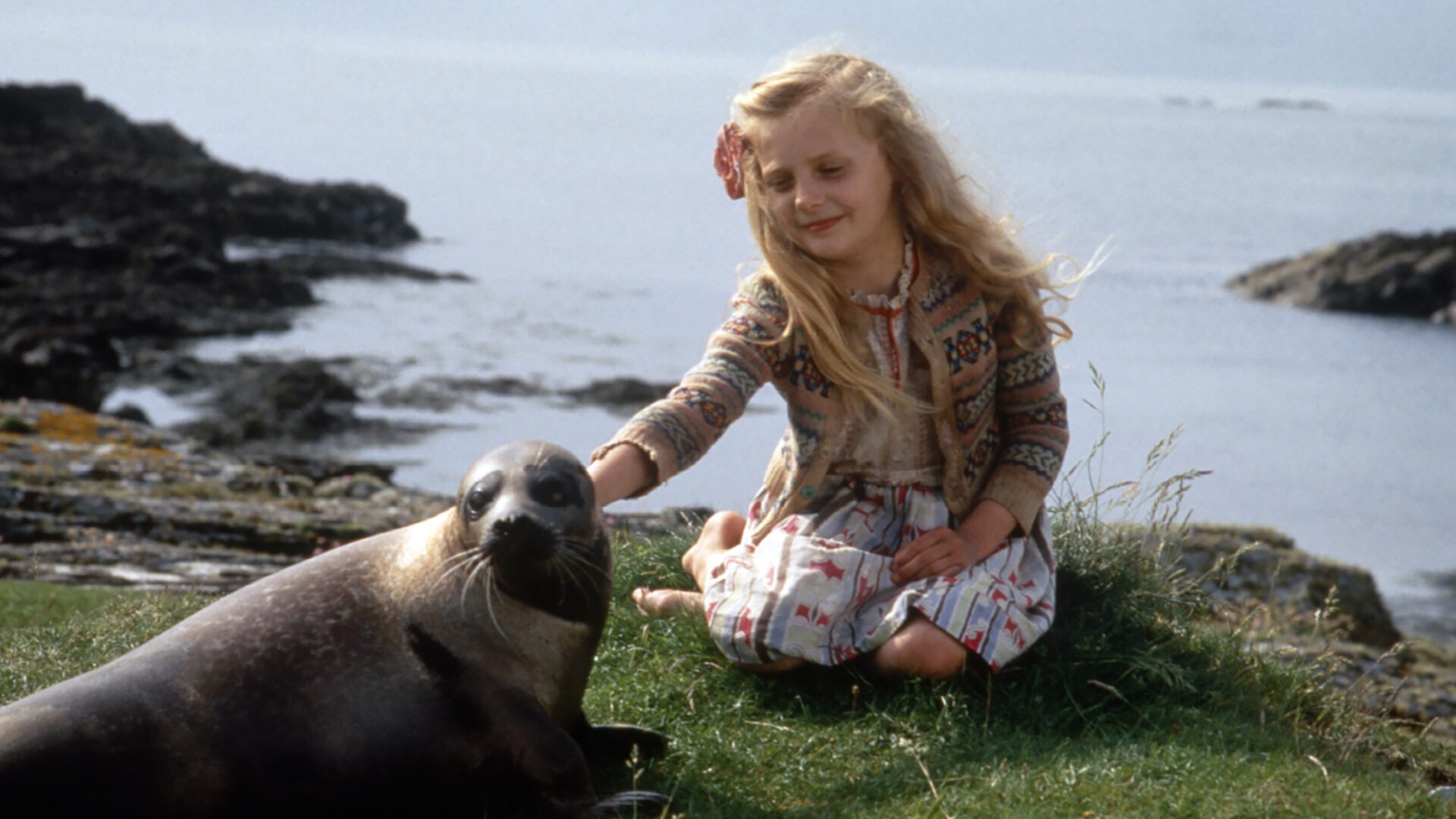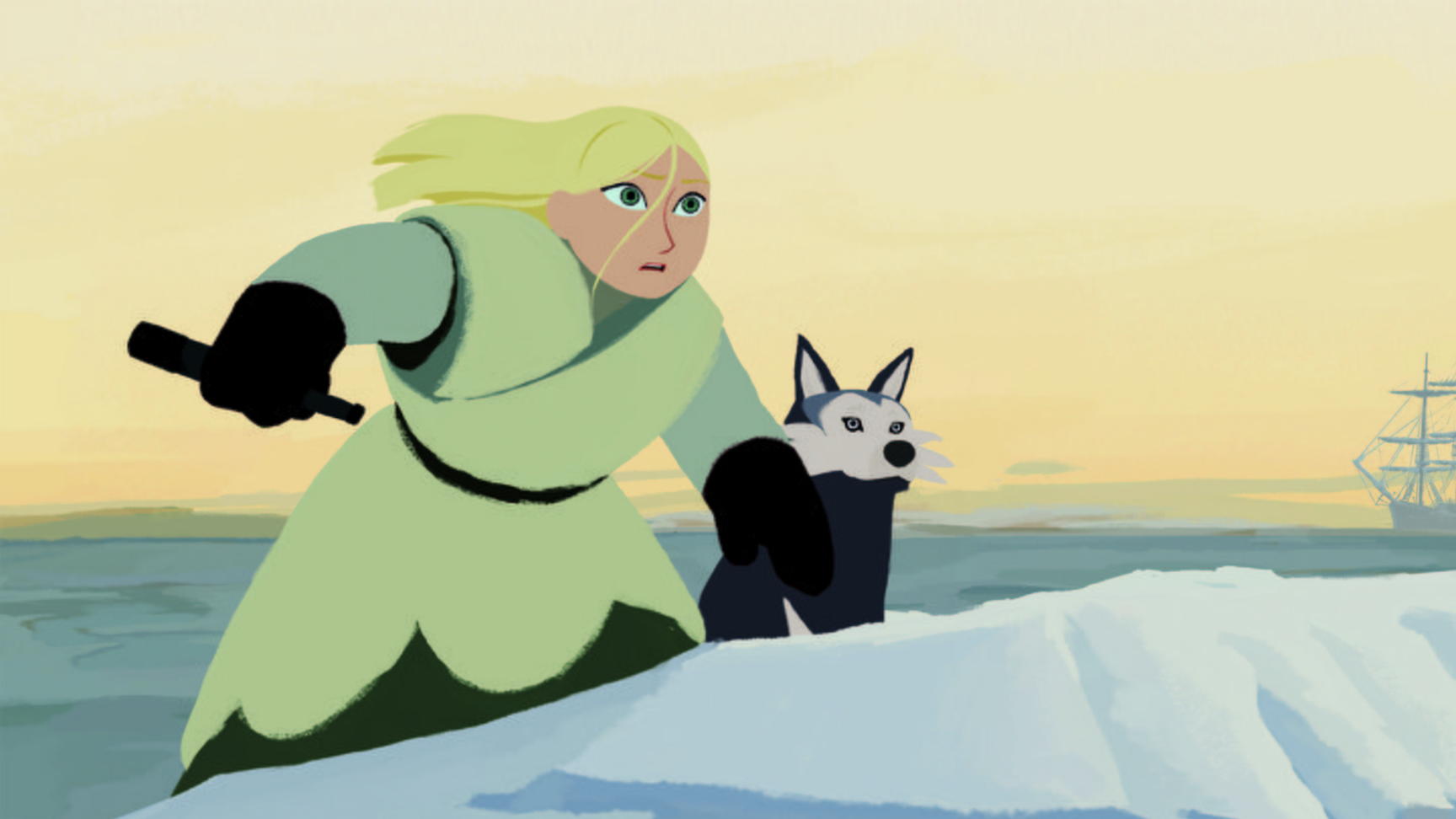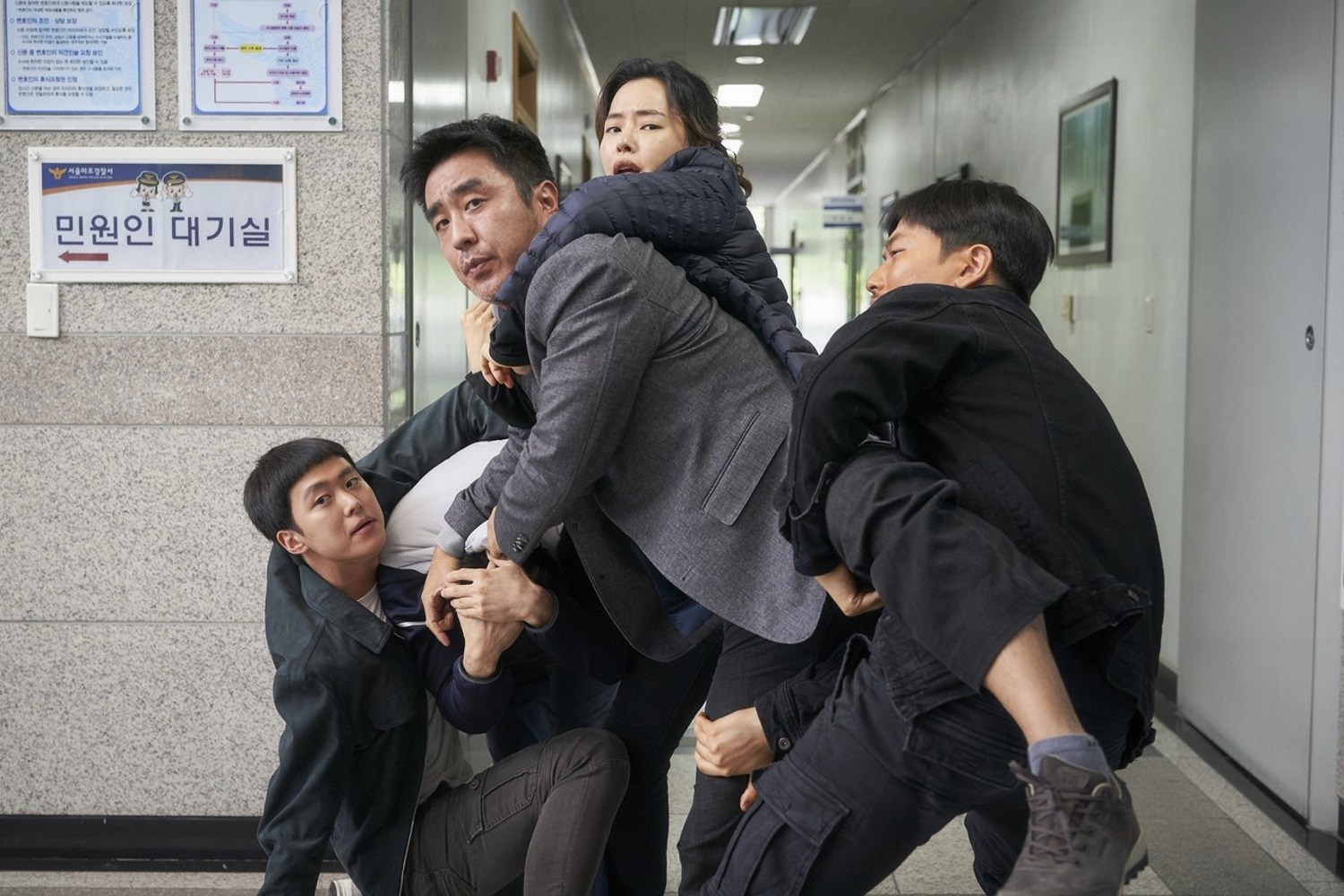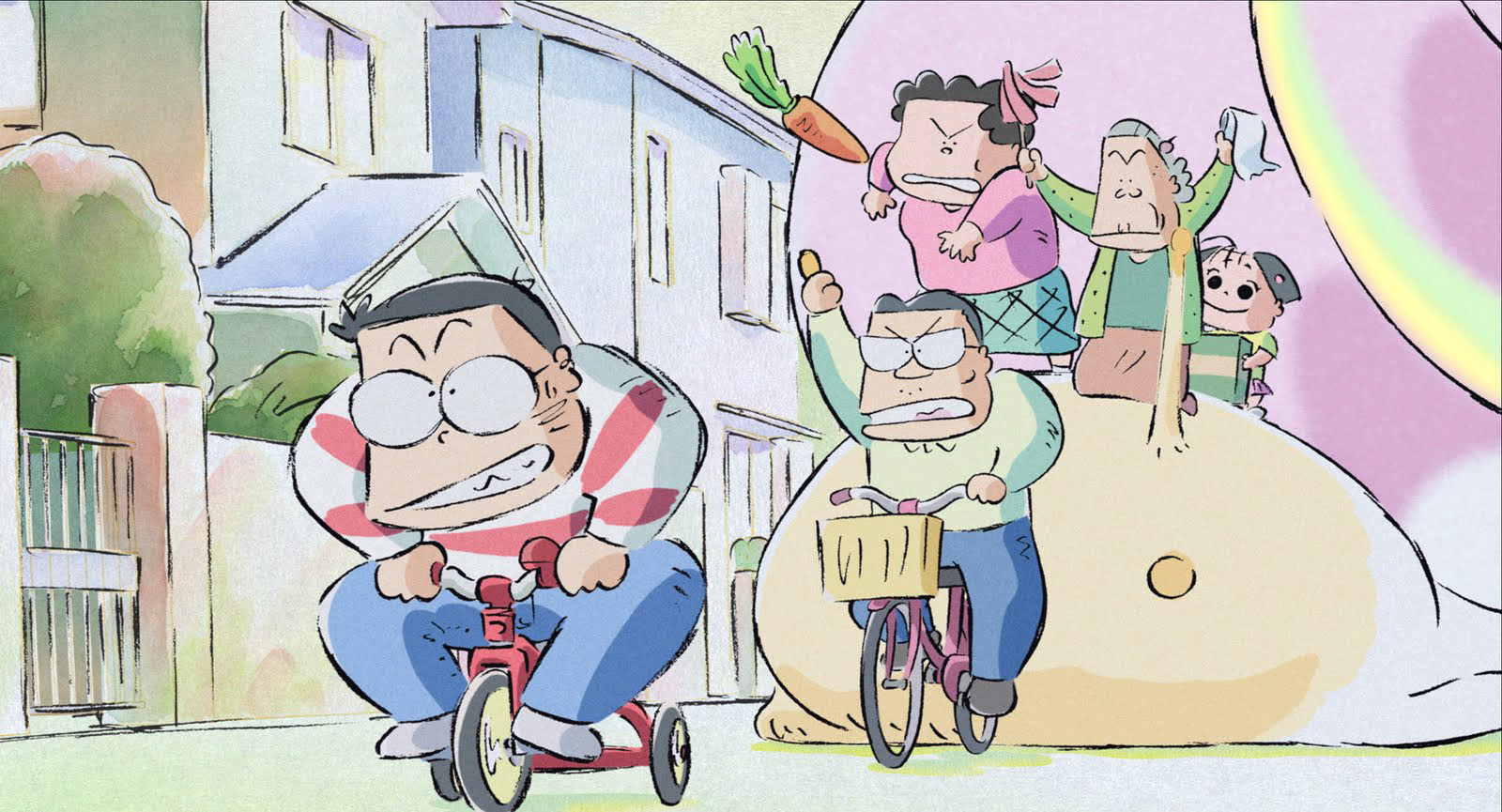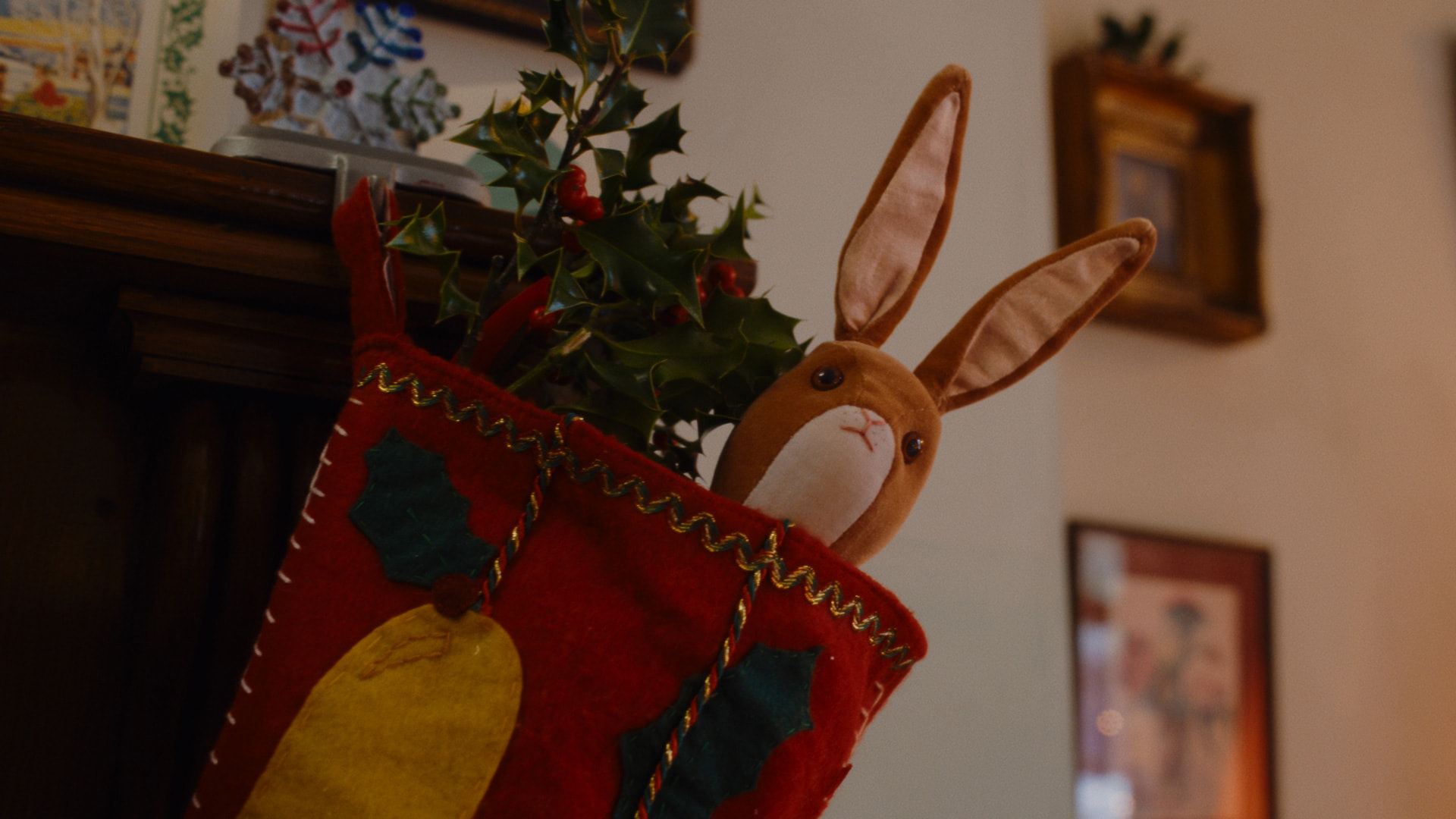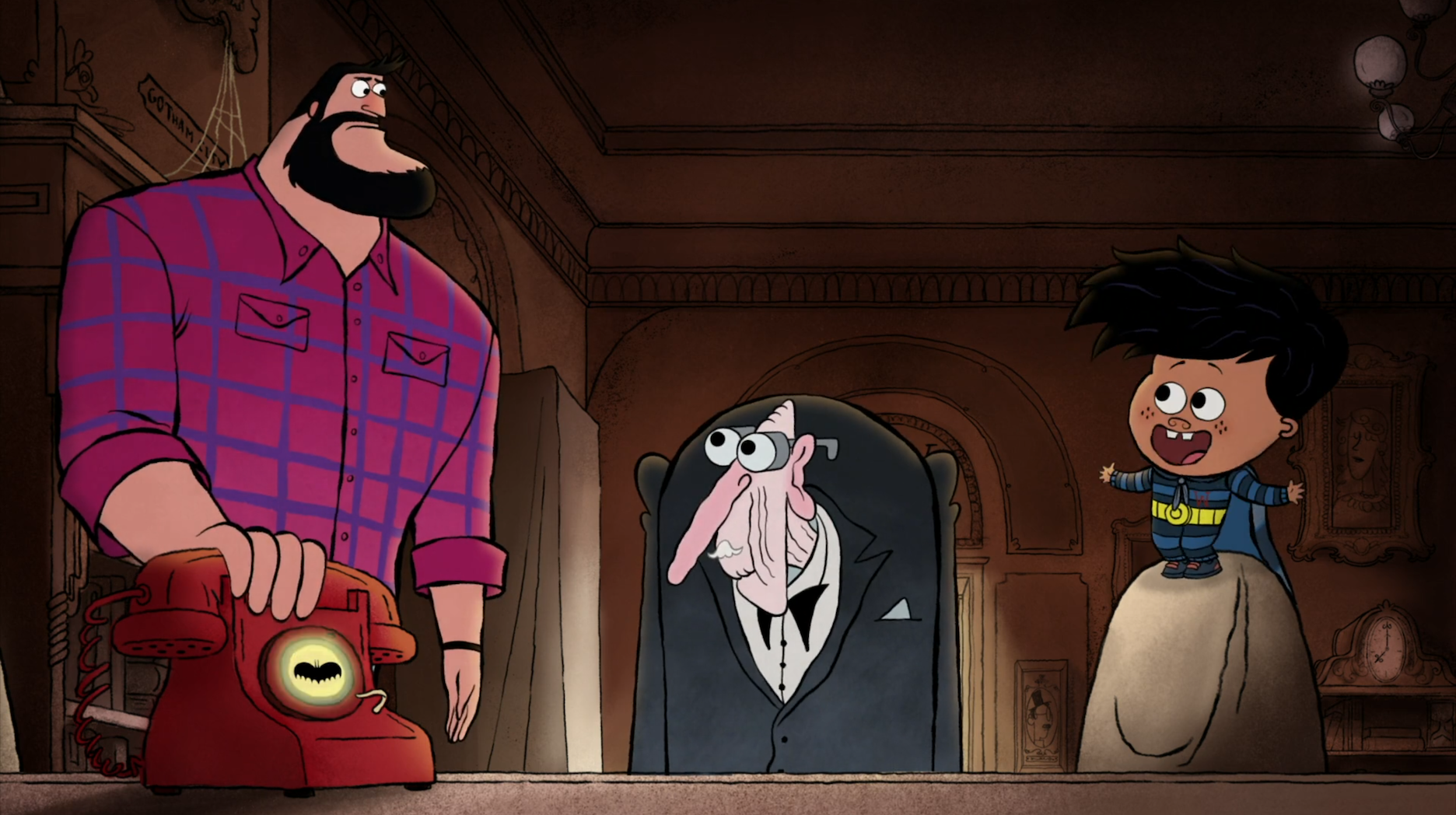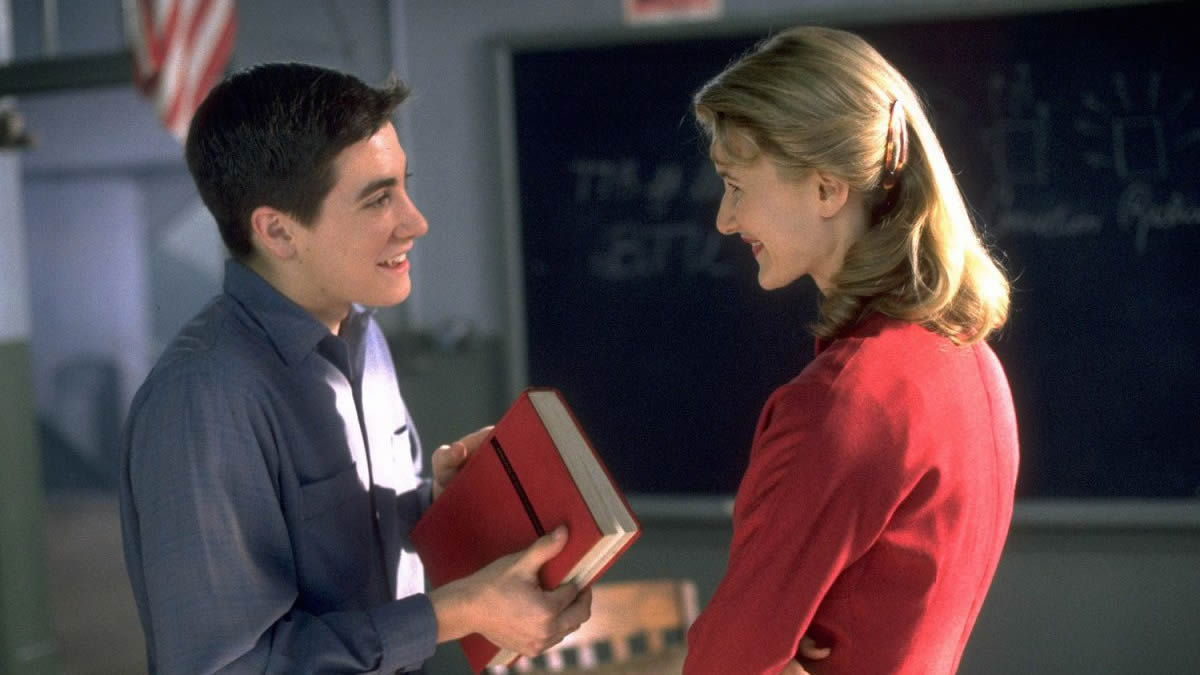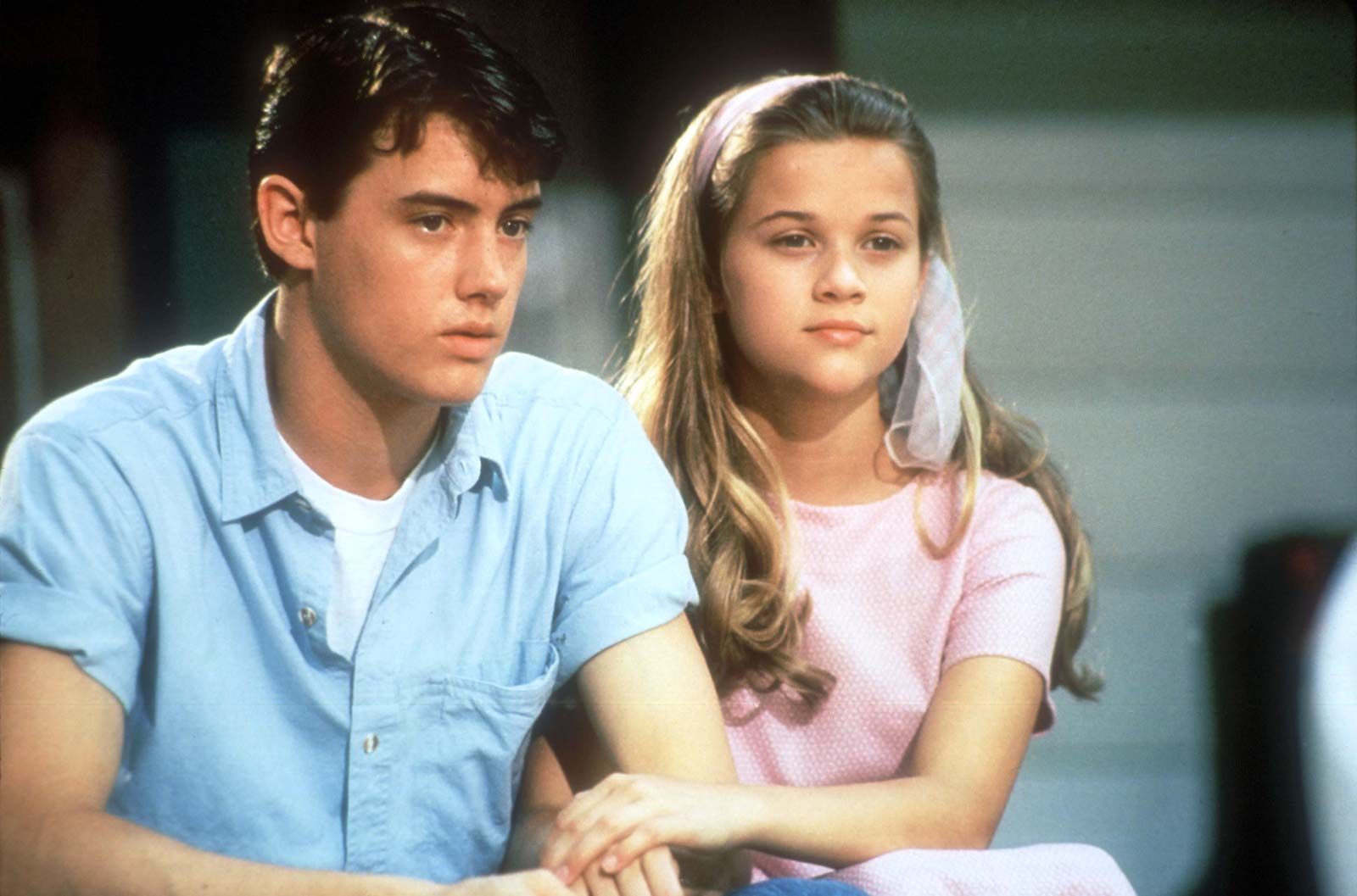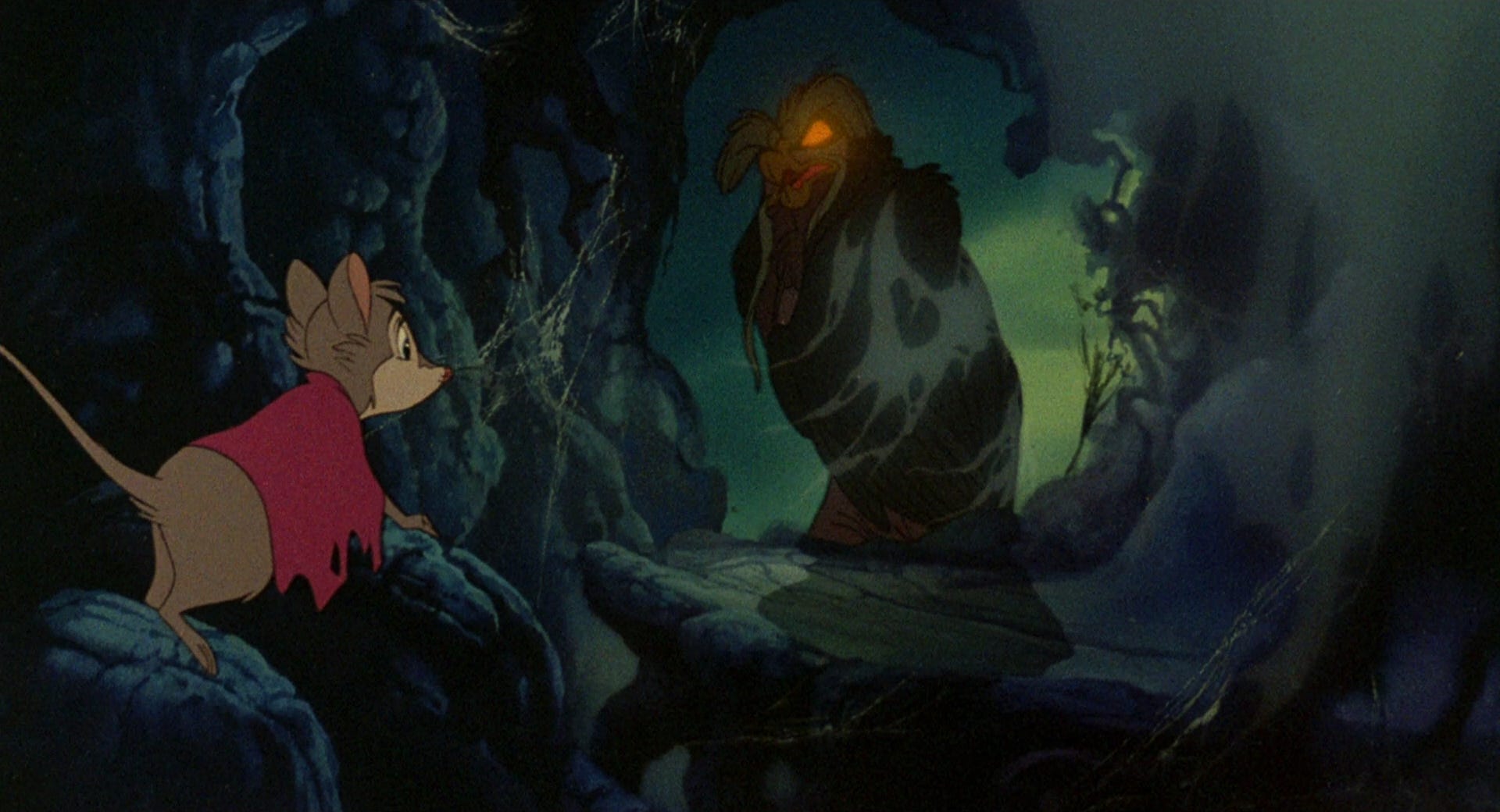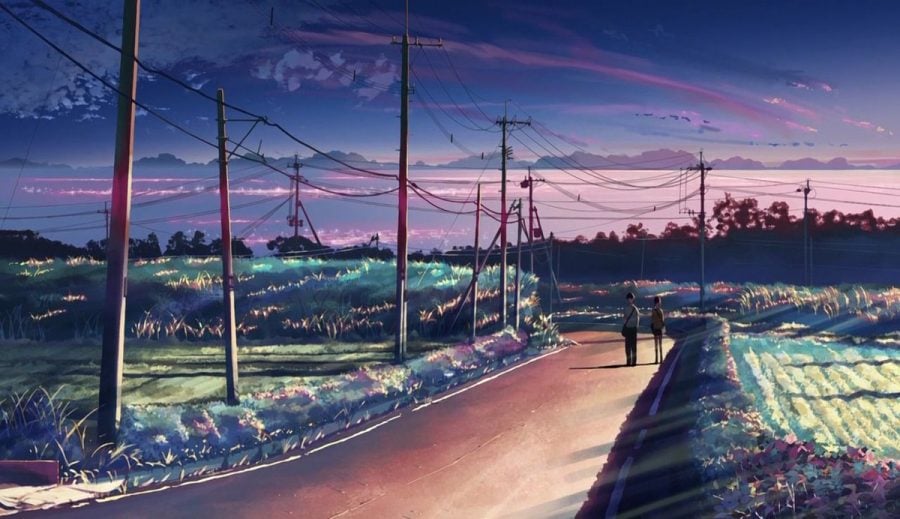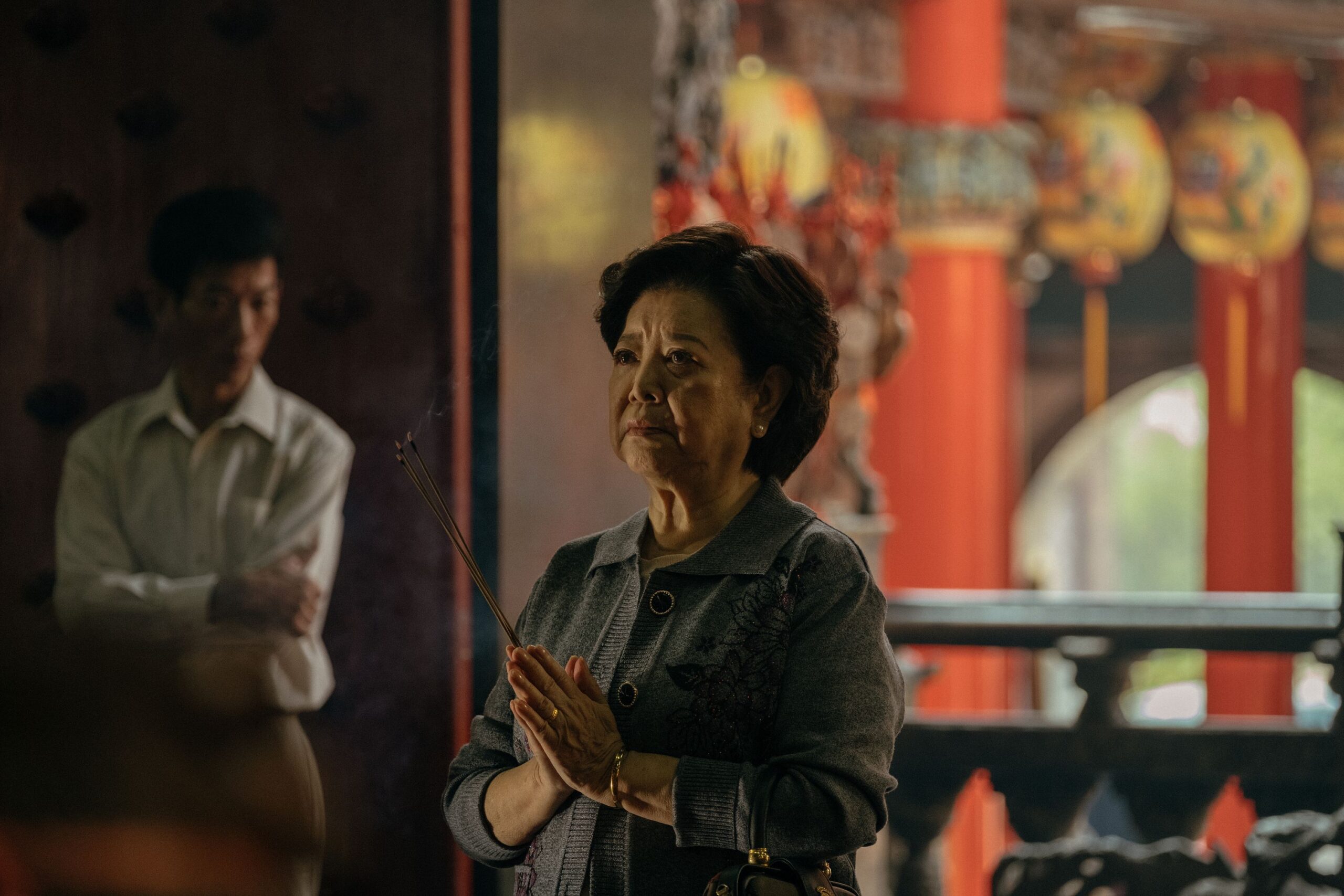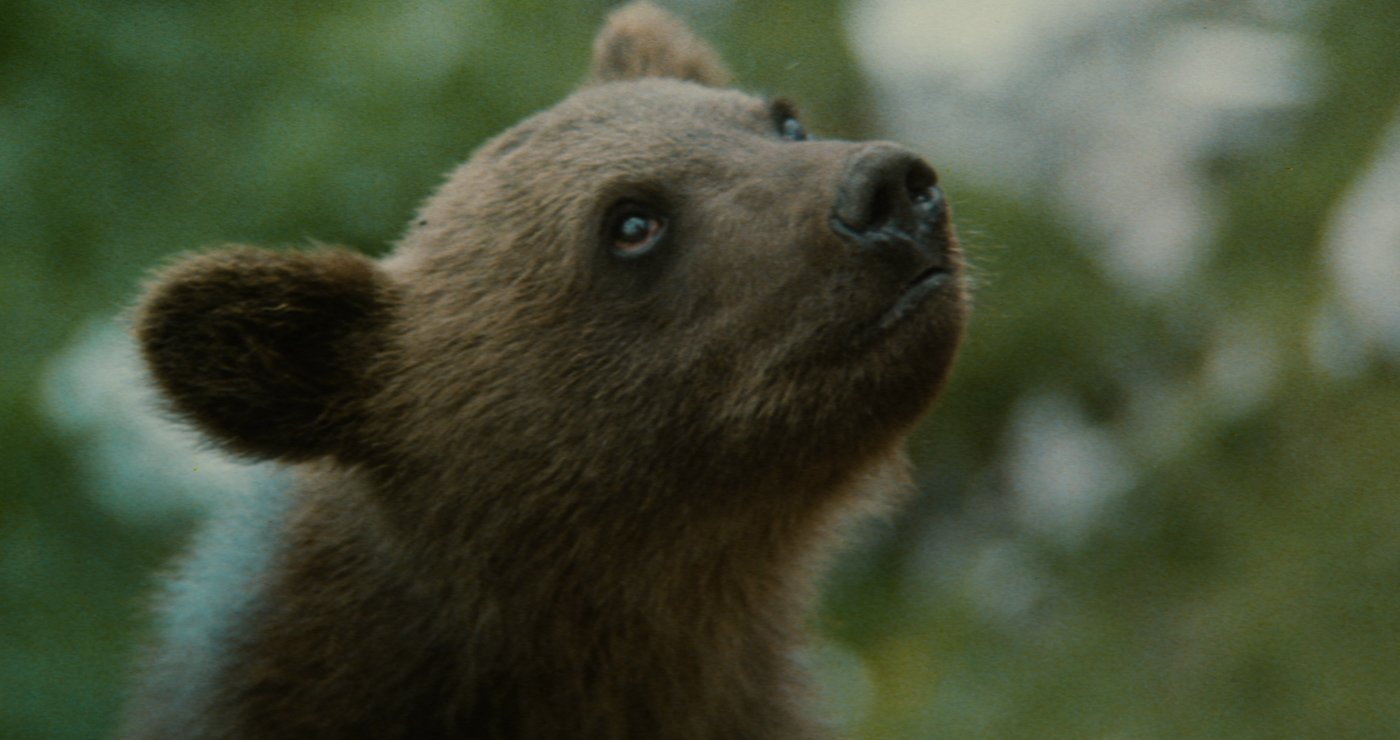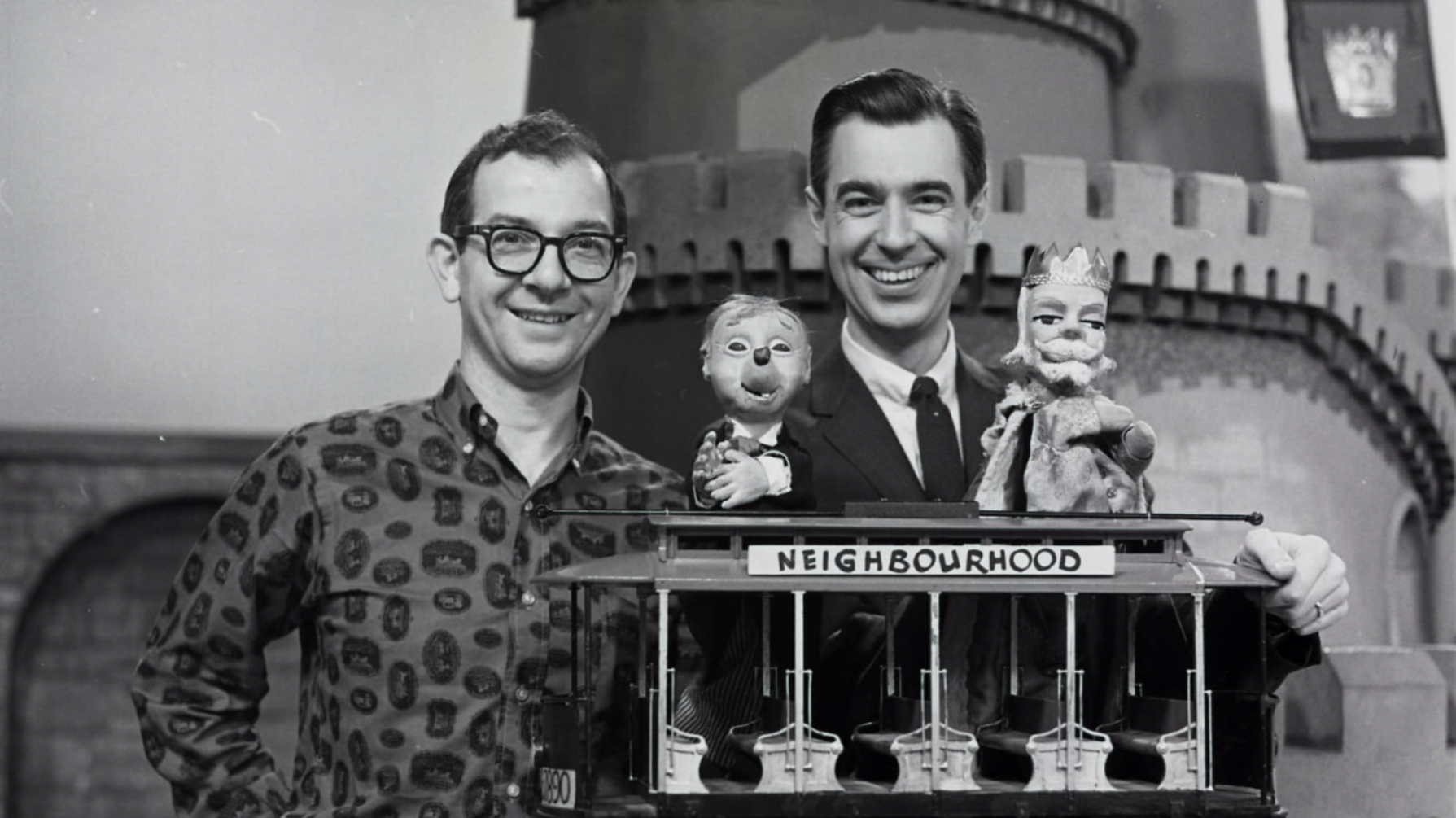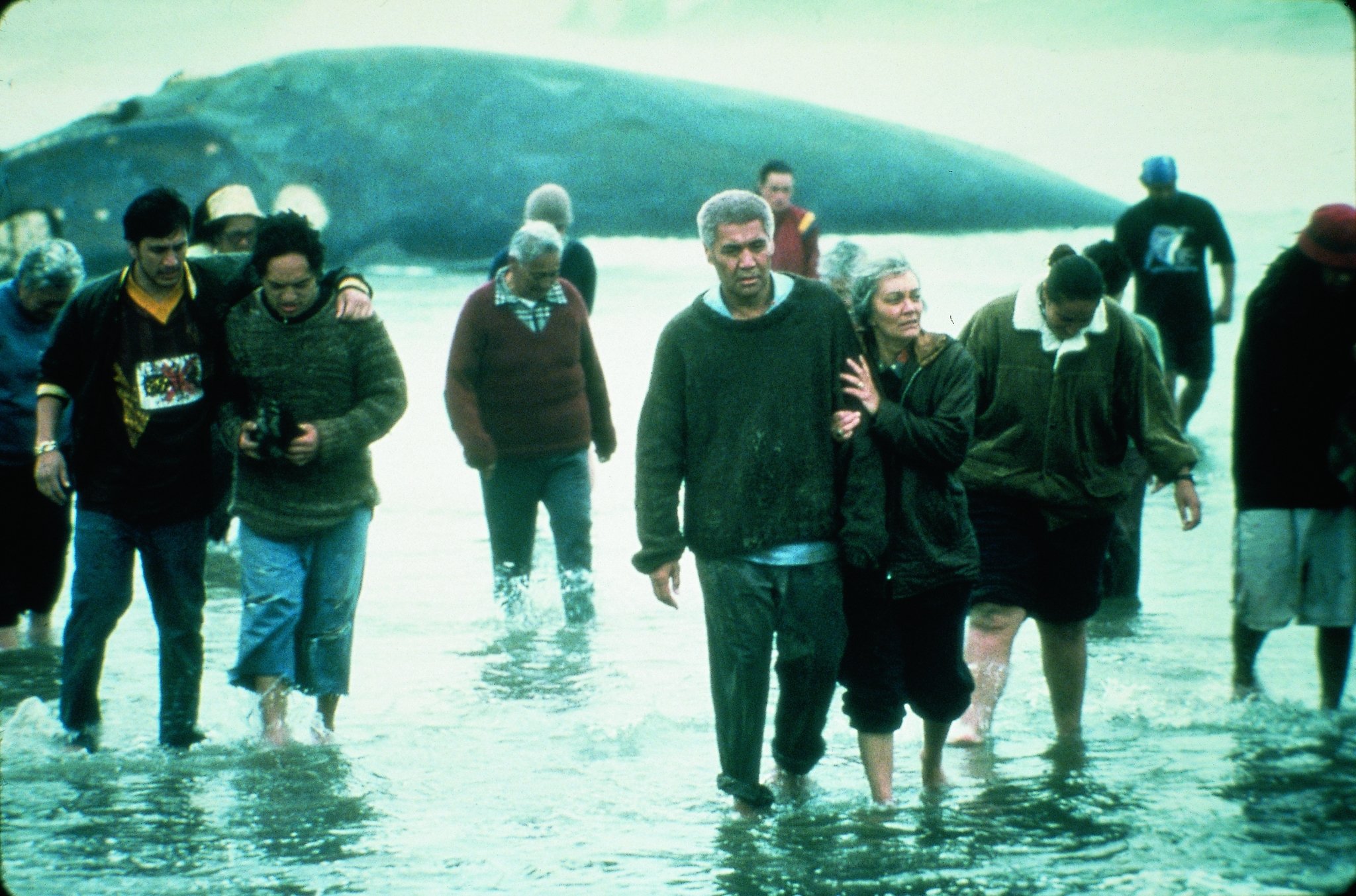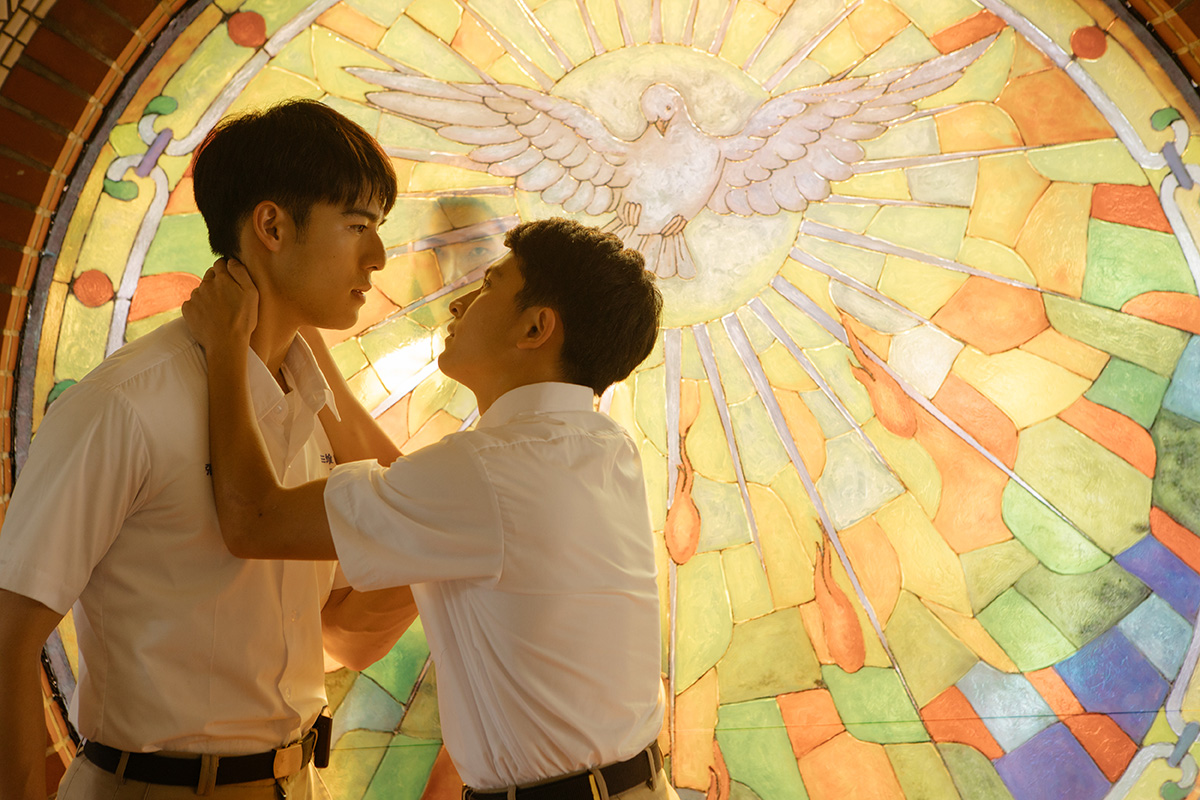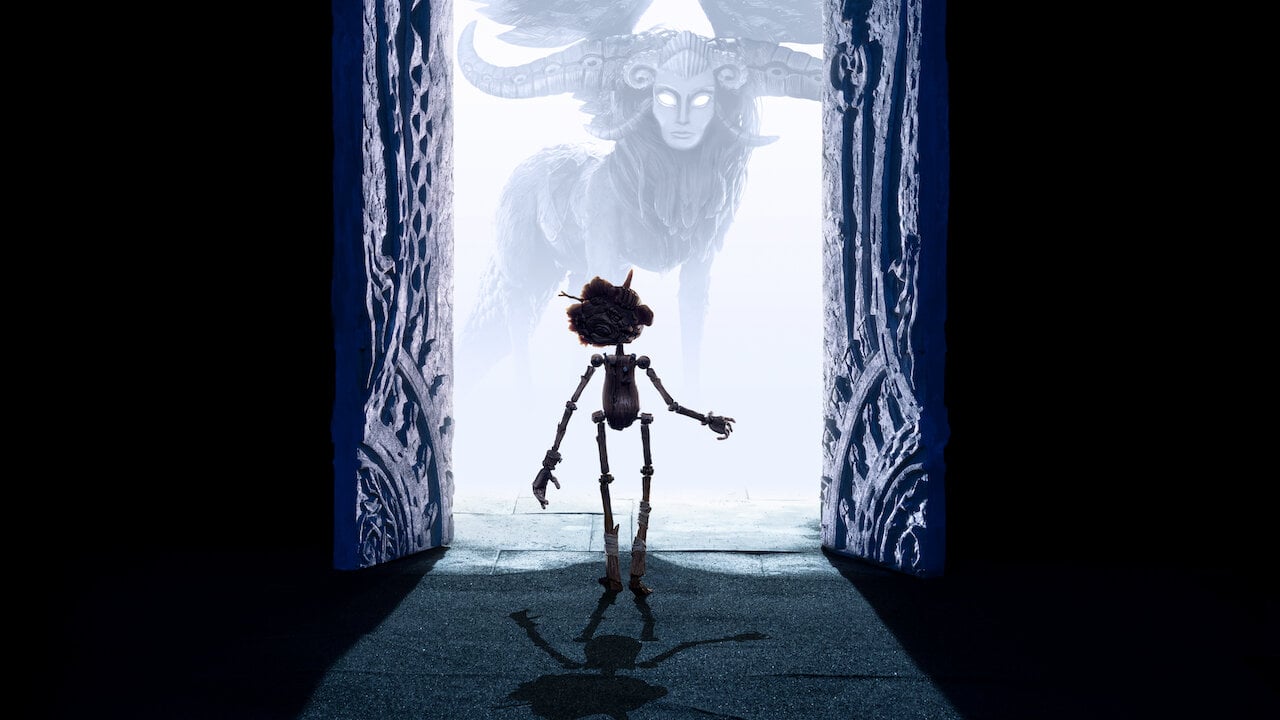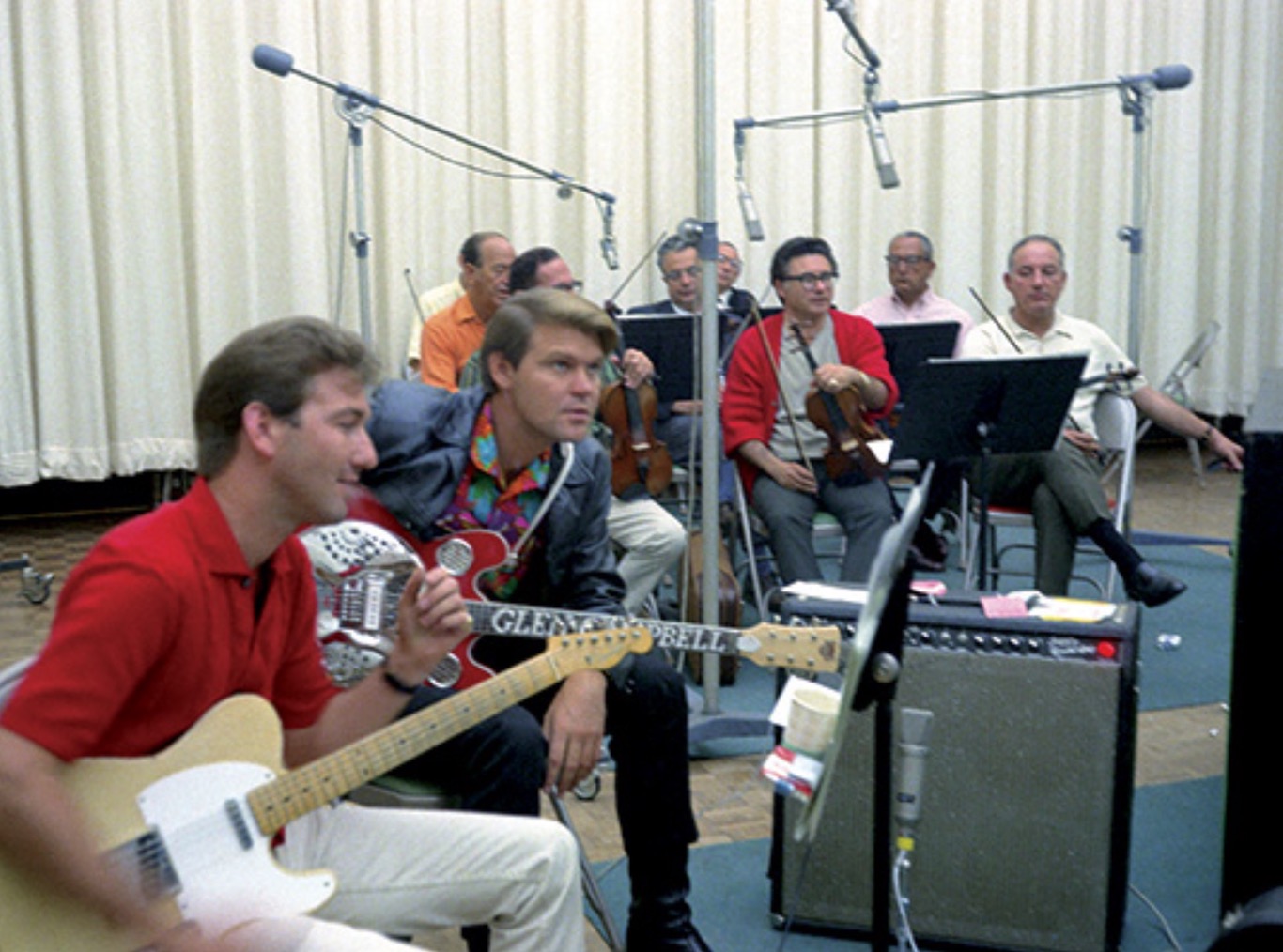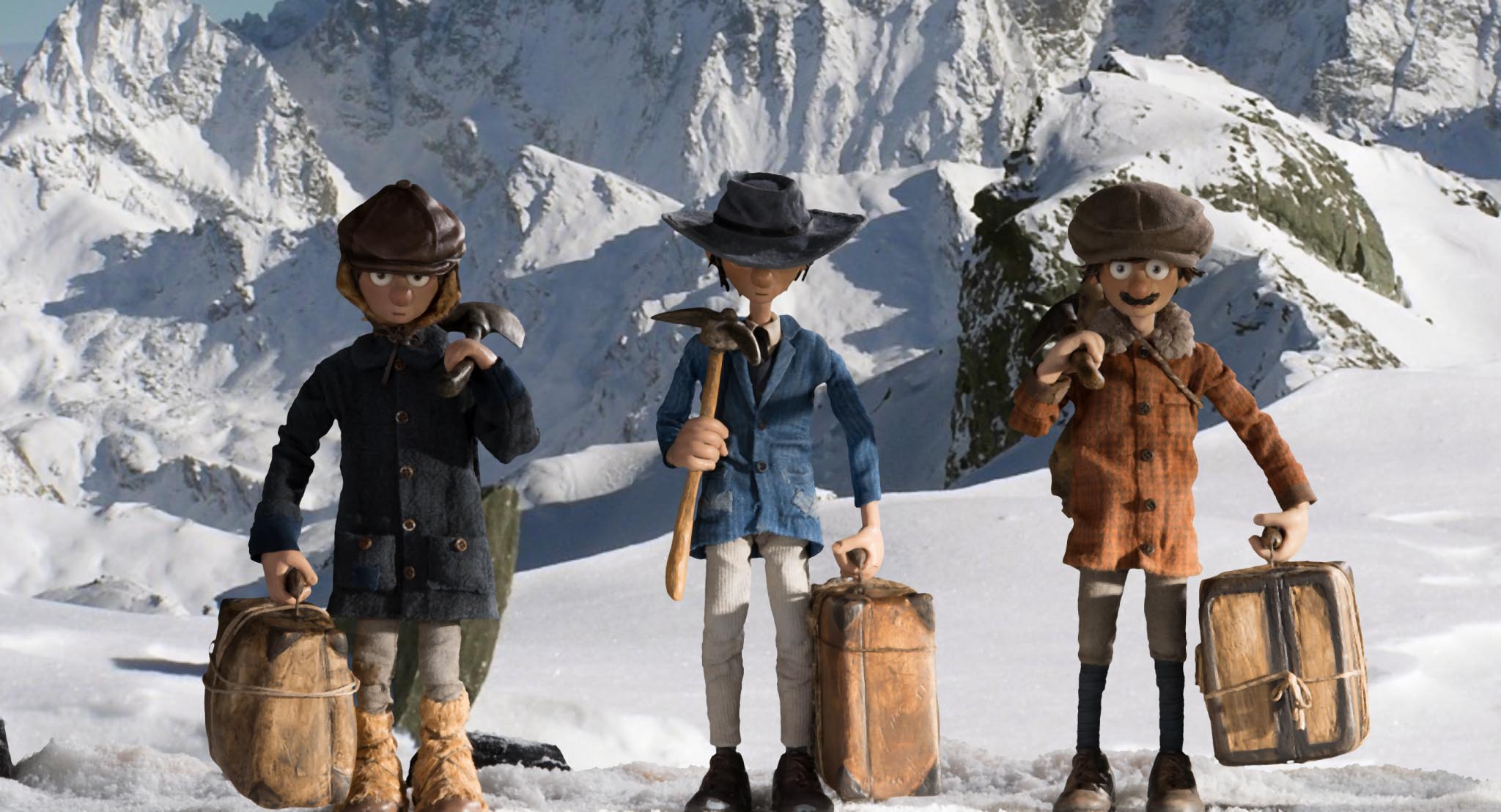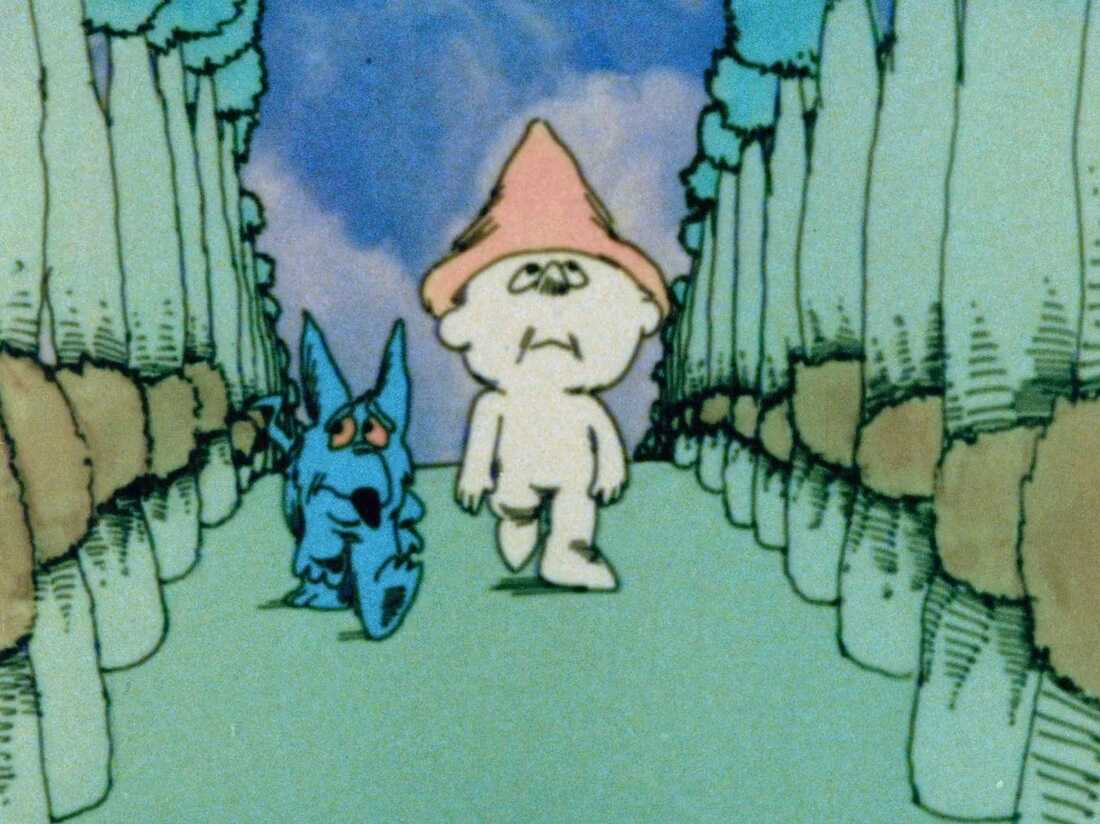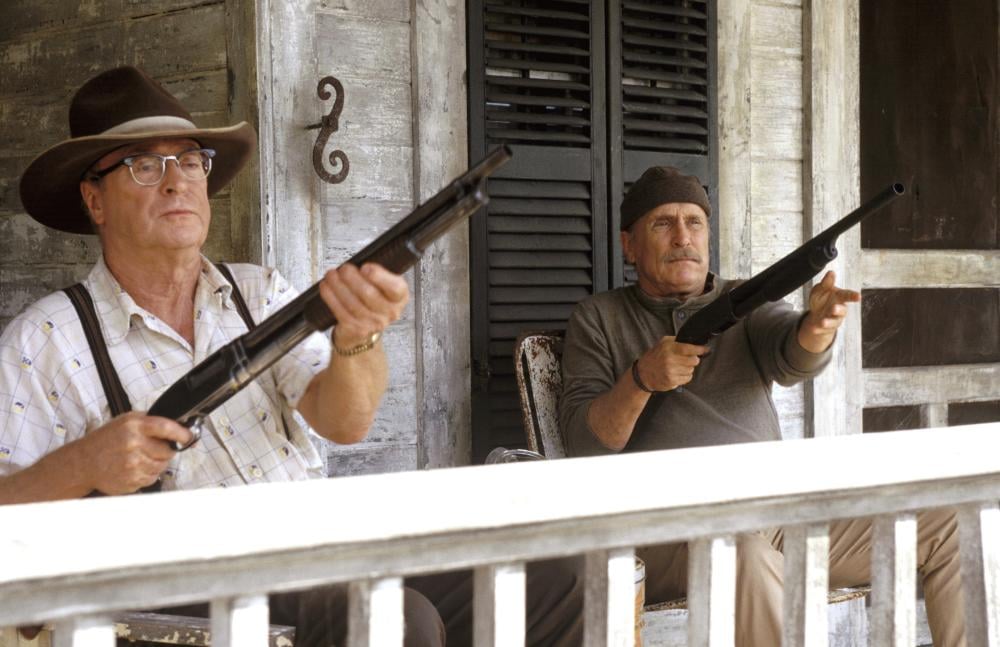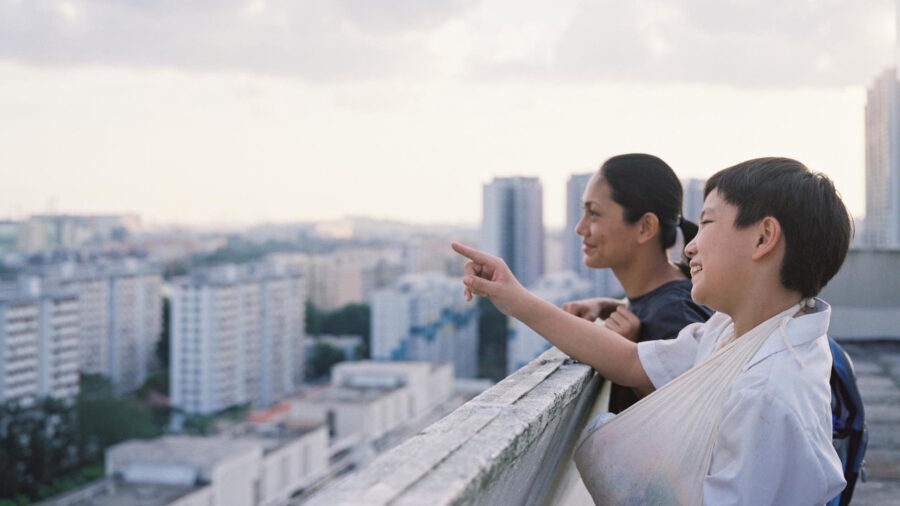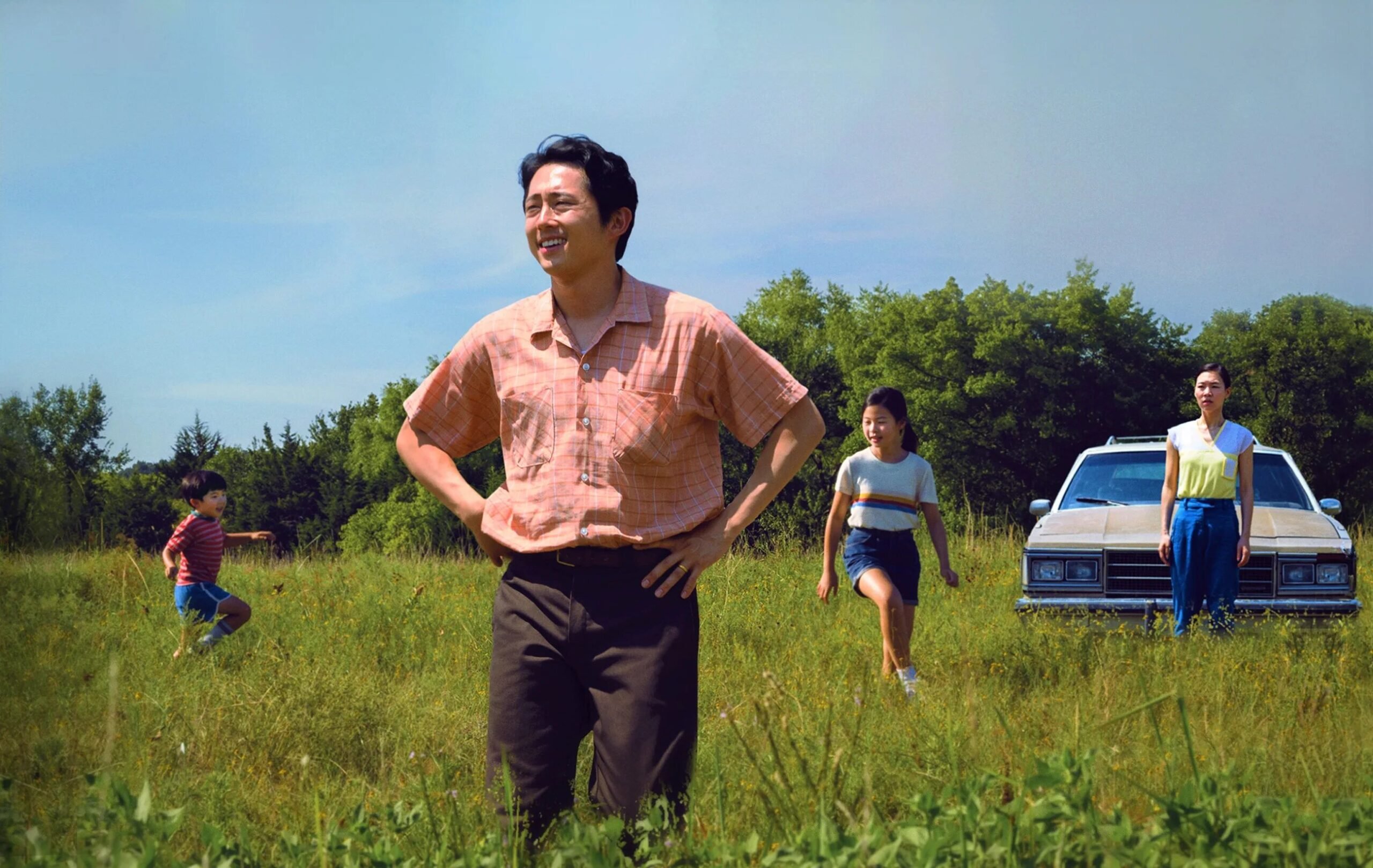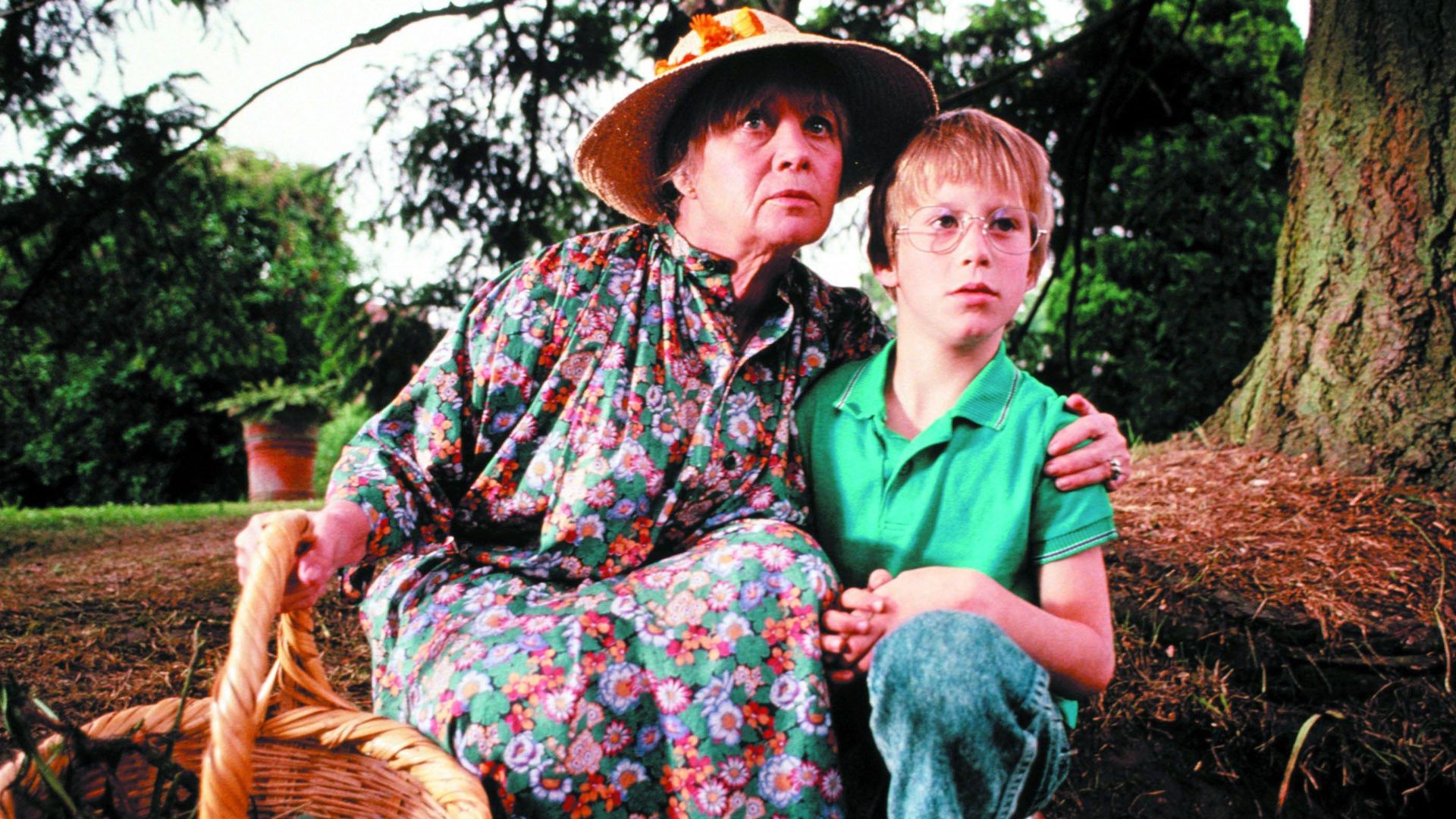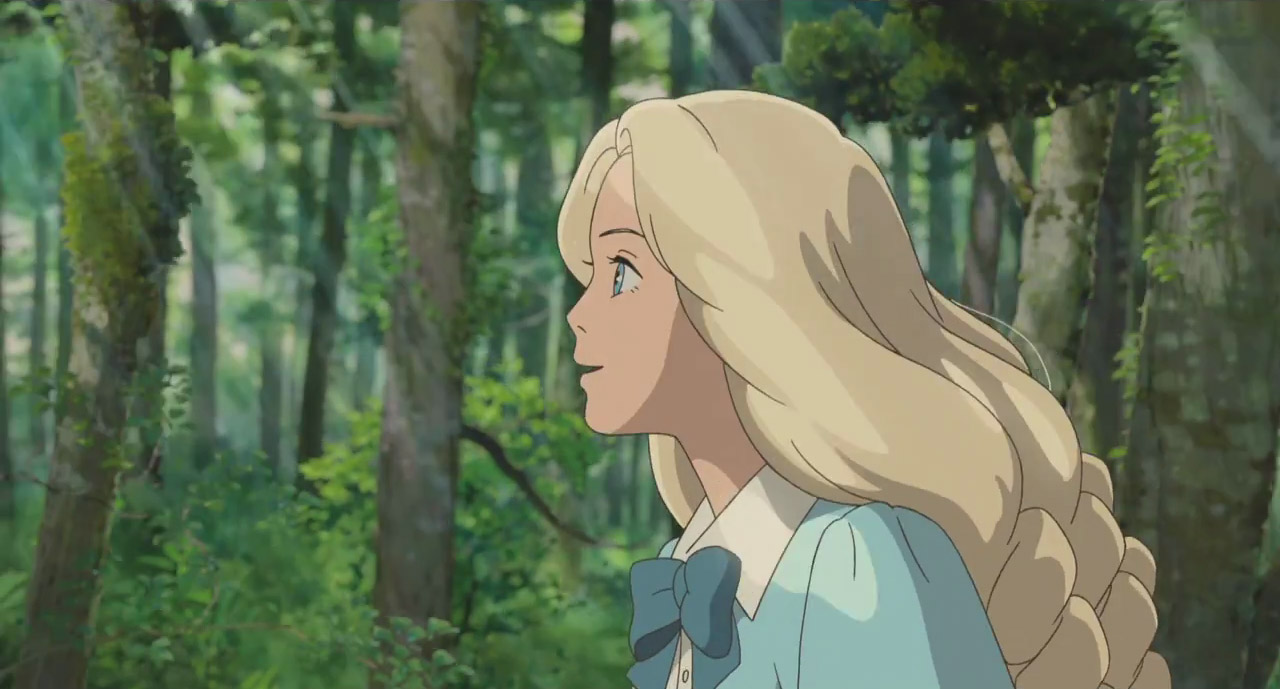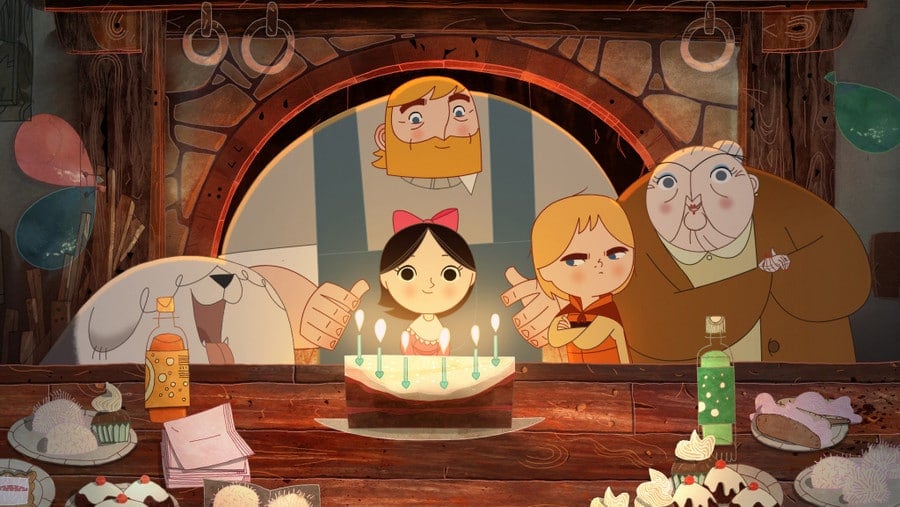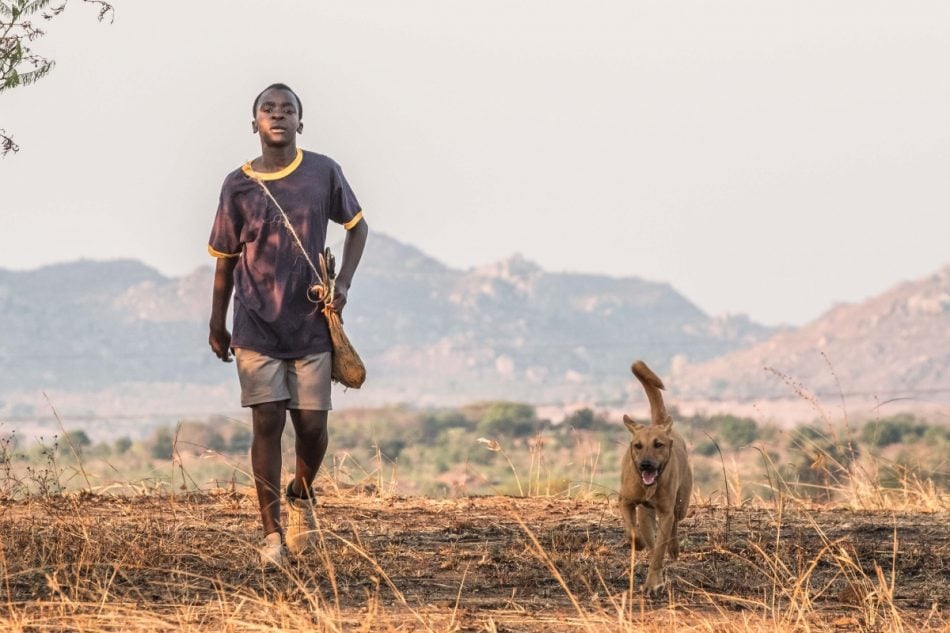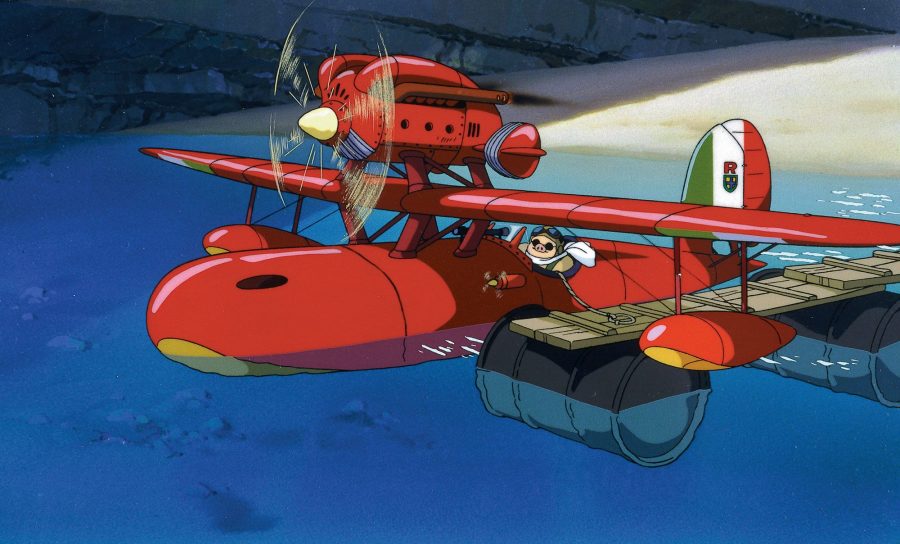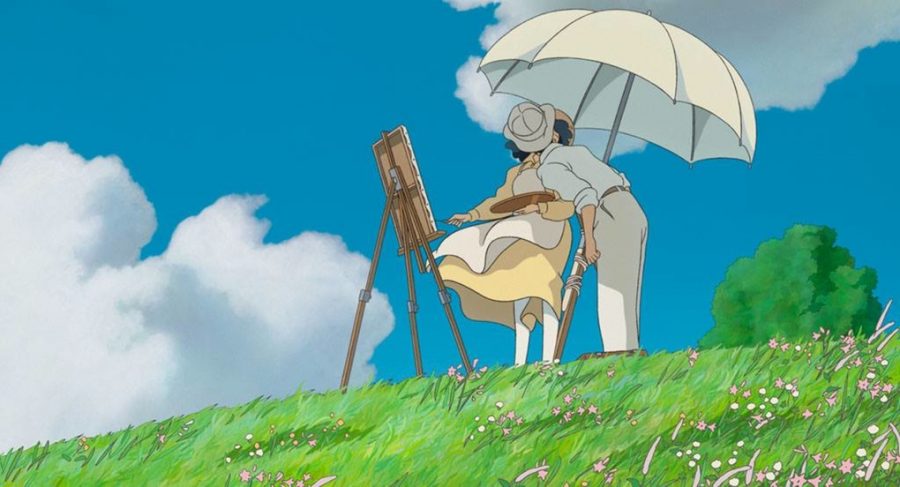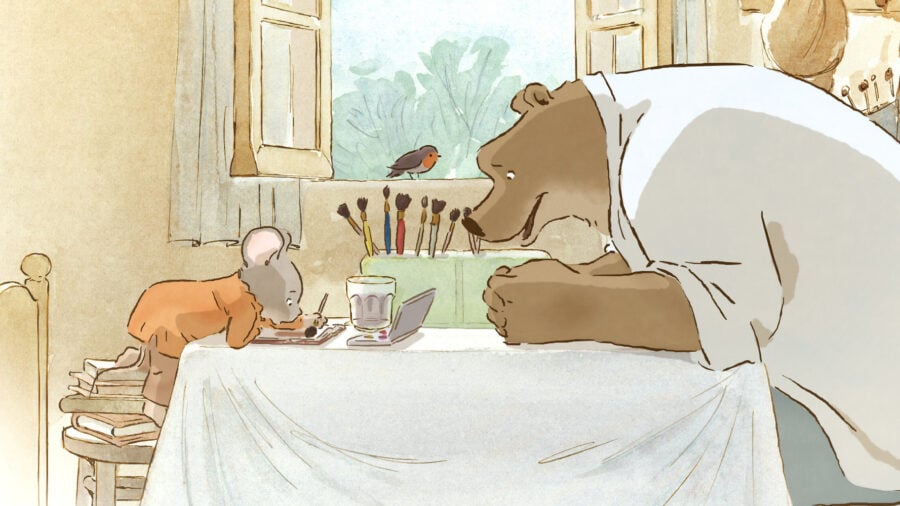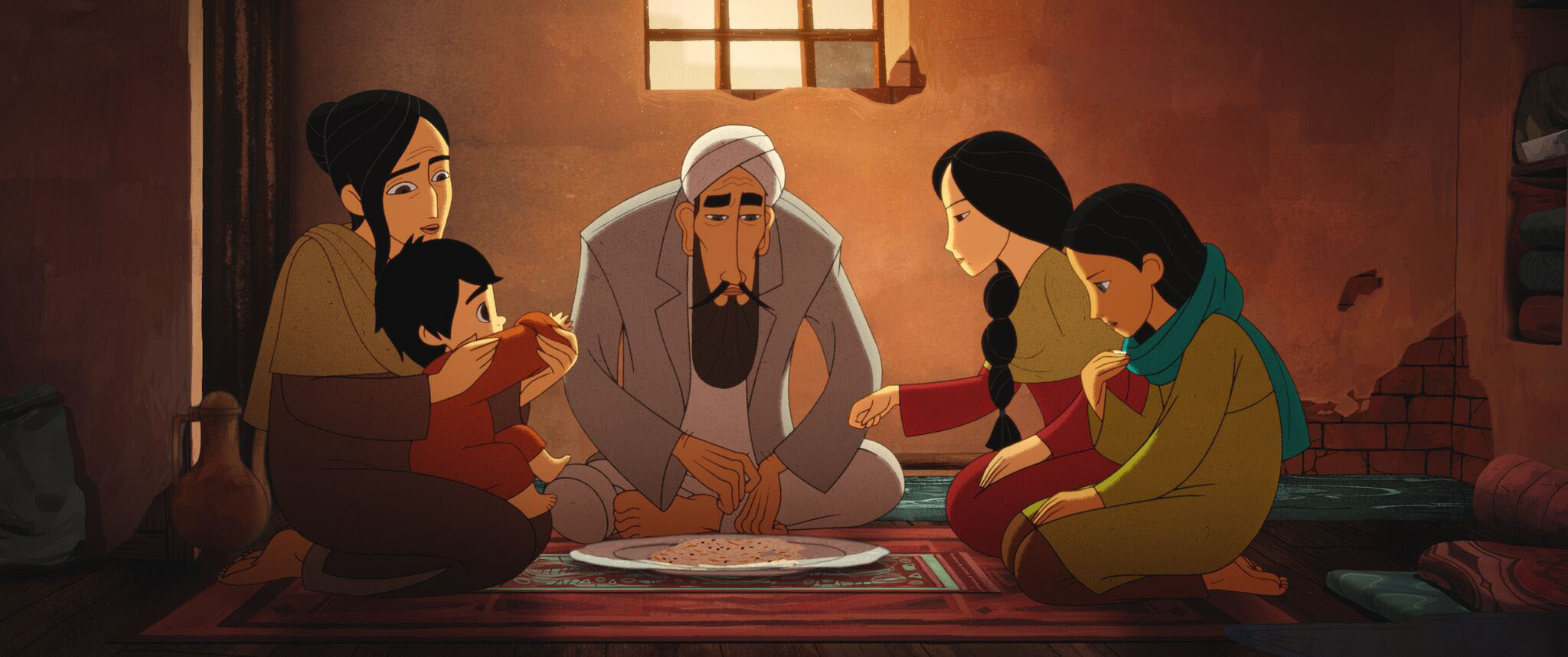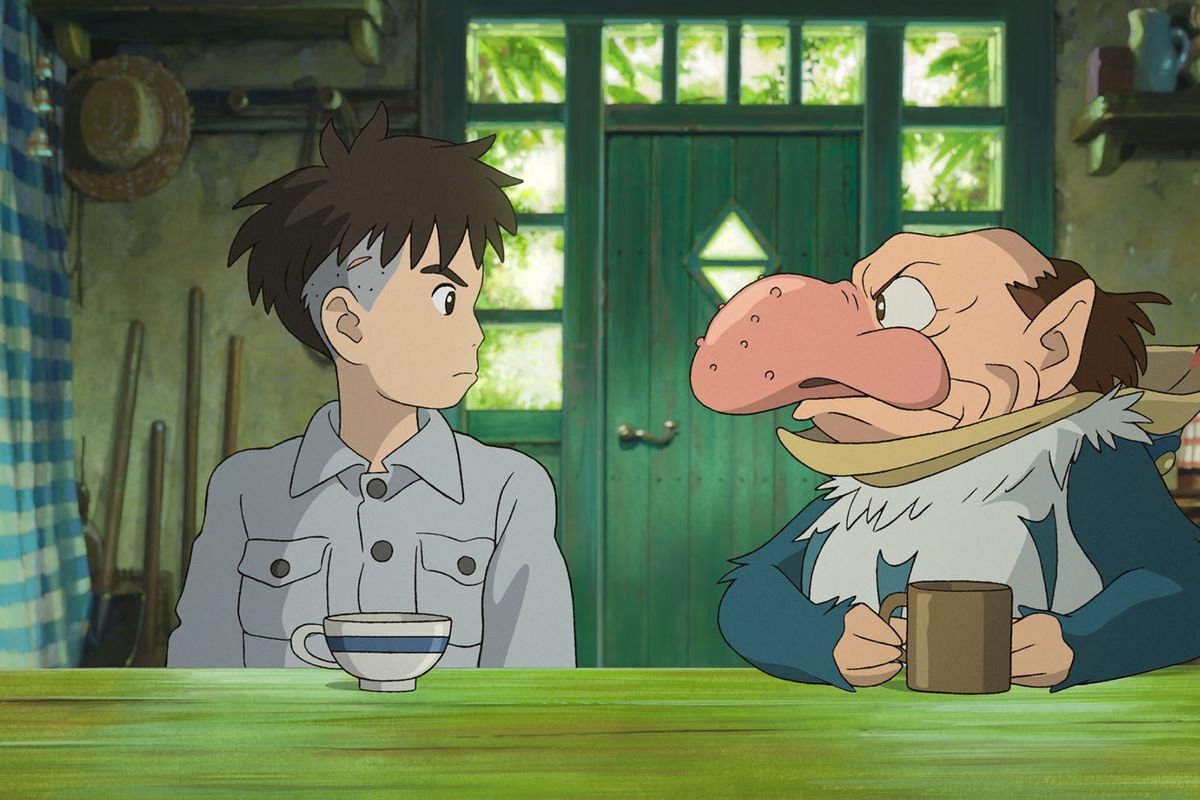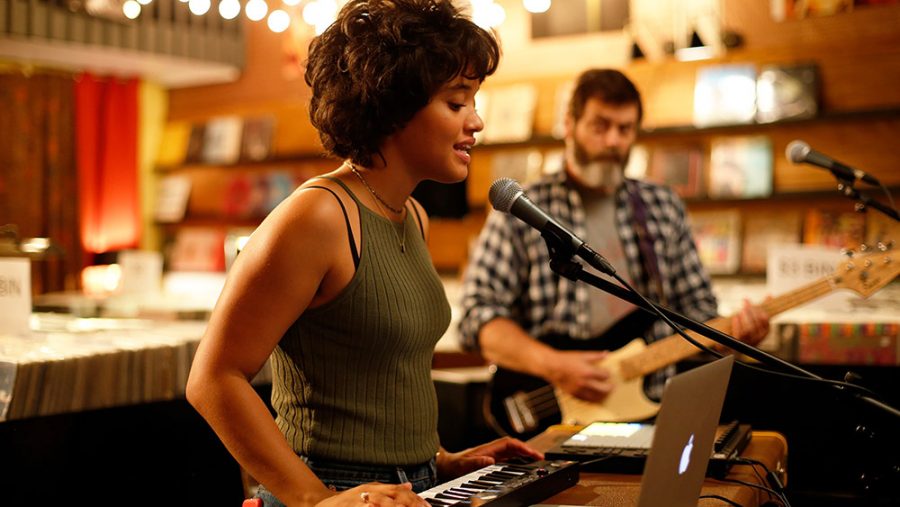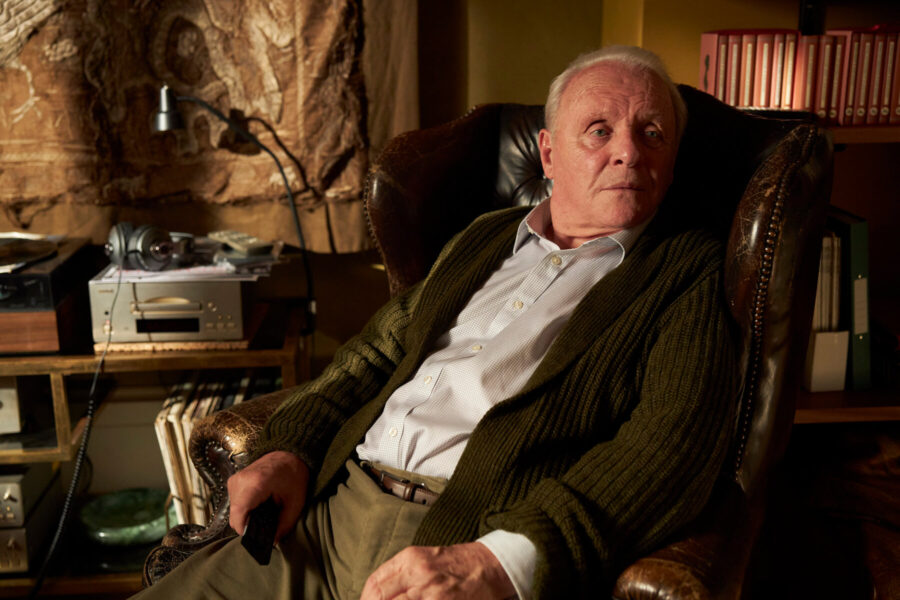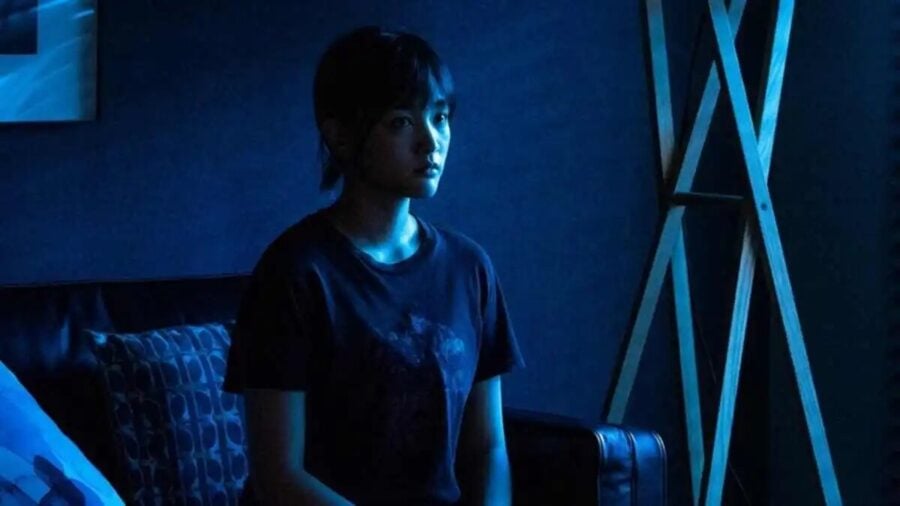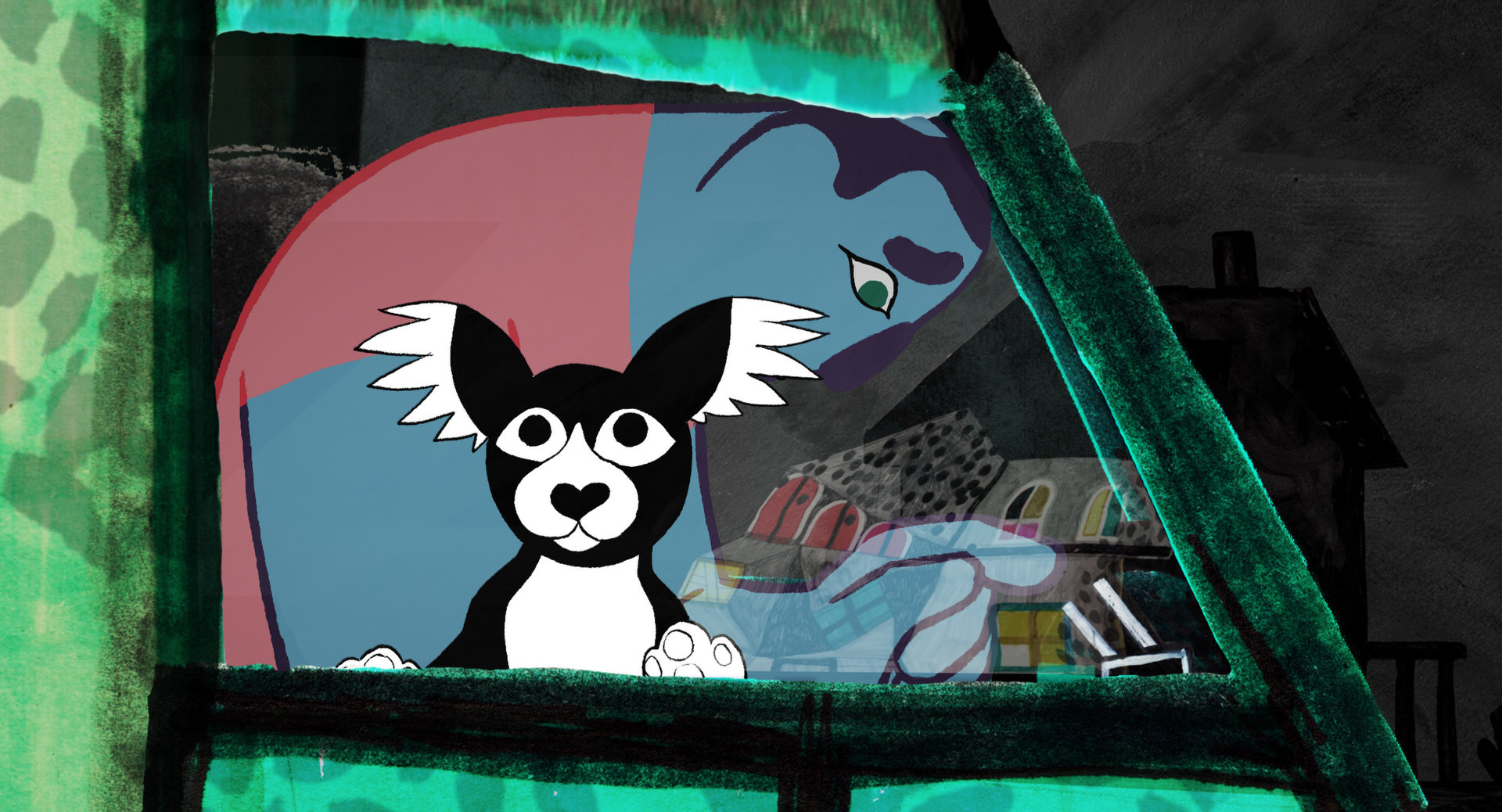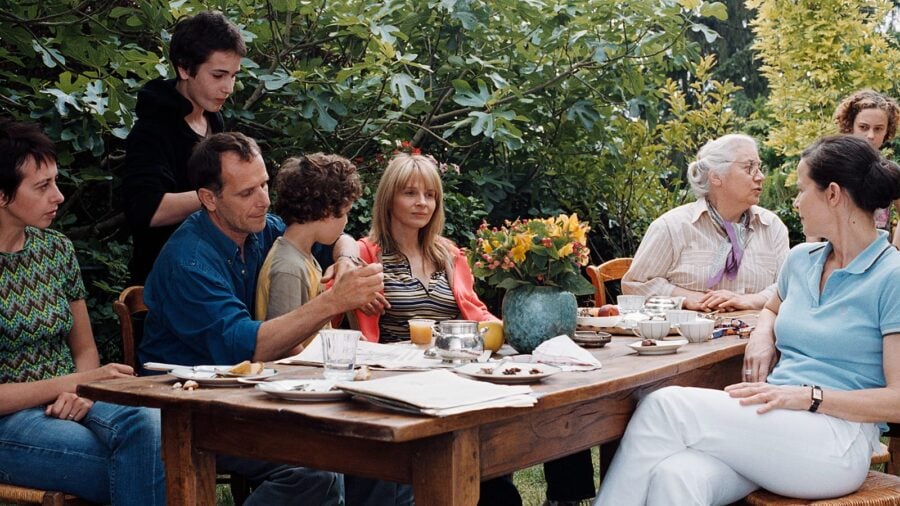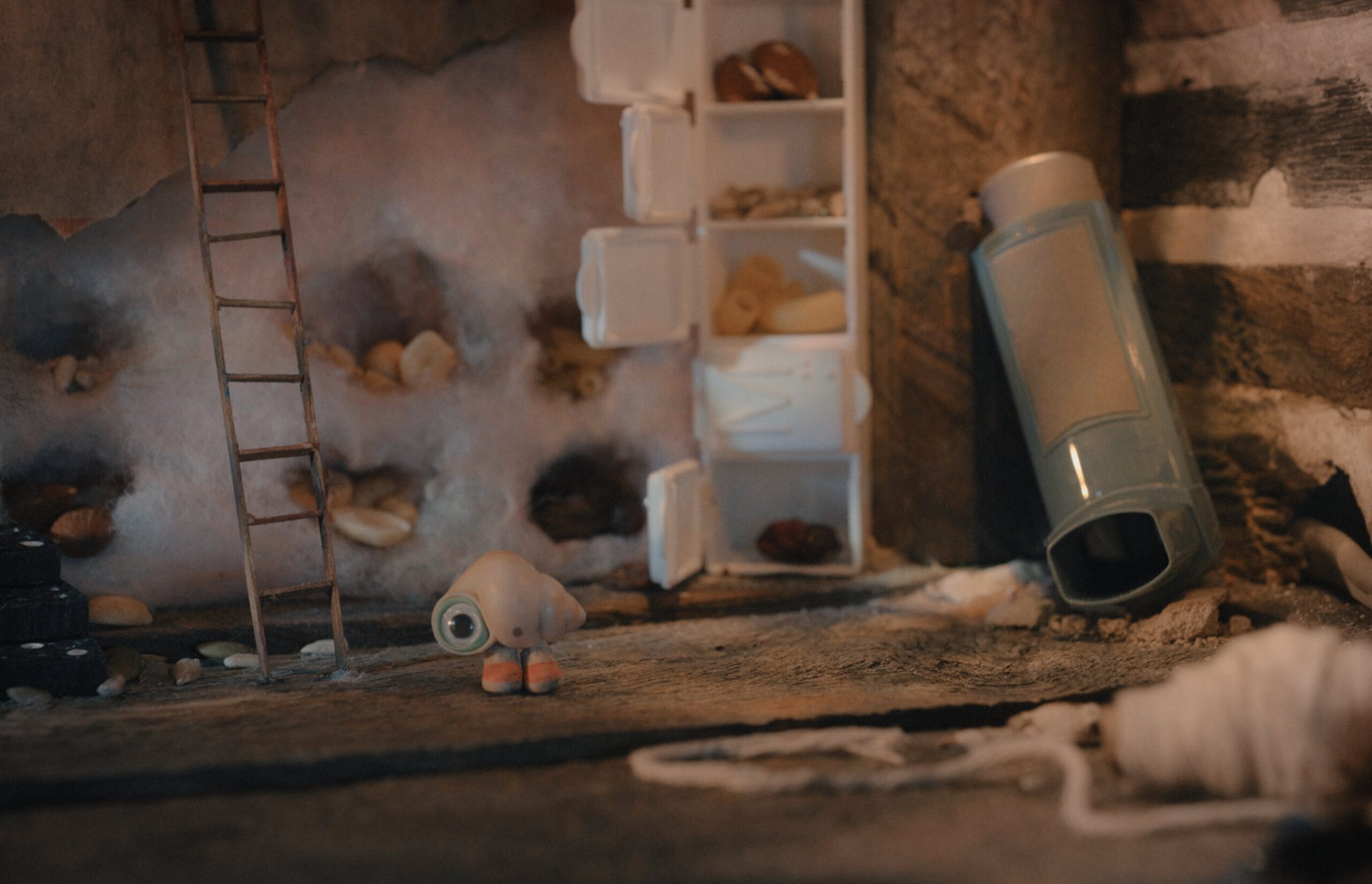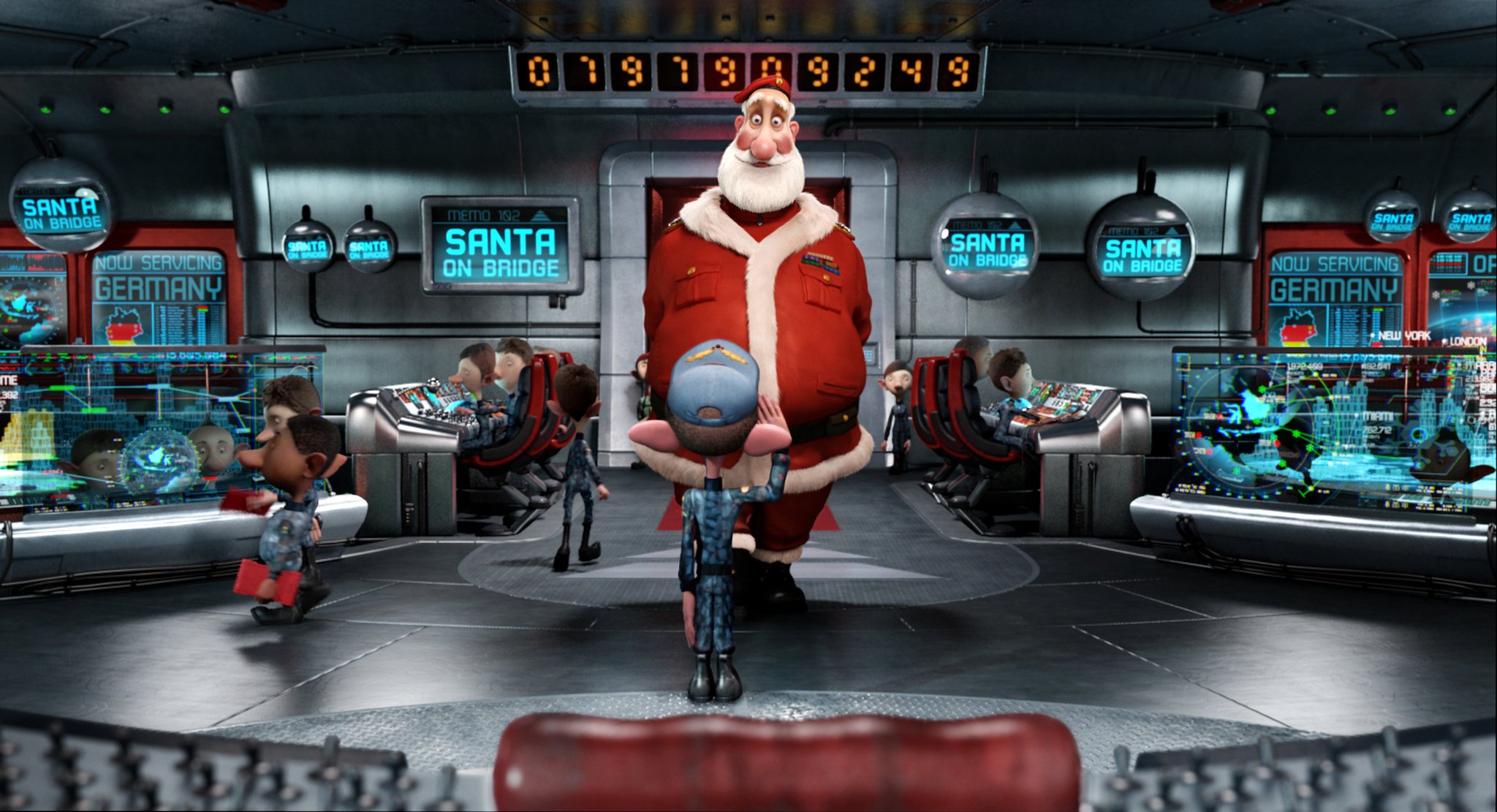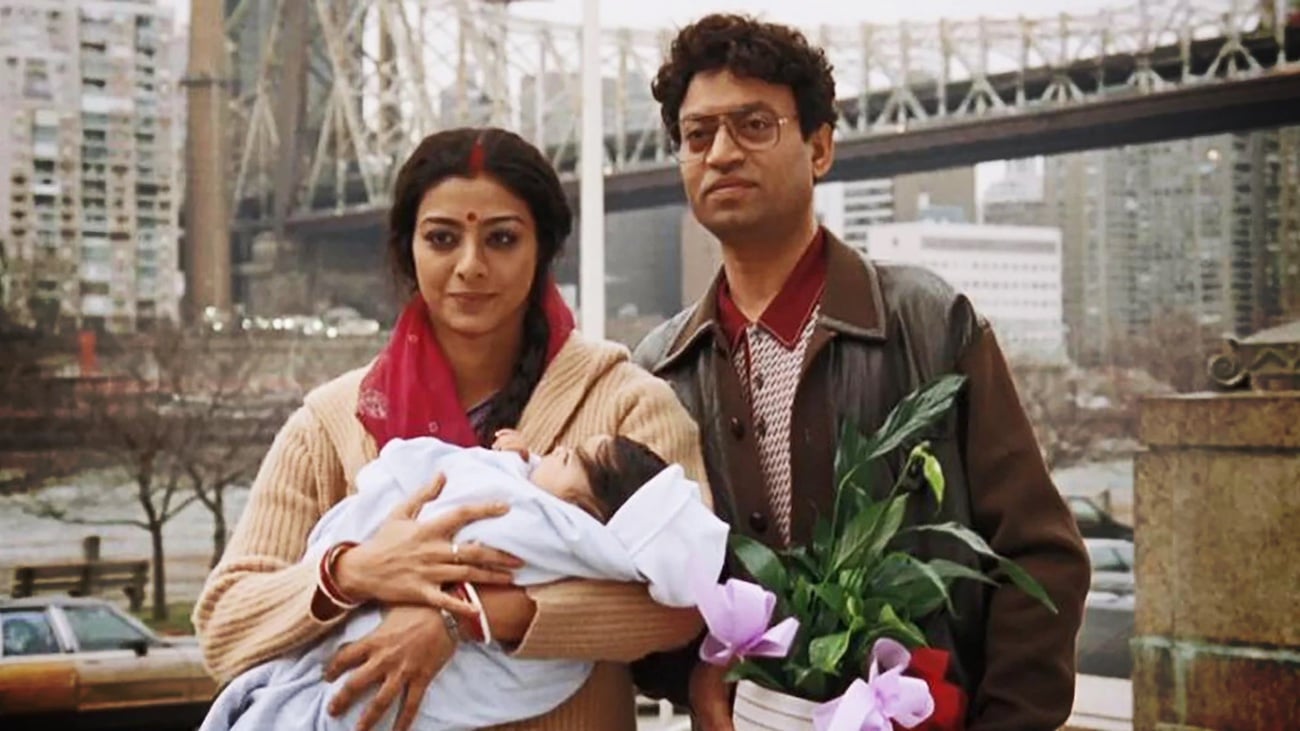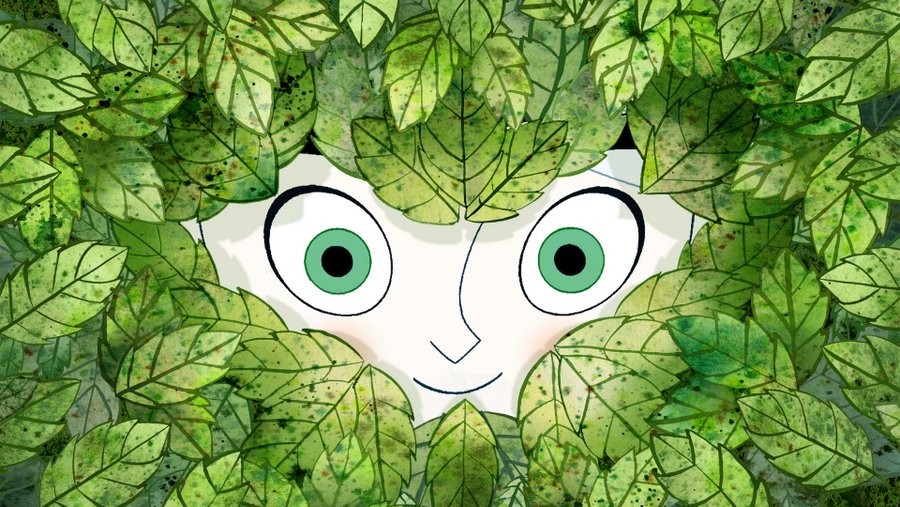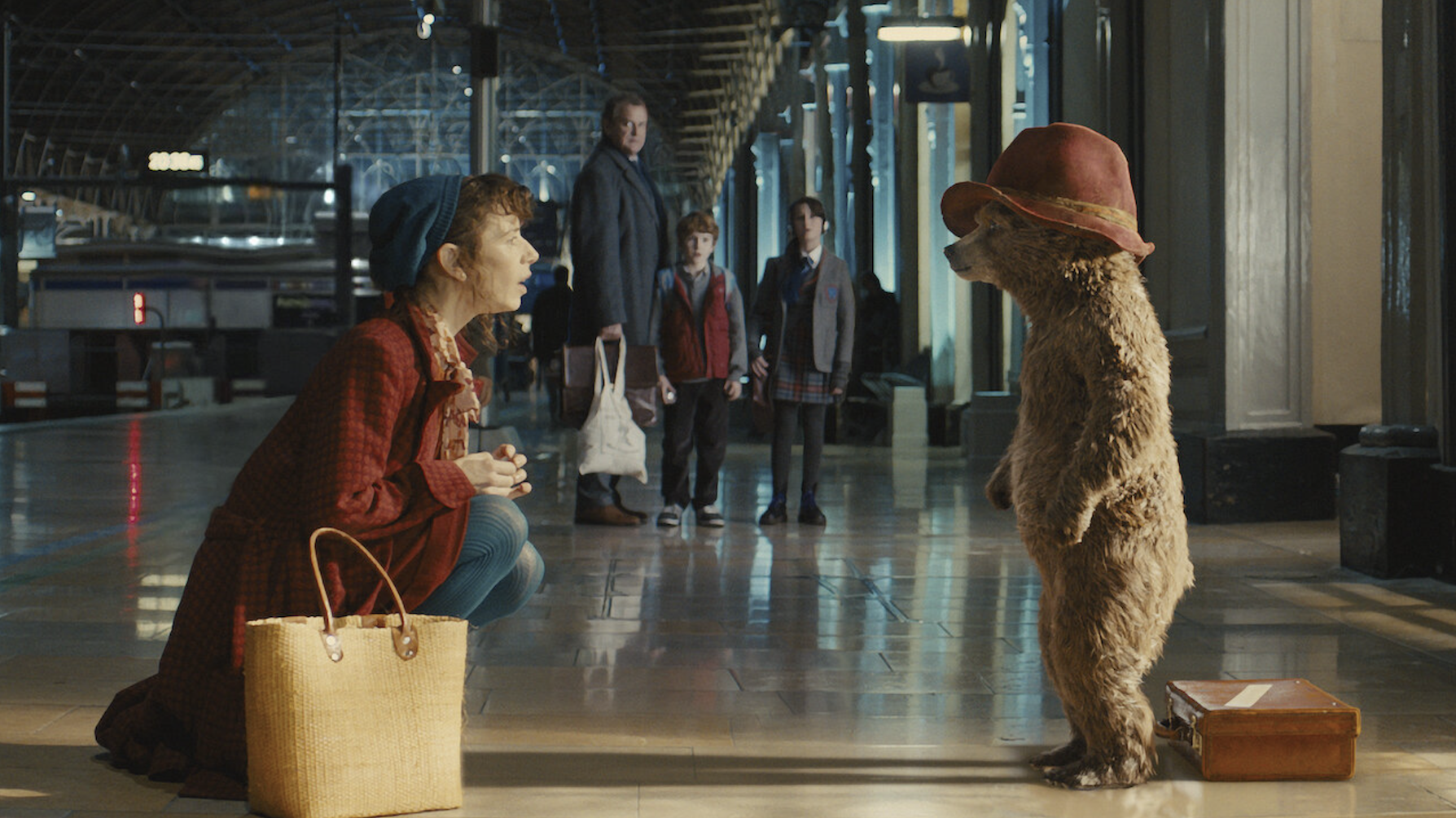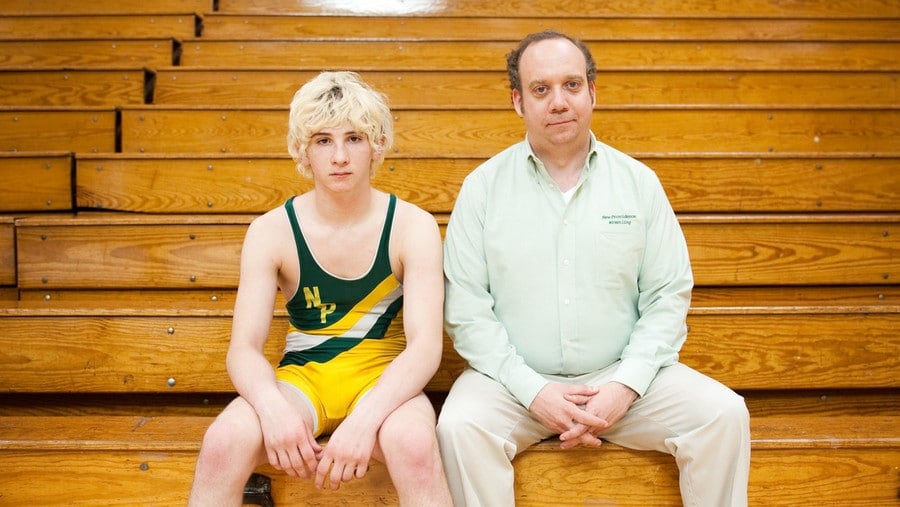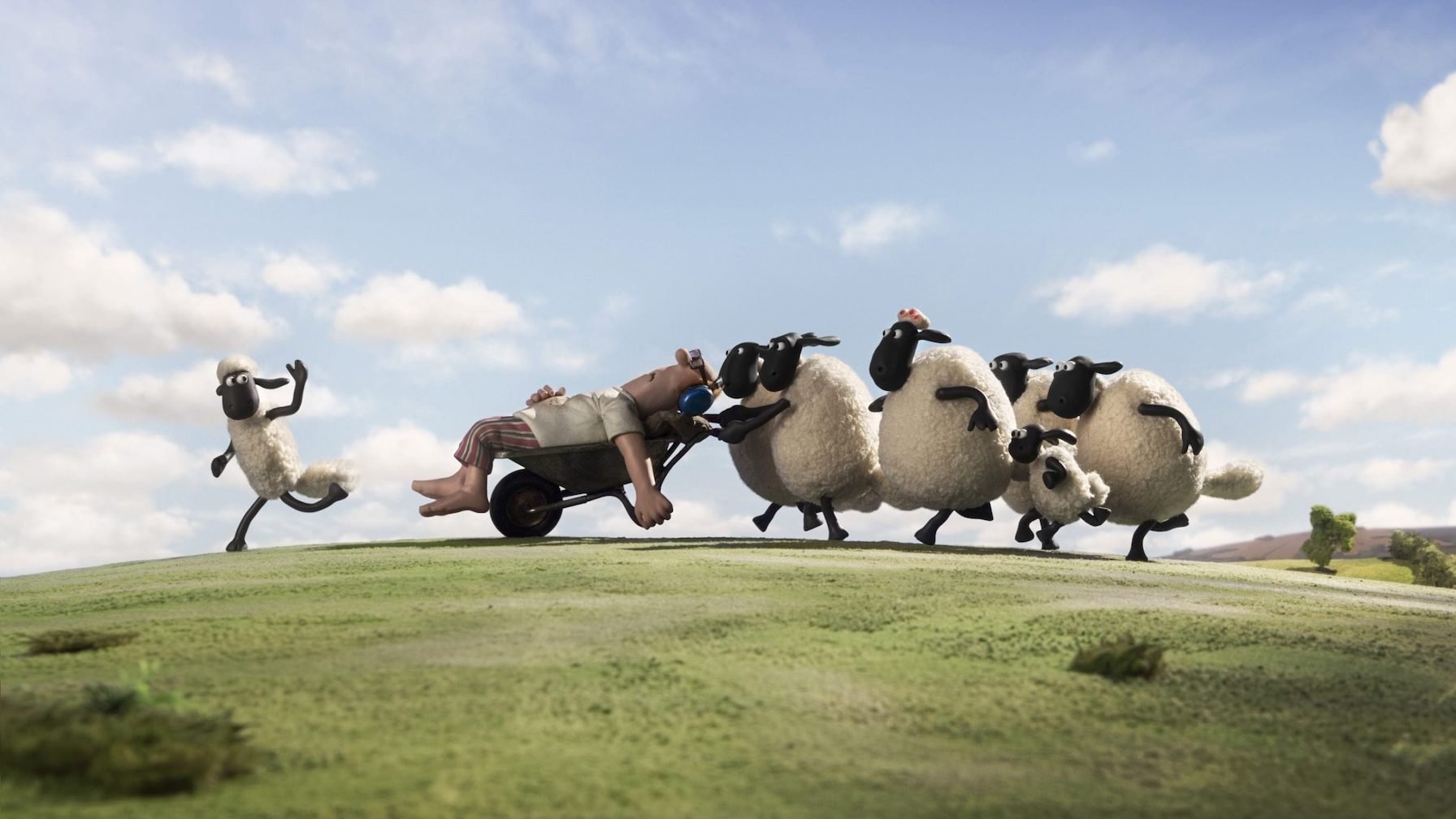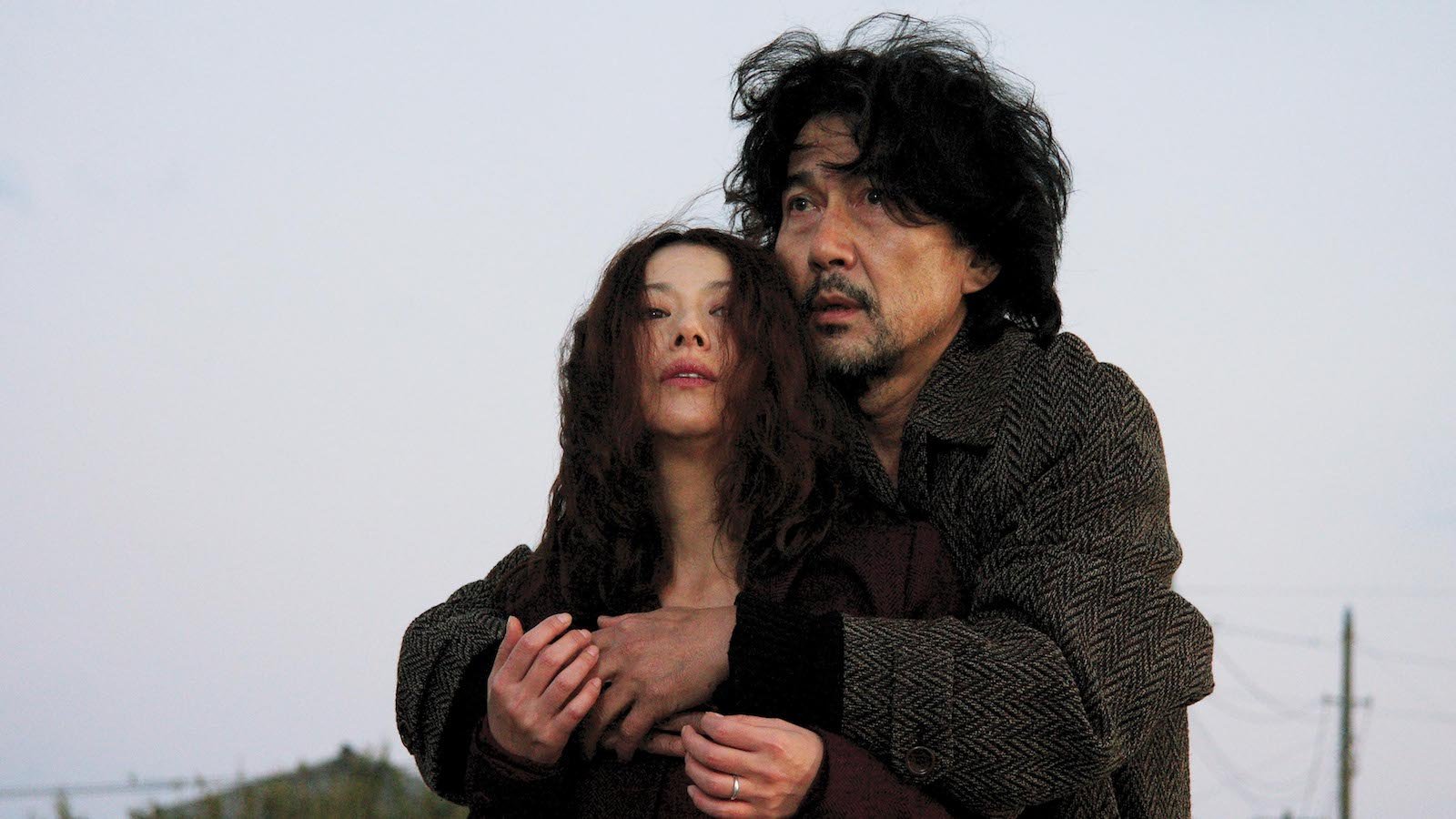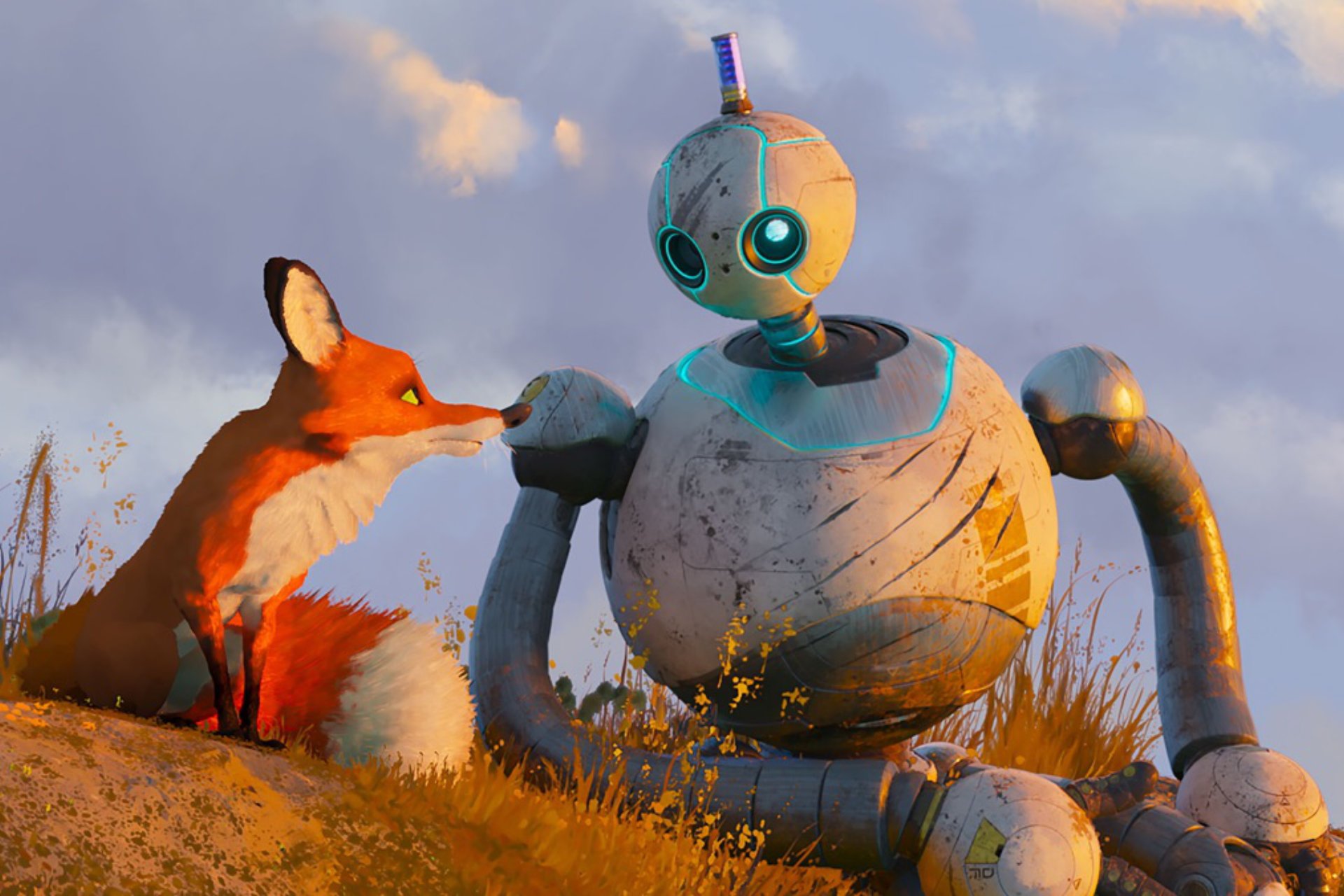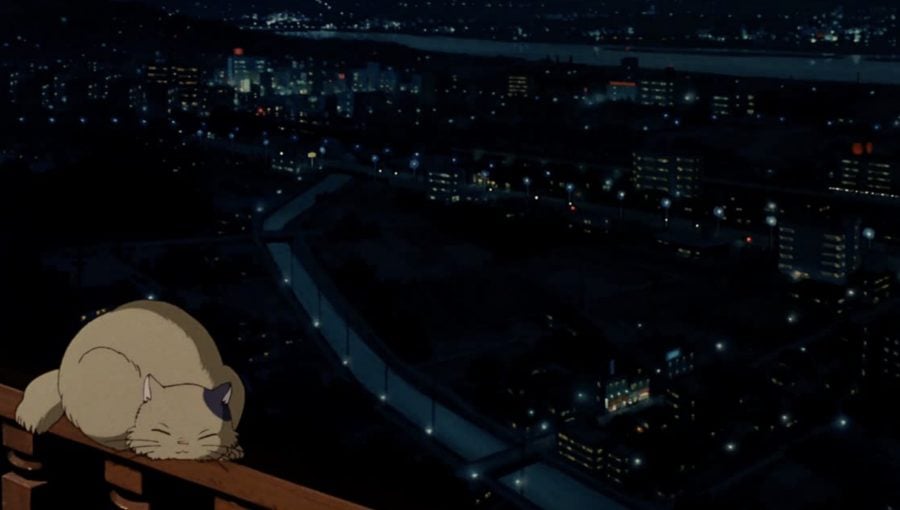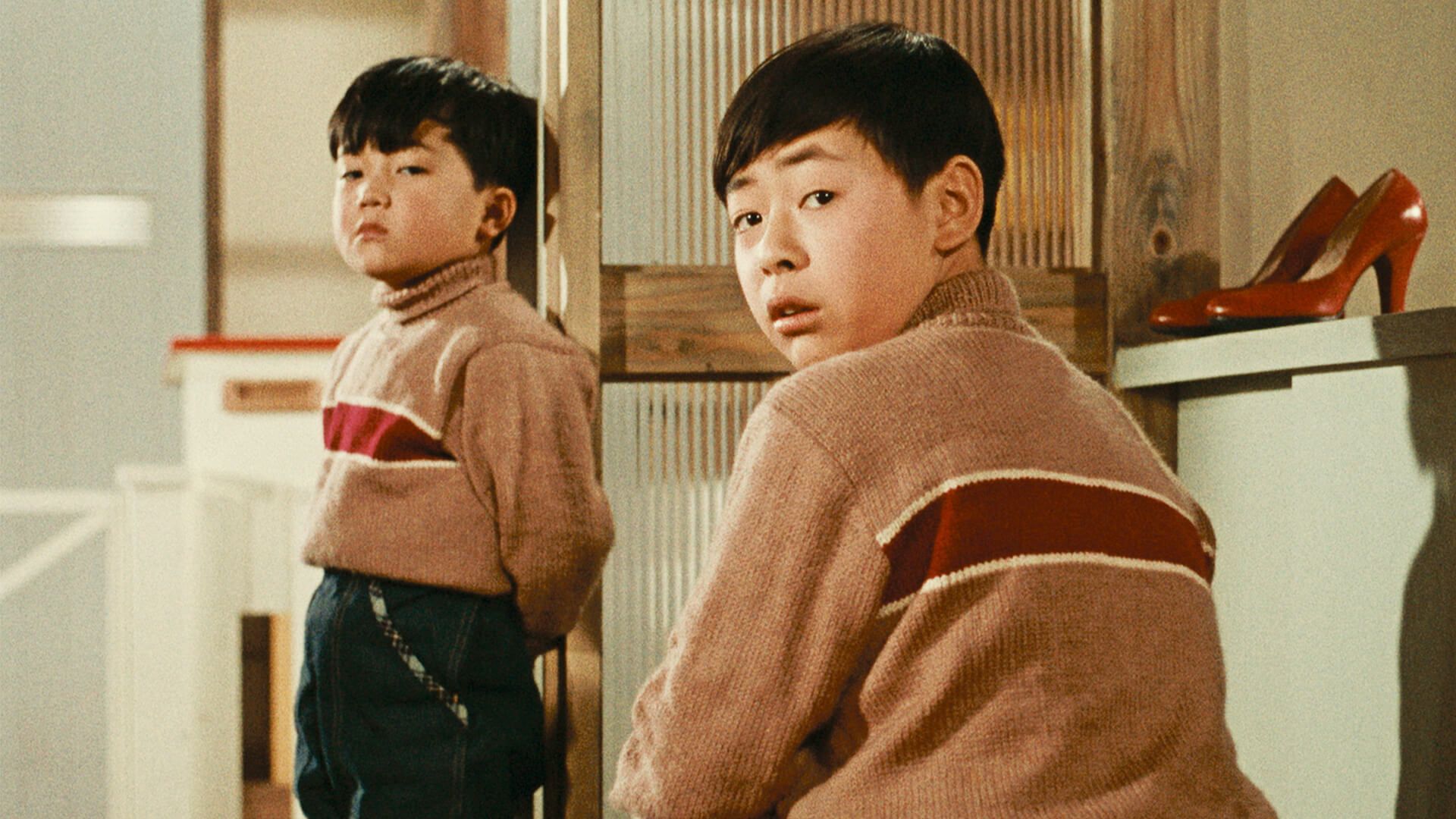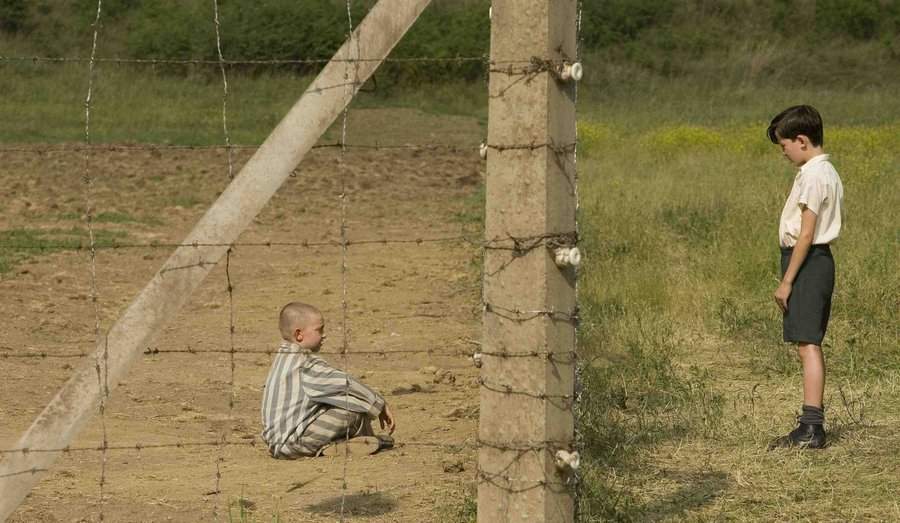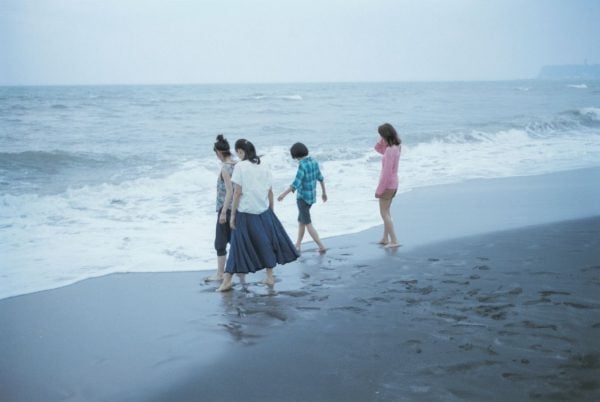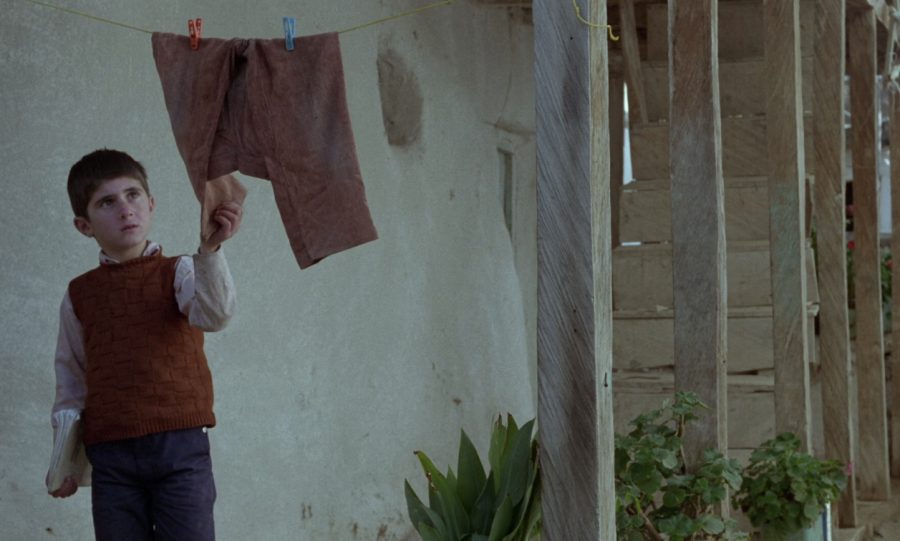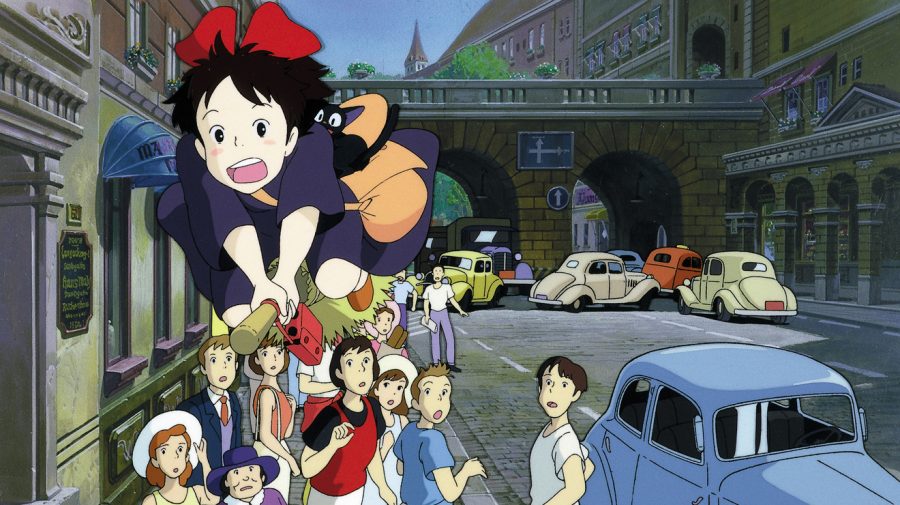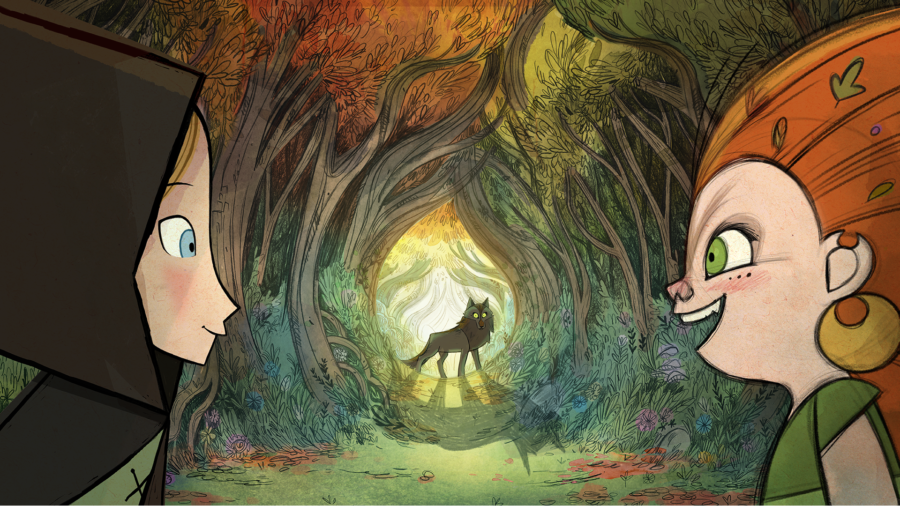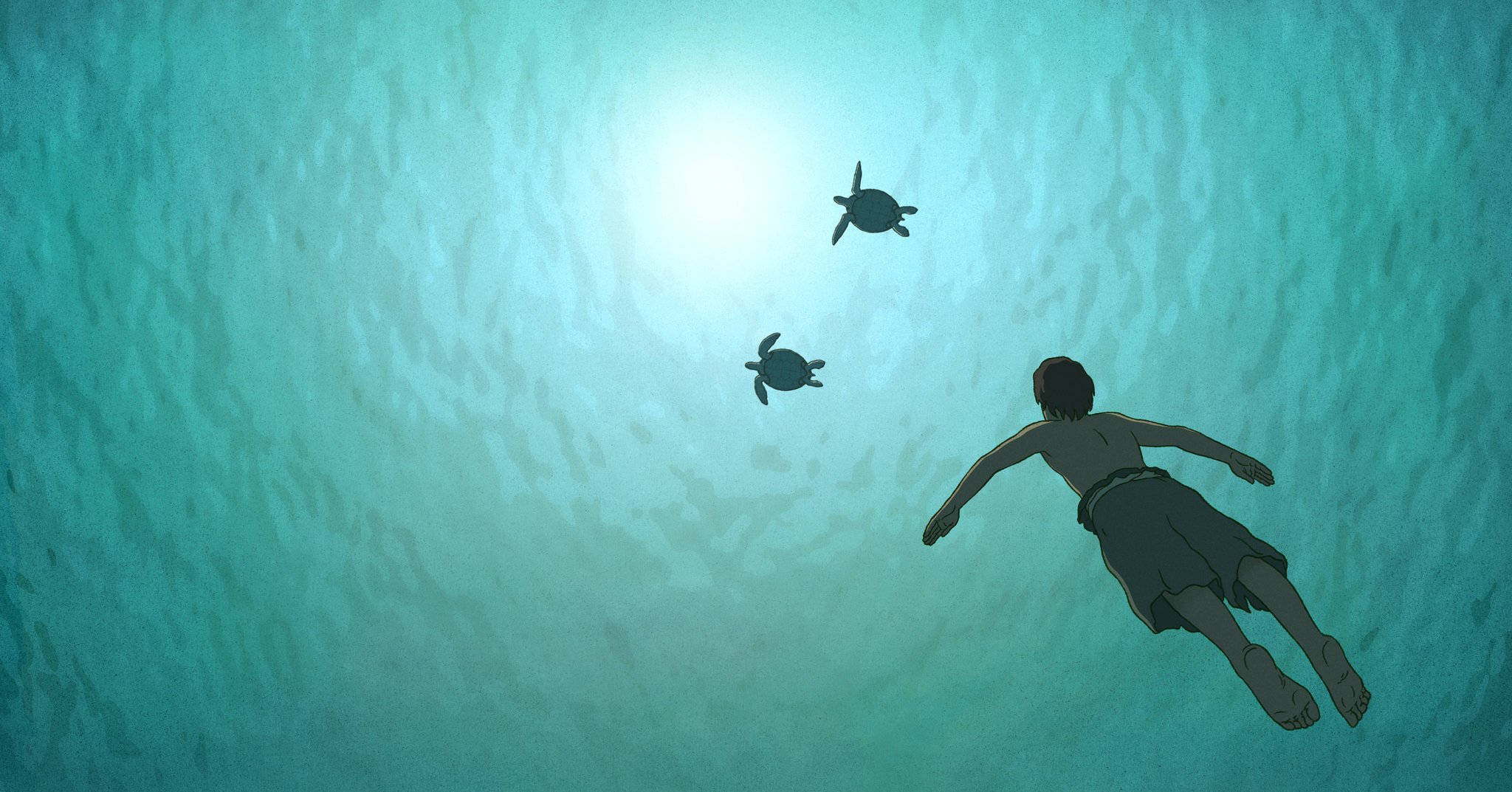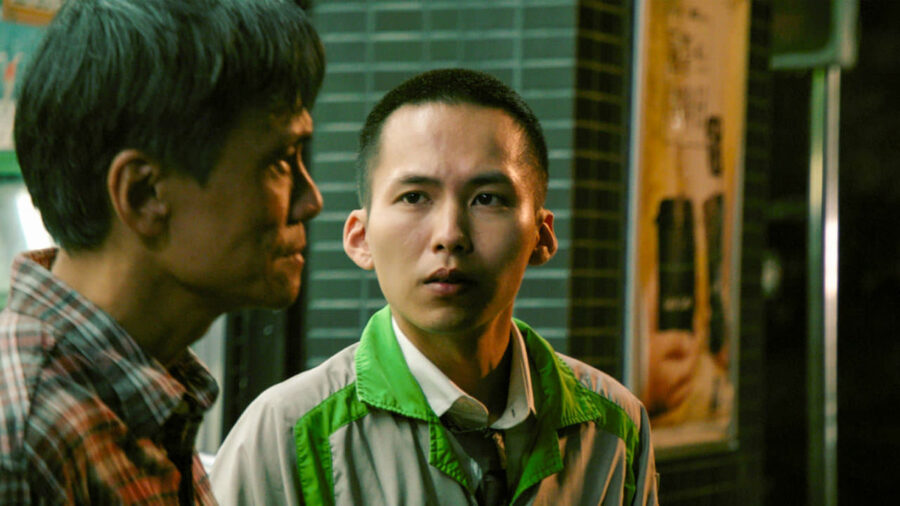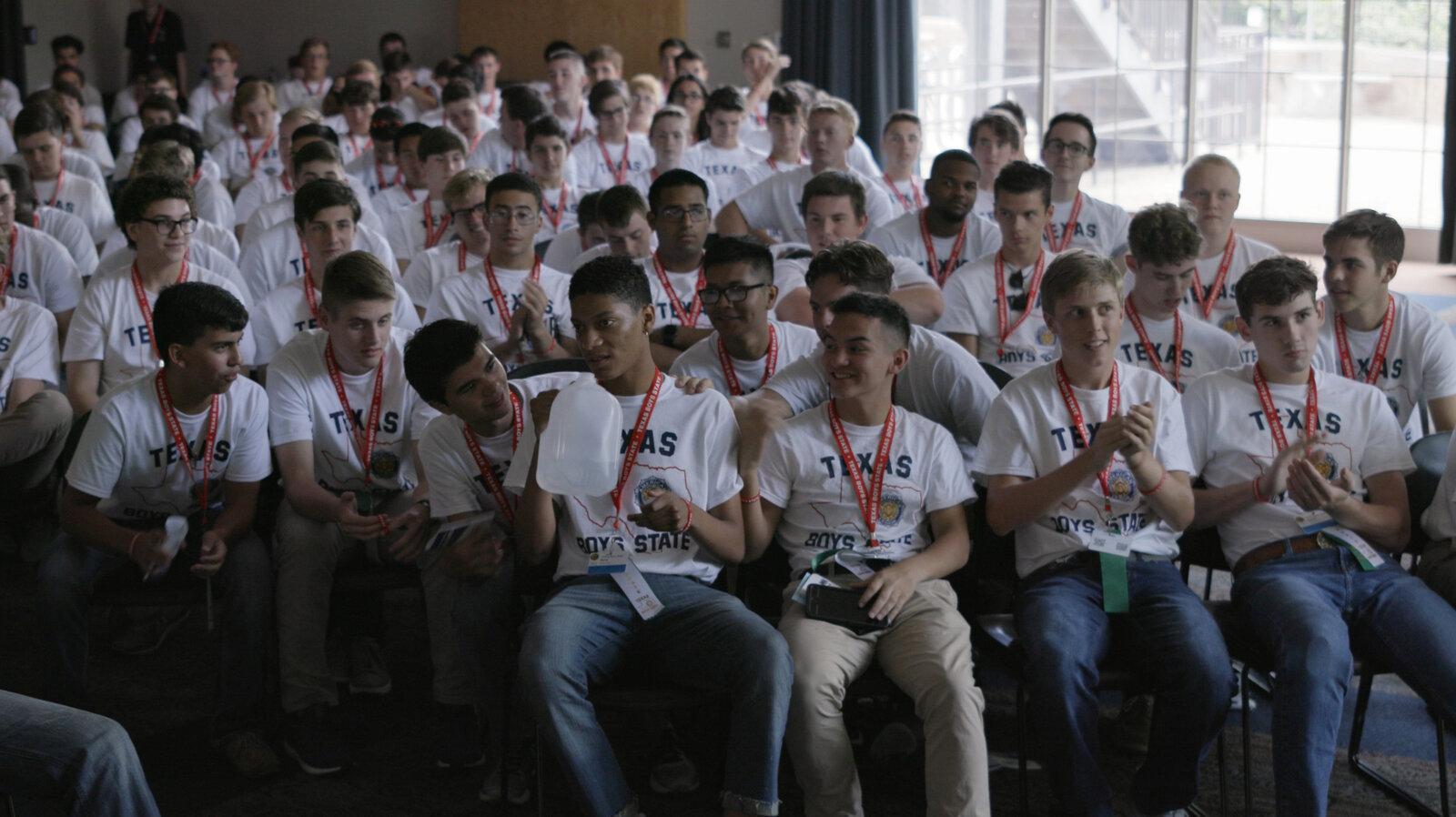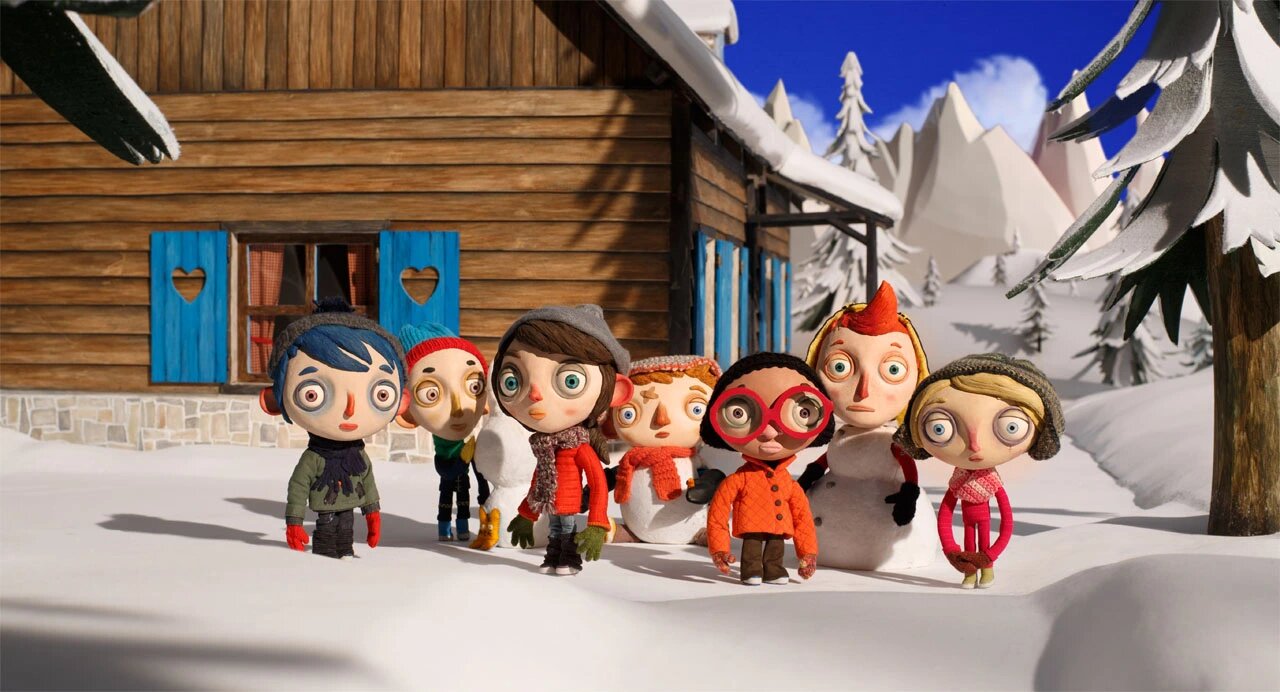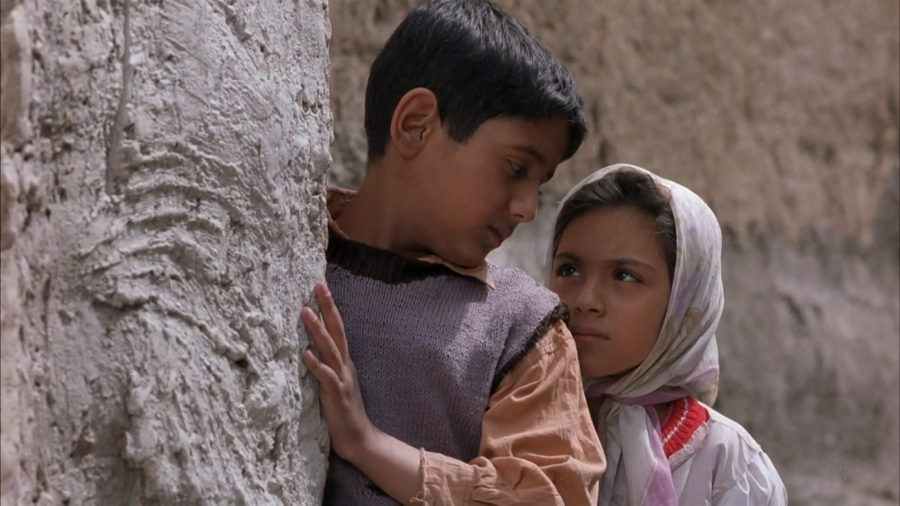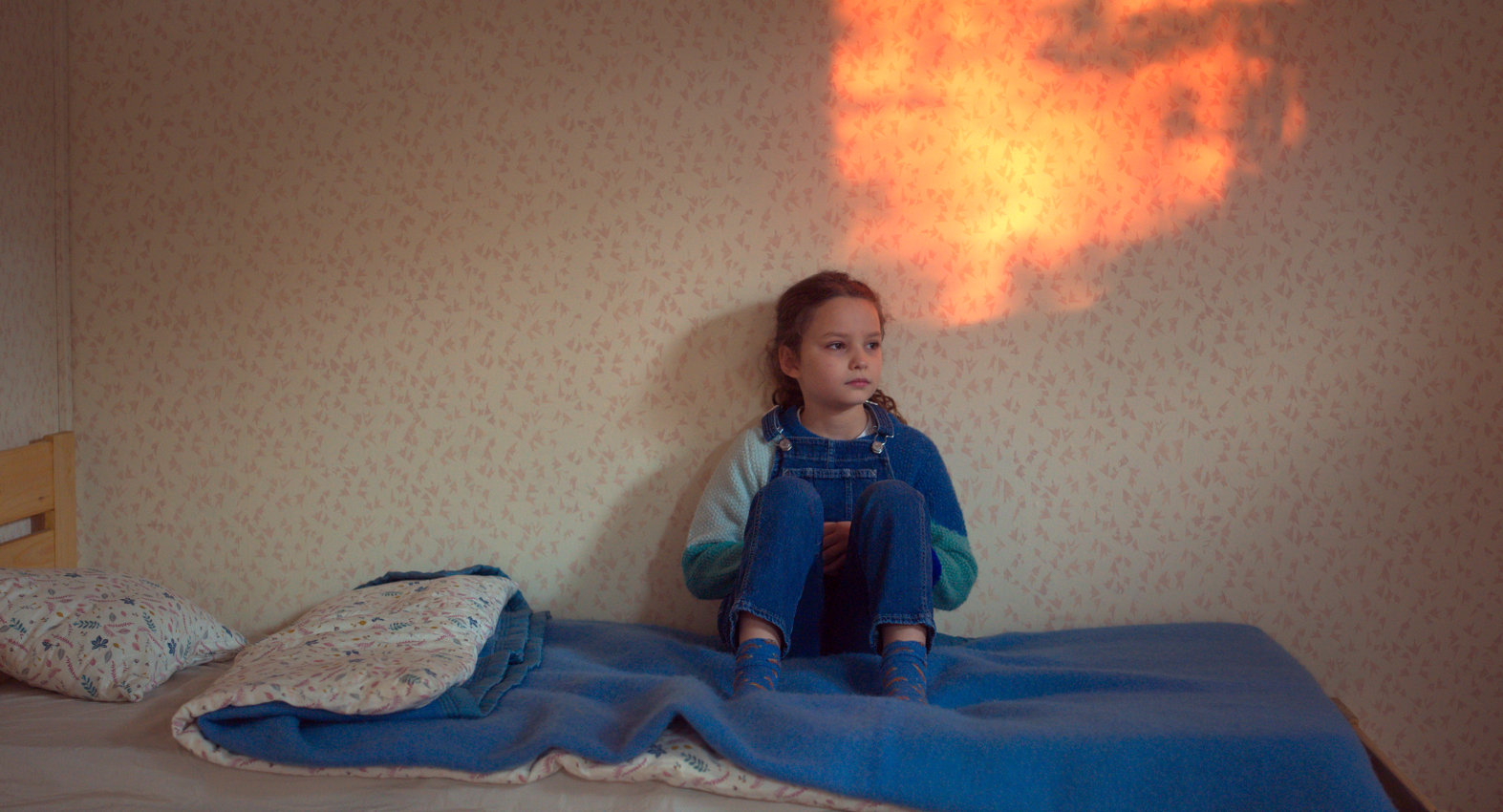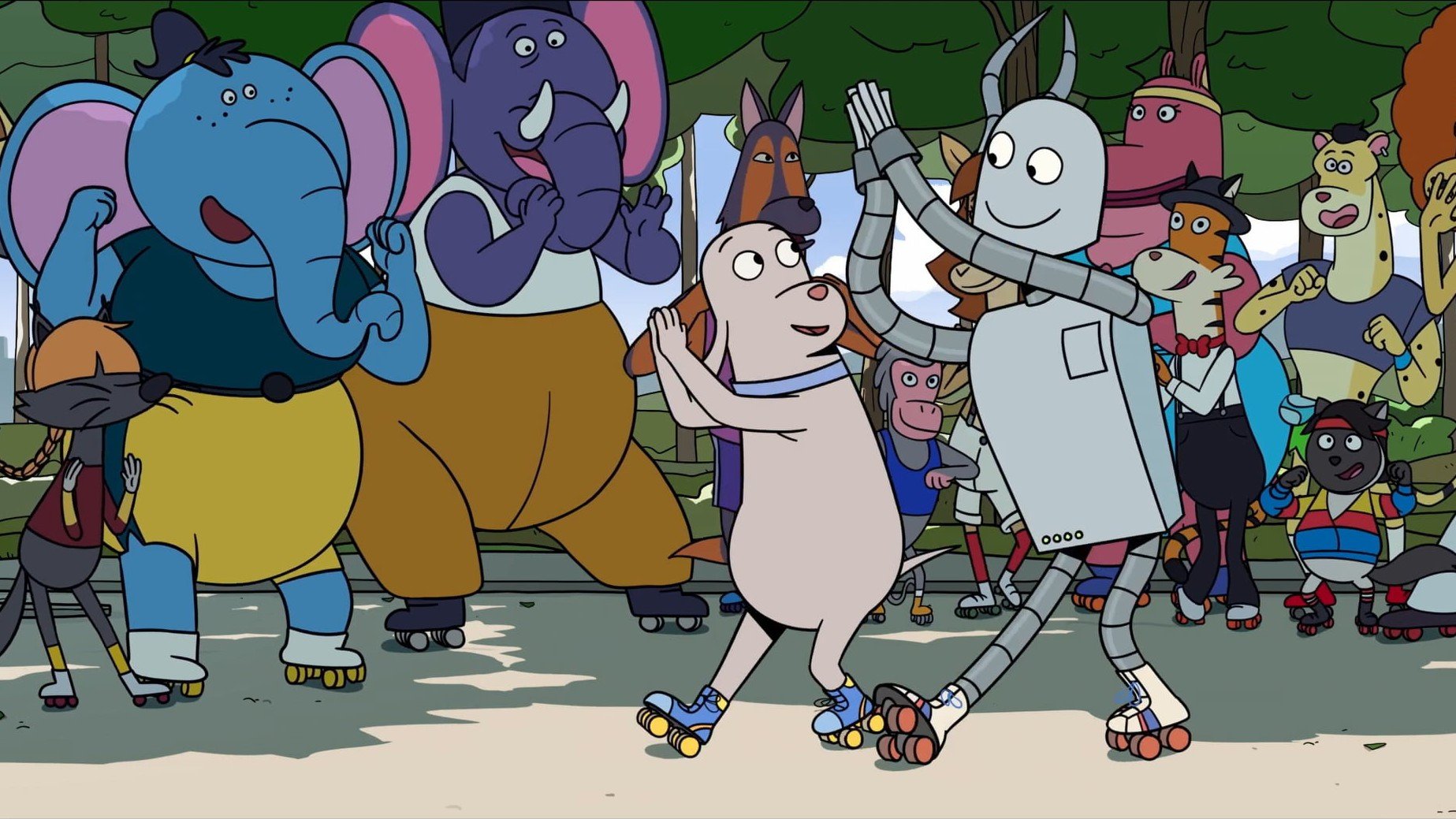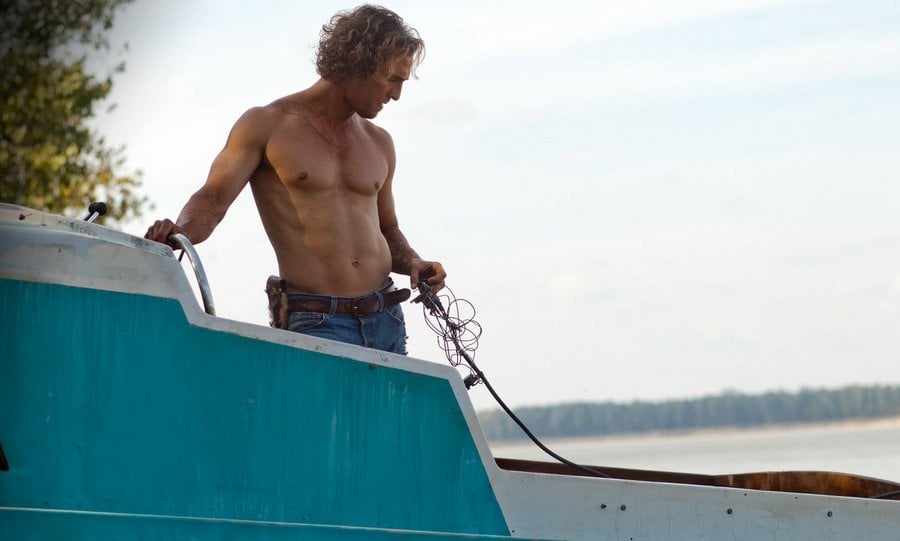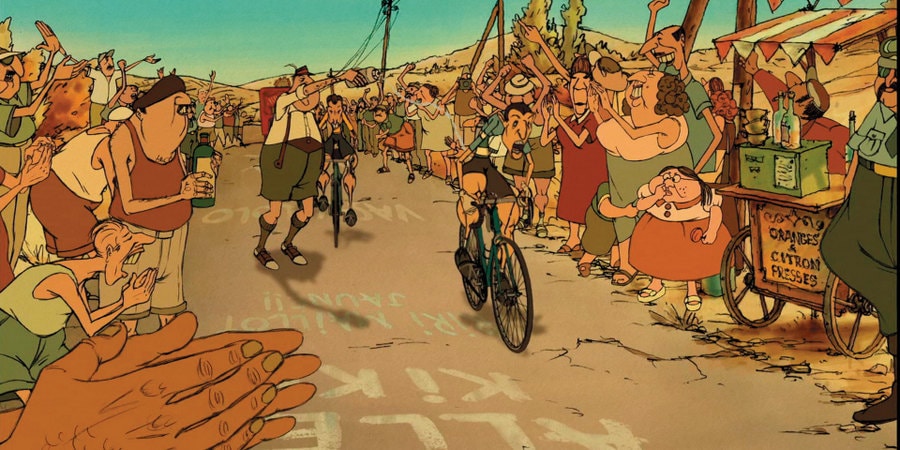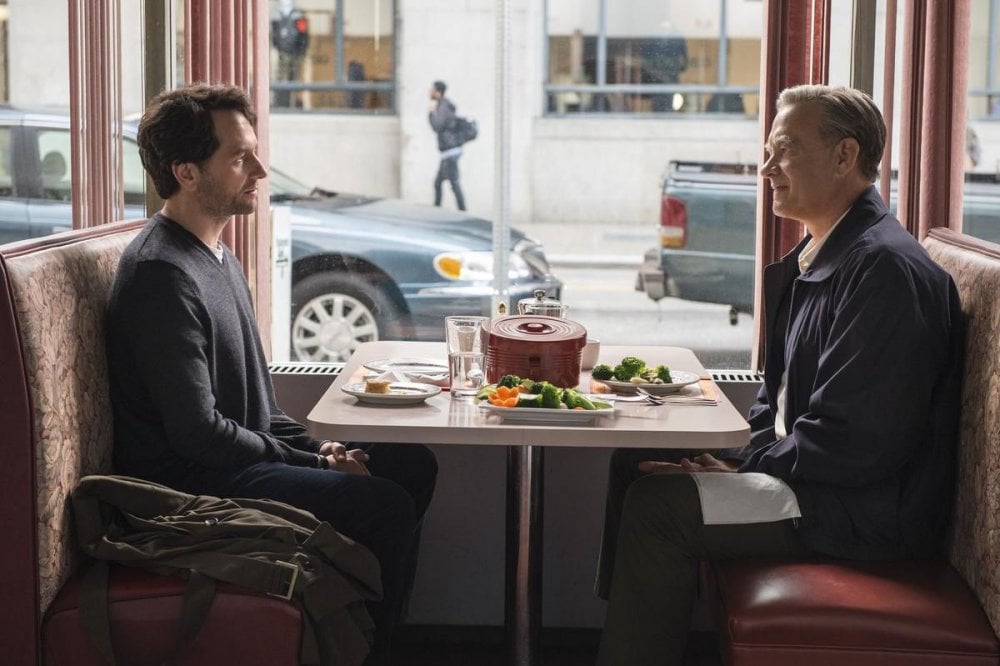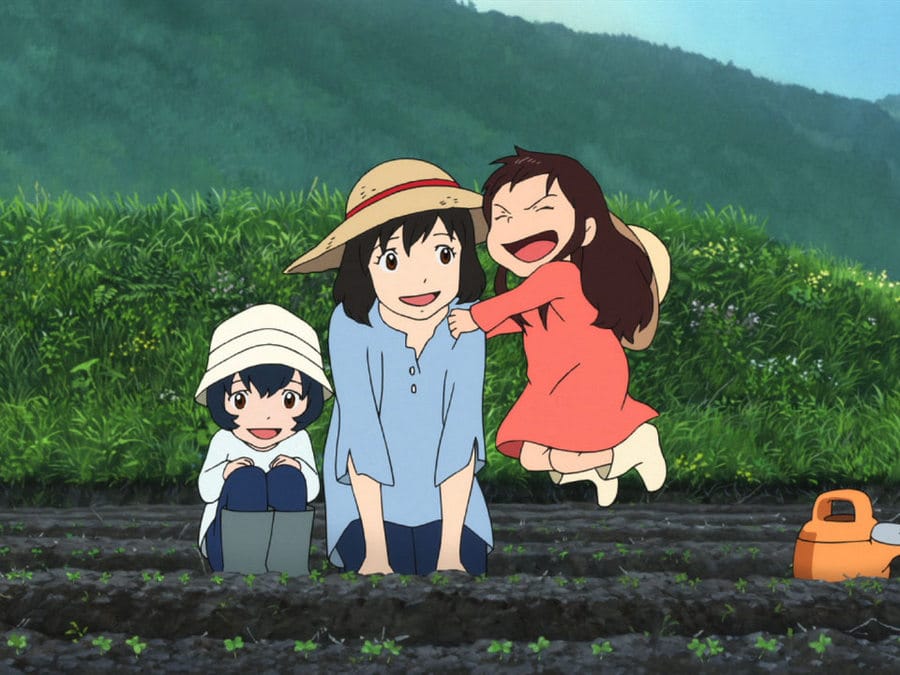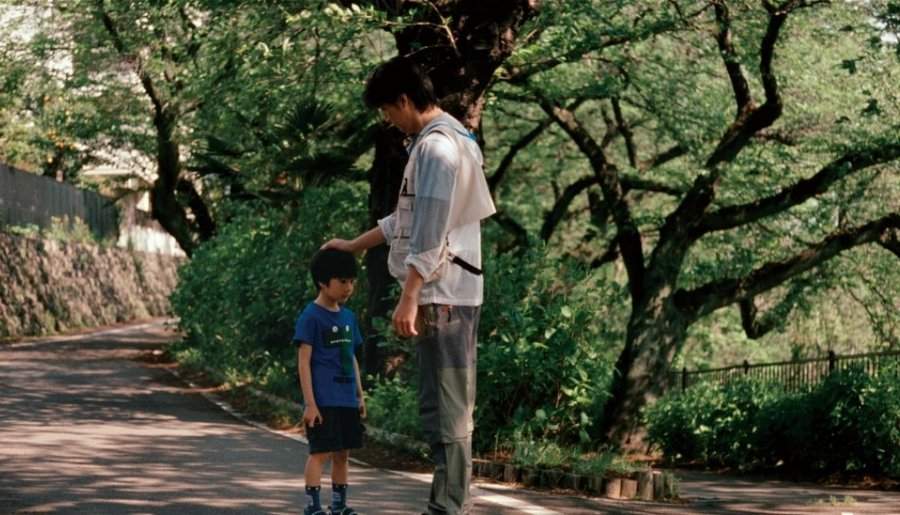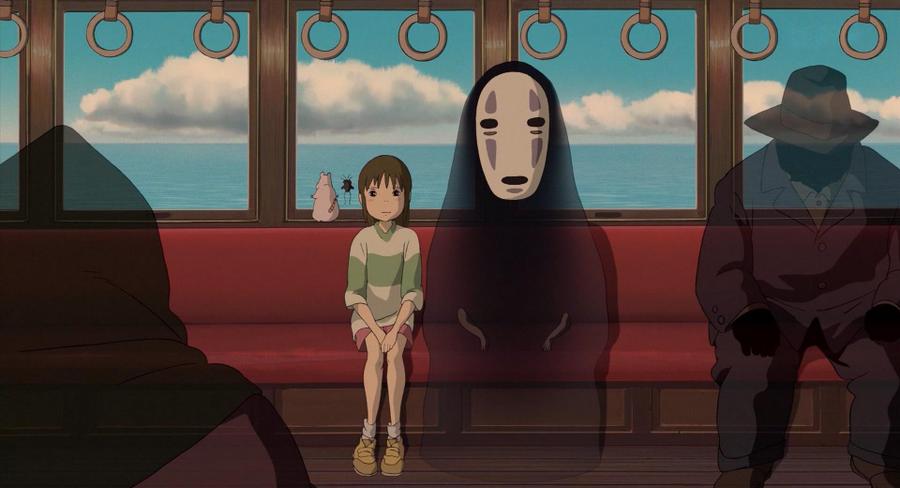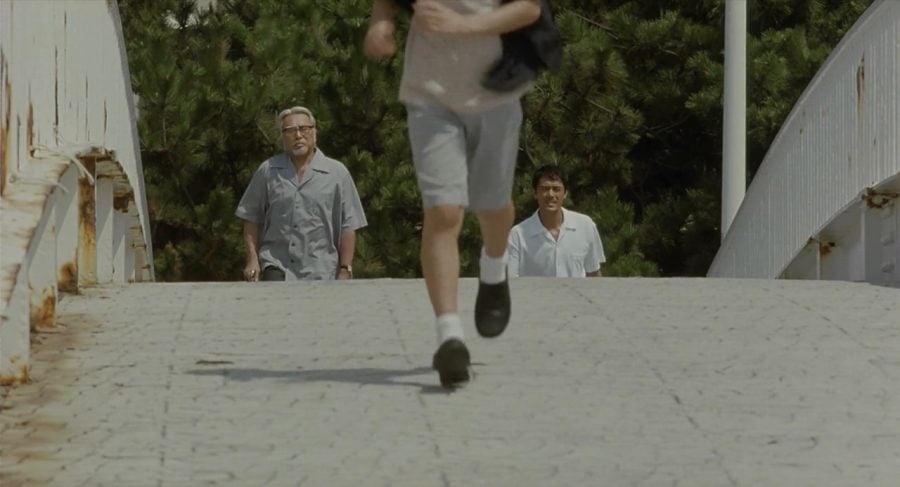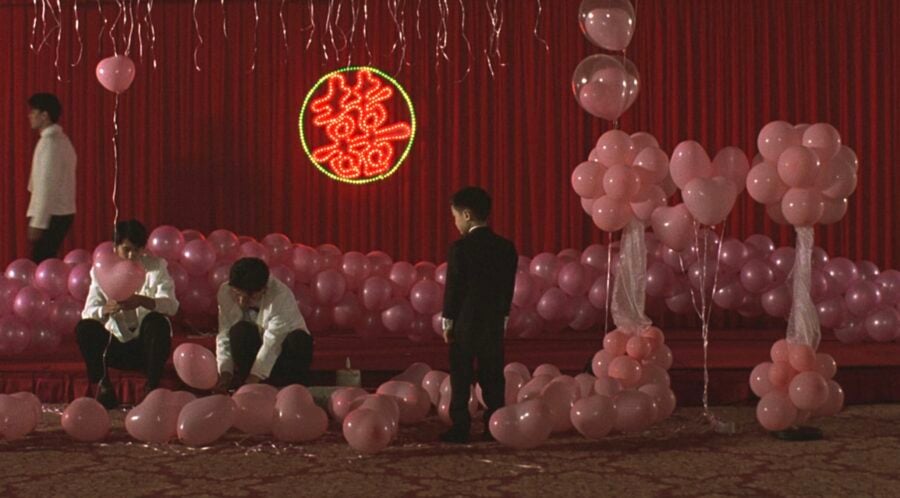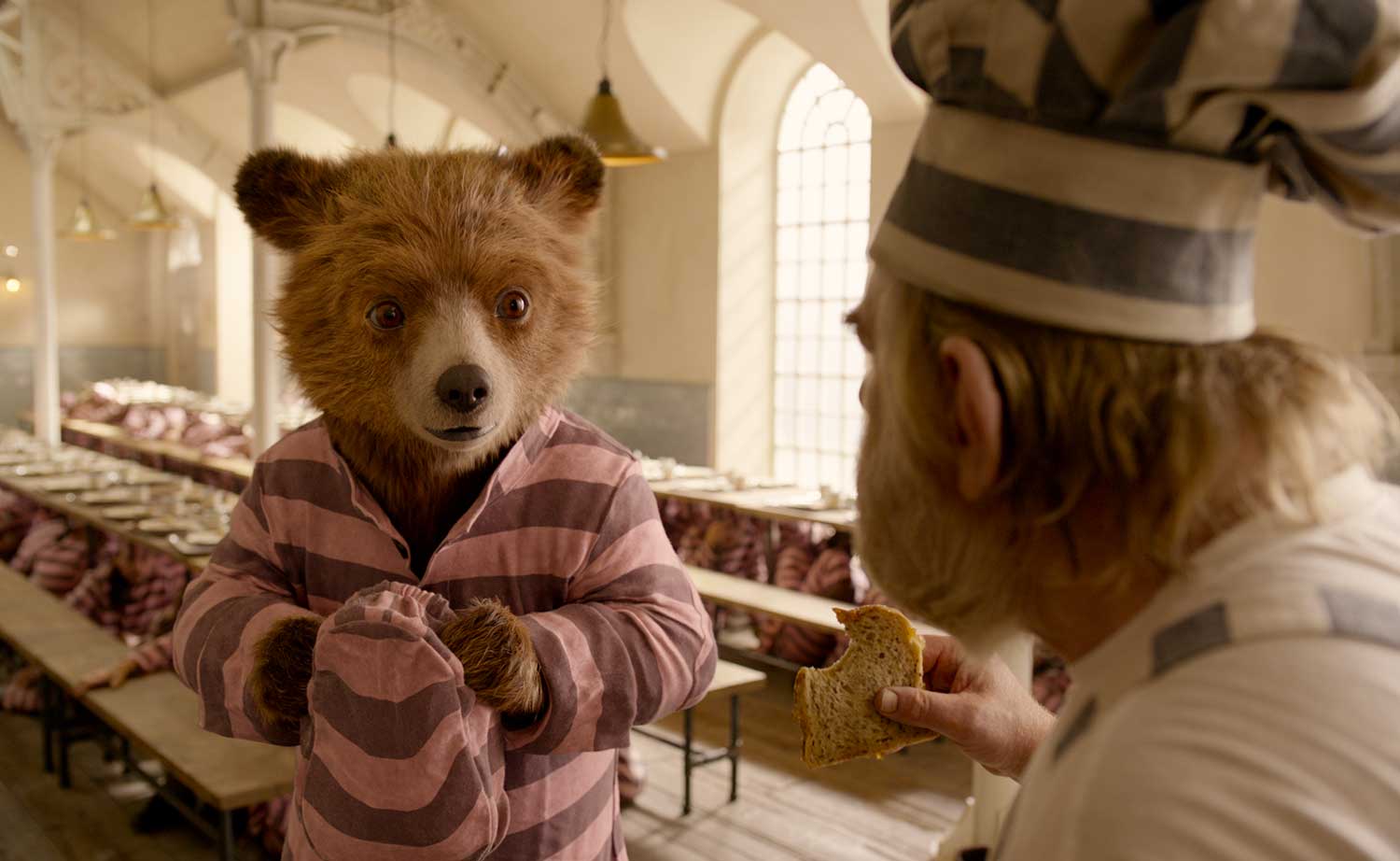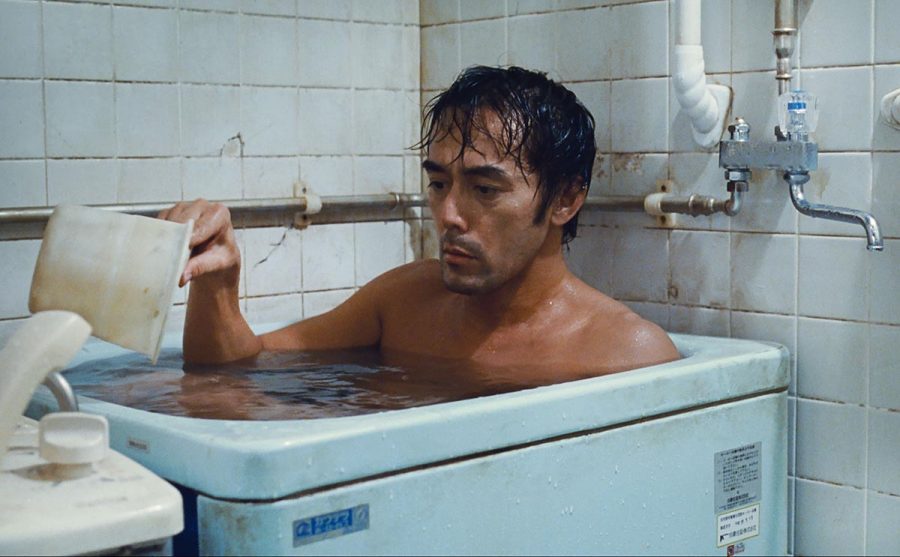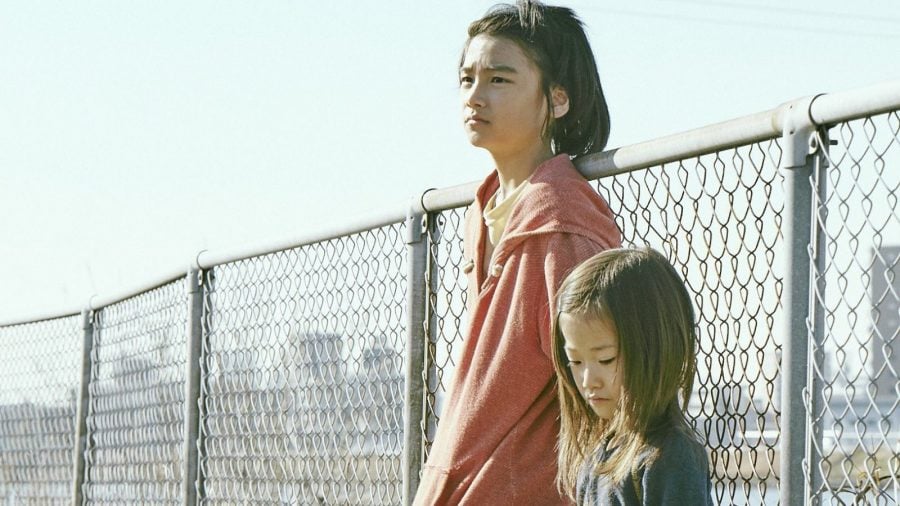75 Best Family Movies You Can Watch Right Now
Whether you’re looking for a movie to entertain the kids, a movie the whole family can enjoy, or even just a movie about that beautifully complex familial bond, we’ve got you covered. We combed through everything from classic animated films to heartwarming comedies to gut-wrenching dramas and compiled the very best of these you can stream right now. So gather everyone, pop some corn, and settle in for a night of the best family movies.
The Boy and the Beast is somewhat like the Jungle Book, except the jungle has Japanese supernatural creatures competing for deity status, and the human village nearby is the bustling district of Shibuya. But what makes the film different is the main relationship. As boy and beast learn to become apprentice and master, and eventually father and son, their dynamic shifts their lives permanently, transforming their flaws into the keys to the worlds they once felt excluded from. It’s a familiar conflict, but The Boy and the Beast depicts its coming-of-age adventure with beautiful animation, an impeccable score, and unabashed heart.
Within the fantasy of fairytales and folklore, there’s a hint of something true and human wrapped inside, passed down from generation to generation, translated for the imagination of children. The Secret of Roan Inish is inspired by selkie folklore– the seals that shed their skin to become human, though they still yearn for the sea– but writer-director John Sayles brilliantly compares this to the Coneelly’s yearning for their home, the home torn away from them due to the war, and the home that’s denied to them due to the impending eviction. It’s a lovely story, one partly told by stories handed down from grandparents, but it’s made much more beautiful by the way the grandchildren actively participate in getting their home back. The Secret of Roan Inish beautifully depicts the way kids can change a family’s fate when they get to learn more of their heritage.
Twinsters is a documentary about a young Asian American actress, Samantha Futerman (also co-director), who is contacted over the internet by a young French-Asian woman, Anaïs Bordier, who has been shown a video of Samantha on the internet — and cannot believe their remarkably similar physical appearance. After initial perplexity and uncertainty, Samantha and Anaïs are soon embroiled in excited correspondence and travel to meet one another in their respective countries — eventually confirming via DNA testing that they are in fact long-lost twin sisters given up for adoption 25 years earlier in South Korea. A remarkable true story with a wonderfully beating heart, Twinsters does a lovely job of not just spelling out the amazing story of the sisters’ unlikely connection, but also finding and exploring the growing love and affection between both the two girls, as well as their extended families and groups of friends. A truly touching and humanistic film-viewing experience.
There isn’t a single moment of unnecessarily exaggerated emotion or comedy in this French-Danish animated film, which may keep its world very small compared to its peers, but it portrays everything with arguably more depth and beauty. Long Way North moves with a stately pace, giving it more dramatic heft and allowing us to take in all of the film’s painterly surfaces and soft silhouettes. But it’s not just the art style that sets the film apart; it also avoids what we expect from a traditional adventure, keeping the most important character beats private and internal. This may make the movie feel a little more distant than it should be, but the feeling that it leaves you with is undeniable—a sense that everything is connected, and those who are lost will always find a way home.
A Korean police comedy built on a premise so dumb it’s brilliant: a group of bumbling cops who are so bad at their job that they accidentally start an amazing fried chicken restaurant while undercover. All of the suspense and excitement that should be going into their actual mission is spent on this new job that actually begins to give them coordination and a greater sense of purpose. There may not be much of a deeper meaning to be found here, but the characters are lovable enough—and the filmmaking sharp enough—to get you invested in their personal happiness, and to get you to appreciate how strong editing and performances can make even the smallest throwaway line spit-take hilarious.
One of Studio Ghibli’s overlooked gems, My Neighbors the Yamadas is a charming anthology film about a modern-day Japanese family. The film sets itself apart from other Ghibli films through its unique doodle-like watercolor animation and its short piano themes. While the vignettes may just depict regular family conflicts, the scenes still feel compelling due to the Yamadas’ imagination of the metaphors that they use. Exaggerating the metaphors keeps the audience breathless in certain strategic moments – most notably in the wedding day speech of the mother of the bride. While not as fantastical as Ghibli’s other offerings, the completely digital My Neighbors the Yamadas finds humor in and celebrates the mundane.
A beloved children’s story gets its umpteenth adaptation here, this time from the screenwriter of 2018’s Watership Down — who proves that it’s a story worth retelling. This version of The Velveteen Rabbit is mostly faithful to Margery Williams’ original 1920s-set tale, but it does pad the plot out with a backstory of sorts about the shy little boy at its center. We’re introduced to William on the last day he spends at his school before moving to another town; the filmmaking gently plays on memories of the scariness of that first-ever goodbye, starting us off on a tender melancholy note that sets the tone for the rest of the 45-minute-long seasonal special.
For his first Christmas in the family’s new house, William is given a cuddly toy bunny in which he finds the comfort and company he misses so acutely. If you had a beloved plaything as a child, chances are you wished they’d come alive with all the might that little you could conjure up — nostalgia that this adaptation taps right into when the rabbit comes to life via mixed animated styles. The sincere emotion of the duo’s commitment to each other — involving sickness and self-sacrifice — is thus difficult to resist, no matter how grown up you are.
While it might not be the most inspired story featuring the titular caped crusader—nor is it a particularly Christmas-y tale—Merry Little Batman still stands out just for how bright and warm its versions of these characters are. In this Gotham, crime is literally pushed aside for once, and that odd sense of holiday isolation takes over for the heroes and villains of the city. It’s all pretty silly when you give it more thought, but the film wholeheartedly embraces its tone, resulting in a Home Alone-esque adventure that moves briskly and is loaded with great visual gags and throwaways zingers. It could stand to have a more substantial emotional center, but for what it is, this is consistently entertaining holiday viewing for all ages.
October Sky doesn’t tread new ground—in fact, you’ll be forgiven for rolling your eyes at a couple of cliches, including the classic “Those are your dreams, dad, not mine!” moments—but it’s so unassuming and well-made that it’s hard not to get drawn in by its many charms. There’s Gyllenhaal’s breakthrough performance for one, and the small town coming together to help each other out for another. Perhaps because the film is based on Homer Hickman’s true story, it also feels more specific and lived in than most period pieces. And it smartly avoids villainizing young Hickam’s adversaries so that they feel more real and nuanced, as opposed to the other far-fetched parts of the film. Sure, the overuse of sweeping music can feel cloying at times, but stellar performances across the board and confident direction overall make it a heartwarming, inspiring winner.
Crushes seem much more important when you’re young, and when you and your sibling share one, it easily alters your dynamic, with the jealousy, comparison, and the insecurity it can foster. The Man in the Moon tackles this childhood crush with care. Writer Jenny Wingfield and director Robert Mulligan characterize each kid with consideration befitting their ages, with an understanding of the different priorities they would have with a three year age gap, the feelings they would have, and the misunderstandings they would have with each other. And this all works because of Reese Witherspoon, who even then held a screen presence that made her into a star.
While not containing the most famous cartoon mouse, The Secret of NIMH nonetheless is a childhood classic about mice for kids from the 80s, launching the animation studio Don Bluth Productions to rival Disney. As such, the film takes a departure from the usual kid’s cartoon standards, taking less time in musical spectacle, and more time in stylistic art to express emotion, as well as take on a more complex plot about a mice family with more personal stakes. It’s what makes The Secret of NIMH an underrated classic that deserves a rewatch for those who have watched it in their childhood.
5 Centimeters per Second is a quiet, beautiful anime about the life of a boy called Takaki, told in three acts over the span of seventeen years. The movie explores the experience and thrill of having a first love, as well as being someone else’s. In depicting how delicate it is to hold special feelings towards another, director Makoto Shinkai also perfectly captures how cruel the passing of time can be for someone in love. While the early stage of the movie maintains a dreamy mood, as the stories develop we become thrust back into reality, where it is not quite possible to own that which we want the most. All things considered, 5 Centimeters per Second is a story about cherishing others, accepting reality, and letting people go.
This sensitive and elegantly crafted melodrama recognizes that a death in the family doesn’t have to lead to the same expressions of mourning we expect from movies; there might not be any real sadness at all. But when different family members come together again and bring their own personal conflicts with them, suddenly everyone else’s little griefs fill the space, and the road to recovery becomes even messier. Little Big Women understands all this with an understated touch and brilliant, naturalistic performances from its cast. It makes for a loving tribute to the generations of tough and complicated women who often hold a family together.
If you enjoy wondering aloud to yourself how filmmakers were able to make a movie at all, 1988’s almost wordless tale of two bears trying to survive the Canadian mountains was somehow shot with real, expressive bear “actors,” despite the film being a work of fiction. A cross between a stunningly photographed nature documentary and a brutal folktale, The Bear gets right to the uncompromising conditions out in the wild, where human beings are portrayed as just as savage—and just as merciful—as the beasts they hunt. Clever editing and Jean-Jacques Annaud’s directorial vision hide all the seams in the movie’s magic tricks, allowing us to fall in love quickly with these majestic bears and the all-too-human emotions they seem to be expressing.
Just like with his mentor and contemporary, Fred Rogers, there are no dark secrets to Ernest Coombs’ earnest belief in giving children the space to be gentle and creative. Even with relatively little “drama” throughout the life of the man called Mr. Dressup, it’s still profoundly moving to see him put in the work to make the world a kinder place. Director Robert McCallum keeps this documentary exactly as straightforward as it needs to be, moving through Coombs’s life with total reverence but plenty of modesty—making sure not to inflate the idea of Mr. Dressup into something Coombs himself would have disagreed with.
In its act of honoring this person with an everyman personality and a trunk full of quaint costumes, the film also serves as a tribute to low budget educational television. Working within a very small studio, with simple puppets and no strict script to follow, Coombs and his friends found any way possible to stick to their original idea of teaching very young kids that being kind and communicating one’s feelings clearly were the best things one could achieve. Behind Mr. Dressup’s softness is a remarkable work ethic, a deep respect for children, and a commitment to thoughtful, universal values.
When your dad is single, and he isn’t in a relationship with someone else, naturally, a kid would wonder about their real biological mother. Hi Nanna is a take on this familiar tale, though Shouryuv’s directorial debut makes it feel brand new by telling the love story in a way a father would tell his daughter– mindful of the audience, so slightly embellished, but no less sweet. By doing so, it makes the viewers yearn for the lost love before raising our hopes and revealing the possibility of getting it back, especially with the natural chemistry of Nani and the striking Mrunal Thakur.
The story that Whale Rider tells is a familiar one: that of a young girl challenging the expectations of a patriarchal community in order to claim her rightful place in a position of authority. But this isn’t a superficial girl-power movie; writer/director Niki Caro maintains the utmost reverence for this Māori community, even if its customs might not appear fair to an outsider’s point of view. It’s a film full of realistically flawed people, whose struggles are all borne from a common love for their culture in their little corner of the world. What could have been generic and simplistic is made beautiful—especially thanks to a truly moving performance from Keisha Castle-Hughes, who at the time became the youngest nominee for the Best Actress Oscar.
Your Name Engraved Herein is a melancholy and emotional film set in 1987 just as martial law ends in Taiwan. The film explores the relationship between Jia-han and Birdy, two boys in a Catholic school who are in a romantic relationship. The movie tackles homophobia and social stigma in society which evokes a bleak and rather depressing atmosphere, emphasised by the movie’s earthy aesthetic. There is a rawness in the film’s narrative and dialogue, topped off by the lead actors’ successfully raw performances. Your Name Engraved Herein is tender as well as heartbreaking, occasionally depicting the joy of youth.
I think it’s safe to say you’ve never seen a Pinocchio adaptation quite like Guillermo del Toro’s Pinocchio. It still largely stays true to the source material, which is to stay it’s still about a father grappling with the loss of his son and a boy figuring out where he figures in the world. But the movie departs from it in significant ways too. Instead of a fairy tale setting, for instance, this Pinocchio has 1930s fascist Italy as its background, lending the film a realism and historicism that weren’t there before.
Stars Ewan McGregor, Christoph Waltz, Tilda Swinton, and newcomer Gregory Mann lend their voice in this tender and stellar stop-motion animated movie.
Similar in spirit and in subject matter to the Oscar-winning documentary 20 Feet from Stardom, The Wrecking Crew pulls back the curtain on the recording of many of the greatest American songs of the 1960s and ’70s: that a single group of unassuming session musicians were responsible for bringing out the sound in these tracks. The film is a treasure trove for musicians and music fans, making you hear certain instrumental nuances in a different light and deepening your perception of music between what was written and what was recorded. Then inevitably and tragically, the realization sets in that few—if any—of these musicians have received the recognition they truly deserve, as essential but unfairly small parts of a music industry ecosystem that often cares more about image and entertainment than musicianship.
With cardboard houses, sugar winters, and broccoli trees, No Dogs or Italians Allowed at first seems lighthearted, playful, and not too serious. Alain Ughetto casts himself asking his grandmother Cesira about his family, but we only see his hands moving and interacting with the characters as if he was crafting clay model miniatures. However, the whimsical approach sugarcoats the very tragedies that struck his family– from the multiple wars to the discrimination they’ve faced as immigrants– with excellent animation and puppetry that feels much more lifelike than 3D CGI. In telling his family’s story, Ughetto also retells 20th century European history, reframing the worldwide events and movements through a personal perspective.
Making a video for a concept album isn’t particularly new, but you’d be hard pressed to find a feature as whimsical as Harry Nilsson’s The Point. Framed as a fable a father tells his son, The Point takes Nilsson’s psychedelic soundtrack to score a pun-filled fairytale with a seemingly on-the-nose moral, but the combination proves to be charming, as Oblio’s journey unfolds in children’s storybook scrawling and watercolor fills, and expands past the obvious message about acceptance into interesting, if a bit rambling, forays about meaning, power, and community. The Point! is quite obvious, but the film reaches it through surprisingly simple genius.
This forgotten gem is the perfect family movie. It stars Michael Caine and Robert Duvall as the two eccentric uncles of Walter, a shy city kid (played by Haley Joel Osment). When Walter moves in with his uncles in rural Texas, he first has a hard time adjusting to his new surroundings. However his routine is changed after he starts hearing local gossip about his uncles, and reminiscence spurs in all three an incredible eagerness for adventure. Secondhand Lions has gathered impressive cult following in the past few years, and rightfully so. Its fast-paced, entertaining yet substantial storyline shines a light on the amazing performances by the cast, and offers a surprising mix of funny, heartwarming and sad. Look out for the flashback scenes.
At the height of the 1997 Asian financial crisis, a small Singaporean family scrambles to keep their middle-class status afloat. The parents shave their expenses and work extra-long hours, but their busyness causes them to neglect their misbehaved son. When his misdemeanors prove to be too much, the mother is forced to hire a stay-at-home nanny, and her presence (along with other external pressures) brings about a change in the house. Suddenly, everyone becomes a bit more aware of their limitations and potential, and from this, a shared empathy grows. In other hands, this story might come off as bare and forgettable, but under first-time-feature director Anthony Chen’s helm, Ilo Ilo comes to life in rich detail, thoughtful shots, and captivatingly natural performances. Despite its many heartbreaking scenes, the film rarely dwells in sentiment, and it’s this restraint that makes Ilo Ilo all the more gripping to watch.
Minari is a film written and directed by Lee Isaac Chung, about a Korean-American family in search of the so-called American Dream. It is an intimate drama that is powerful yet quiet, and filled with moments of innocence. With dreamlike scoring, unique characters, and a captivating climax, this movie tugs on the heartstrings, and serves as a great reminder of the beauty of gratitude.
Thanks to these, plus winning performances across the board, Minari earned plenty of nominations at the 2021 Oscars, with Youn Yuh-jung eventually bagging the Best Supporting Actress award—a monumental first for South Korea.
That one of 1990’s scariest movies is a kids’ movie makes sense when you know it’s an adaptation of a Roald Dahl story (and directed by horror legend Nicolas Roeg, no less). The Witches dispenses with most of the trappings of kids’ films, swapping bright bubbliness and cute animal CGI for macabre thrills and uncanny valley puppetry courtesy of Jim Henson. It’s astonishingly scary, given its PG certification — not just for its intended audience but for adults, too. Death, grief, and evildoers who prey on children all make an early appearance and never leave the film’s frame, stalking young Luke (Jasen Fisher) and his grandmother (Mai Zetterling) across countries as they try to make a new start in England following a family tragedy in Norway. In typical Dahl style though, The Witches — with its creepy premise and high camp touches — finds a clever balance between being nightmare-inducing and deliciously fun, a tonal blend that harks back to the twisted appeal of traditional fairy tales.
Studio Ghibli is best known for their fantastical worldbuilding, but on occasion, they veer into the mundane domestic day-to-day life that might not be as extravagant, but is no less emotionally resonant. At first glance, it seemed like When Marnie Was There would be that kind of small town drama. A young kid moves to the countryside, exploring the new place, seemed to be just another familiar Ghibli protagonist, albeit this time in the wetlands of Hokkaido. But, as Anna befriends another in an abandoned mansion, and keeps being found unconscious by the grass, writer-director Hiromasa Yonebayashi crafts a sense of mystery around her friend that eventually resolves Anna’s loneliness in an unexpected fantastical way. When Marnie Was There might not be one of Ghibli’s most known films, but it nonetheless holds its signature magic of cathartic cartoon animation.
This animated movie is absolutely wonderful. It’s an Irish production, and the drawings/graphics are so beautiful and different from what you usually see in this genre. This alone, along with the music, would be good reasons to watch this.
But what really makes this worth your time is the story – it’s about a boy dealing with the loss of his mother. He embarks on an adventure into a parallel world of feelings to save his sister.
I found it to be refreshingly original, sometimes quite intense (I cried, but I easily cry), and heartwarming. The details are great. And I love the way the story was interwoven with Irish mythology, making it magical.
This movie’s energy is completely intoxicating.
It’s the directorial debut of renown British/Nigerian actor Chiwetel Ejiofor, but it feels like the work of a veteran.
In a true story told in English and Chichewa (a language from Malawi), a young boy is expelled from school because his parents couldn’t afford tuition. At the same time, his village is struck by a variety of natural circumstances that bring them the threat of drought and famine.
The young boy sneaks into the library in the hopes of making a windmill and saving his village, and you can guess what follows from the title.
The triumph of engineering and a boy with a dream; mix in an incredibly interesting culture, full of unique family dynamics and a thought-provoking intersection between religion, tradition, and technology. The result is a delicate but uplifting movie, not to be missed.
As impressive as Studio Ghibli’s collection of films are, I am still stubborn to believe that Porco Rosso is its most underrated film. Porco Rosso, directed by Hayao Miyazaki, is the story of a World War military aviator-turned-bounty hunter who has mysteriously been transformed into a pig.
Bright with humor, heart, and flight (Miyazaki is largely influenced and inspired by the art of aviation), Porco Rosso manages to also acknowledge and reckon with the horrors of war. It also boasts one of, if not the greatest, line in any Ghibli film: I’d rather be a pig than a fascist.
In what was originally intended to be his final film, Hayao Miyazaki is at his most lucid with The Wind Rises. Fluid and luminous, it cleanly moves between a grounded, historical reality and an intuitive, imaginative dreamscape. Here Miyazaki reflects on the process of creation and what it means to be an artist, drawing parallels between his own meticulousness as a filmmaker with Horikoshi’s immutable passion for flight and efficient design.
But questions of responsibility and duty arise, as Horikoshi—and by extension, Miyazaki—must reckon with the reality that even things as beautiful as aeroplanes can be destructive, and that even dreams can be violent. This meditative film does not offer any easy answers but it provides solace in its prevailing sentiment: The wind is rising, we must try to live.
Ernest is an old bear and Celestine a young mouse; he lives above ground, while she lives underground. Their kinds fear one another, and borders are set in place so that they never intermingle, but despite all the odds, Ernest and Celestine form a bond—they share one similarity, after all, which is that they’re both outcasts.
Ernest & Celestine is a classic buddy tale of outsiders finding their place in the world. The story and its messages of acceptance and equality are already charming and weighty on their own, but the hand-drawn and watercolored animation gives the film an extra rush of nostalgia and delight. Beautifully made and surprisingly relevant, it’s a children’s film for all ages. It makes sense that it was nominated for Best Animation in the 86th Academy Awards (what doesn’t is it losing to Frozen).
An English dub is available on most streaming platforms, but we highly recommend watching it in French, how it’s originally meant to be heard.
Even if you aren’t familiar with the original, Tony Award-winning Broadway production from Lin-Manuel Miranda, this adaptation of In the Heights is still infused with the same infectious energy and loaded with many of the same eclectic songs. This is musical theater at its most fundamental (cheesy, us-against-the-world romance; unstoppable optimism) and also at some of its most unique—with old-school Broadway numbers mixing seamlessly with hip hop, Latin dance, and cheery 2000s pop. But beyond its music, In the Heights offers a gorgeous tapestry of stories about life in a proud immigrant community and the challenges of staying rooted to home while reaching for the stars.
The Breadwinner is as beautiful as it is heartbreaking. The animation is magical as it seamlessly jumps back and forth between Parvana’s stark reality and richly detailed fantasy. It’s a wonder to just look at, but it’s a tapestry brought to life by the story at the center of it.
Set in 2001, at the height of Taliban rule in Afghanistan, the film follows Parvana, a young girl driven to desperate measures to keep her family alive. Because of the violent restrictions imposed on women (they’re not allowed to buy, sell, study, or practically do anything without a male chaperone), Parvana disguises herself as a boy so she can work for a living. The more she gets away with it, the bolder her attempts get. It’s a story of survival and standing up, but it’s also a sobering reminder of what fundamentalism is capable of doing (or more accurately, ruining). As long as cruel systems like this are taking place in the world, Breadwinner remains essential viewing for all.
The Boy and the Heron isn’t Hayao Miyazaki’s best film, nor is it his most accessible, seeing as the director himself has admitted to getting lost in the world he’s built here. But it is his most personal film to date (apparently he’s out of retirement!) and consequently, it’s one of the most complex Ghibli films to exist. It eschews structure for pure, raw emotion so instead of dialogue and plots, you get wonderfully abstract fantasy worlds and protagonists with near-imperceptible depths. You don’t have to get the story to understand the heaviness, grief, joy, and hope that Mahito, and in turn Miyazaki, feel. You only have to see the delicate turns in the characters’ expressions and their wildly imaginative adventures.
A sweet feel-good movie starring Nick Offerman as a dad who has to deal with his only daughter leaving for college and his record store struggling. The daughter is played by Kiersey Clemons who you might recognize from the show Easy. And Ted Danson has a great role too. This is a relatable and heartwarming movie, one of the best the so-called “indie” genre has known in a long time.
The Father is a compelling inner look at the ways dementia distorts memories. By occupying the unstable headspace of 80-year-old Anthony (Anthony Hopkins), the film allows us to experience his frustration and confusion firsthand. We, too, are unsure about the ever-shifting details we’re presented with. Conversations are circular and time seems inexistent. The faces we know are swapped with names we don’t know. Even the tiniest elements, such as the wall tiles and door handles, are constantly changing in the background. We grasp for the slippery truth with Anthony but always come up empty and unsure.
In a thoughtful move by director Florian Zeller, we also get a glimpse of the lives surrounding Anthony. The daughter Anne (Olivia Colman), in particular, is often the victim of her father’s tirades, but she takes care of him still, conflicted as to where to draw the line between his needs and hers.
With its fluid editing, subtle detail-swaps, and empathic portrayal of characters, The Father is just as technically impressive as it is movingly kind.
All the synopses going around the internet won’t fail to let you know that The Falls takes place at the height of the COVID-19 crisis. The film is certainly marketed that way, with commercial posters featuring the leads in ubiquitous face masks, socially distanced from the blurred crowd.
But interestingly, The Falls is not just a situational, pandemic-era story. More than anything else, it tells the story of Pin-wen and Xiao Jing, mother and daughter who, despite previously living a life of comfort, are now dealt with unfavorable circumstances (exacerbated but not entirely caused by the pandemic). Now, they are forced to navigate life with only each other, and it’s in the isolation they instate from the rest of the world do they forge a genuine and heartwrenching bond any and all family members will immediately recognize and perhaps even sympathize with.
Marona’s Fantastic Tale is a rich story about life and death and everything in between, told entirely through the eyes of a dog. With breathtaking visuals and unmatched empathy, the film implores us to think about what might count as joyous and heartbreaking for our four-legged friends. Told normally and in any other way, we might not care as much, but in a story as artful and compassionate as this, we can’t help but listen.
Unlike other films about pets, Marona’s Fantastic Tale isn’t cutesy—its art is dizzying and demanding, but beautiful nonetheless. And isn’t afraid to confront tragedy (in fact, it begins with it). But it buoys reality with dreamy art sequences and even finds humor along the way. All in all, it’s a mature film that poses big existential questions that will intrigue adults as well as kids.
Summer Hours centers on three siblings tasked with sorting the valuable pieces their mother left behind. Frédéric (Charles Berling), the eldest, has different ideas about inheritance than his overseas siblings. Will their beloved house stay or go? Will the art? The furniture? Can they afford to keep all these for sentimental reasons or would it be wiser to sell them? They go back and forth on these questions, rarely agreeing but always keeping in mind the life these seemingly inanimate objects occupy, as well as the memories they evoke, which are beyond priceless.
Summer Hours resists melodrama, opting instead for the simple power of restraint—of unspoken words and charged glances. And the result is a quietly affecting movie that basks in the details to paint a wonderful, overall picture of home and family.
There’s a lot of good to be found in the charming, poignant, and endlessly quotable Marcel the Shell With Shoes On. It follows a documentarian named Dean, who has as his subject the one-inch talking shell that is Marcel. Marcel looks after an empty house along with his grandma Connie, and together they run a delightfully intricate system subsisting on electric mixers, tennis balls, and the occasional human hair.
Despite his small size, Marcel unwittingly makes big observations about life and the world around him, often moving Dean (and this writer) close to tears. It’s a simple film with a grand message, with lots to say about the importance of participating in life as opposed to merely observing it. But ultimately this is a movie with a precocious talking shell at the heart of it all, so really, what’s not to like?
A recent holiday classic you likely haven’t seen, Arthur Christmas uses its premise of the North Pole as a massive spy organization to touch on how commercialization tears people apart. It’s a surprisingly smart film with a fascinating dynamic among its family of Santas, with an incredibly funny script full of dry, British wit. And while the animation may already look dated at first glance, Arthur Christmas more than makes up for its looks with truly imaginative art direction and director Sarah Smith’s fast-paced set pieces. This is that rare Chirstmas movie that doesn’t just surrender to schmaltz; the lessons learned by the characters here are unique, complex, and timeless.
How is it possible to fit a whole lifetime into a movie? Mira Nair’s The Namesake, an adaptation of Jhumpa Lahiri’s beloved novel, excels in doing so, gliding through the book’s plot with ease, but it’s done in a subtle and straightforward way that makes it feel less complex than it really is. The scenes take peeks into the lives of the Ganguli family, but each scene holds emotional weight, subtly mirroring the past, hinting at important moments relayed from the distance of time (like when Ashoke reveals his reason to leave India) or of space (like when every news is relayed by phone call). The cast holds that weight in their performances, especially in the lovely, if not physically affectionate, marriage between Ashoke and Ashima. All of this makes The Namesake an incredibly touching portrait of an Indian immigrant family.
A Franco-Gaelic animated film nominated for an Academy Award, the Secret of Kells certainly isn’t your average Disney fare. Set in 8th century Ireland, it is beautifully animated, taking cues from ancient illuminated manuscripts and Gaelic folk art. Featuring a plot heavily inspired by Irish mythology, it tells the story of the Viking invasion of Ireland and the creation of the Book of Kells, an Irish national treasure. The world of the film pulses with the lush greenery of the island, populated by fairies, giants, magic and mystery.
In a global movie industry of children’s entertainment that often feels like it isn’t even trying, this little Peruvian bear coming to England is a wonderful reminder that films aimed at younger audiences aren’t inherently limited. If anything, Paddington challenges itself to come up with a far more creative (and effective) way to talk about the lingering scars of colonialism manifesting as discrimination in everyday “civil” society. It sounds like heavy stuff, but Paddington approaches its fish-out-of-water story with the exact counterbalance of silliness, and a riotous cast that’s far funnier than anyone would have expected them to be.
Paul Giamatti knocks in out of the park in Win Win. The movie has so much humanity in it as well as a fantastic story that’s rooted in normalcy. At last a movie about second chances that is anything but cheesy. The rhythm of the humor in this movie helps you move through the serious themes unscathed (for the most part). In sum, the jokes are spot-on and the acting is excellent.
Through positively adorable characters and zero dialogue whatsoever, Shaun the Sheep Movie reminds viewers young and old of the sheer artistry that goes into a truly great children’s cartoon. Animated by British stop motion godfathers Aardman Animations, the film delivers one excellent visual joke after another, while still telling a coherent story that arrives at surprisingly tender places touching on the importance of community and home. In an animation industry that’s constantly trying to innovate, a movie like Shaun the Sheep stands as a reminder that there are certain fundamentals in storytelling that deserve to be preserved and passed down to every new generation. It’s the loveliest thing around.
Known for his horror films, Kiyoshi Kurosawa shifts gears and presents a family drama in Tokyo Sonata. In the film, father Ryuhei, who’s expected to be the breadwinner, loses his prestigious job and chooses to hide his firing from his family. While this premise isn’t overtly scary, the film understands the terror of being unable to maintain the current comforts of your family. And the consequences: lose your status (at best) or your life (at worst). Teruyuki Kagawa’s performance crystallizes that sense of losing control, as each expression on his face betrays how secretly afraid Ryuhei feels. The disasters that this family faces threaten to never stop, and Kurosawa executes them perfectly through excellent story structure and performance.
Beautiful in its painterly compositions and gut-wrenching in its storytelling, The Wild Robot has been dubbed one of the best animated features in a while, and rightly so. The film, which is a bit like if Tarzan were a robot, or if Stitch had to assimilate in the wild instead of the city, is a classic tale of an outsider learning to love and be accepted by her community. It’s about many other things, too, like the violence of nature, the supreme power of kindness, and the complexities of parenthood (it’s deeply humanistic for a film that features almost no humans at all). But for all the themes it tackles and the colorful multitude of characters it covers, it feels incredibly light and easy to watch. Perhaps that’s due to its hand-drawn aesthetics, which recall Studio Ghibli films more than anything, and to the voices who bring the characters to life, most notably that of Lupita Nyong’o, who gives the robot Roz so much warmth and depth despite her electronic limitations. All these and more make Wild Robot a must-watch, if not an instant classic.
Studio Ghibli has brought us moving, remarkable animated films such as Spirited Away, My Neighbor Totoro, and Princess Mononoke. One of Studio Ghibli’s most overlooked movies is Yoshifumi Kondou’s Whisper of the Heart, which finds magic in the ordinary every day. Shizuku is a young girl with great aspirations to become a writer—the only thing stopping her is herself. When she comes across a curious antique shop, she befriends a mysterious boy and his grandfather, who are just the push she needs to look inward and discover her own artistic capabilities.
If you have ever wanted to create something bigger and better than yourself—a story, a song, a poem, a painting, a work of art—then Whisper of the Heart will excite you, will call to you, will remind you to answer your heart’s calling.
There’s something so delightful about watching Good Morning, the second of Yasujirō Ozu’s films in color. It’s easy to see why– the conflict is relatable, Ozu’s shots are immaculately framed in warm colors, and of course, the pouting children hoping to get a television of their own are just pinch-worthy adorable. But through the neighborhood conversations, the different generational concerns of each Hayashi, and a surprising amount of fart jokes, Good Morning subtly ponders on social niceties, the consideration we learn to give to others in silence, as well as the freely given affection that becomes harder to share as adults. Good Morning may not be Ozu’s most famous feature, but it’s nonetheless one of his most delightful to watch.
You’ve probably watched and heard about enough Holocaust films to expect a formula, but you might want to put all that aside going into The Boy in Striped Pajamas. Bruno, the son of a WWII Nazi commandant forms an unlikely friendship with a Jewish kid his age in his father’s concentration camp. The film is World War II told through Bruno’s eyes, and while you might not get why this movie is so highly praised in its first scenes, the twisting and profound second half will have you recommending it to everyone in need of a moving story well executed, or quite simply a good cry.
Hirokazu Koreeda can do no wrong. The director of Shoplifters and Still Walking is a master of dissecting complex family dynamics through a handful of events. In Our Little Sister, three close sisters who live at their grandmother’s house learn that their absent father has passed. They travel to the mountains to attend his funeral and meet their half-sister, Suzu, for the first time. Suzu is invited to live with the sisters and join their bond.
This movie is a true-to-the-form slice of life, it’s almost drama-free. This absence of plot is an absence of distractions: the sisters are all that matters to Koreeda. His only focus is on how this family becomes bigger, sees past grief, and how the group of close-knit sisters that grew up together can make room for a new addition.
Abbas Kiarostami delivers a tale of towering simplicity. A young boy mistakenly takes his friend’s notebook home and, knowing the friend faces expulsion without it, goes on a journey to bring it back. He visits the neighboring town but without a clue where his friend lives must rely on the kindness of strangers and overcome the stubbornness of adults who get in his way.
This adventure is both a loose moral parable as well as a striking portrait of life in rural Iran. More than this, it’s a testament to the capacity of children’s films to communicate depth when the filmmaker respects a child’s intelligence. The earnest young actors at its heart add an emotional immediacy that underscores Kiarostami’s empathetic direction.
Hayao Miyazaki is no stranger to the fantastical. Howl’s Moving Castle and Spirited Away conjure worlds of spirits and demons, monsters and witches, imaginary wars and extraordinary heroes. But in Kiki’s Delivery Service, the real magic arises from the mundane.
The titular teenaged Kiki leaves home, setting out to become a better witch. She arrives in the idyllic seaside town of Koriko with only her broom and best friend, a black cat named Jiji. When she serendipitously meets Osono, the gentle owner of a bakery, Kiki begins a delivery service as part of her training.
Kiki’s Delivery Service may be one of Miyazaki’s more understated films, but it’s a beautiful reminder that believing in oneself is a magical act of courage that we should all undertake.
Set in 1650 against the backdrop of the English colonization of Ireland, Wolfwalkers follows the story of Robyn, a young apprentice hunter who arrives in Ireland with her father to wipe out the last wolf pack. Completing the “Irish Folklore Trilogy,” Tomm Moore’s film is a tale of sisterhood, friendship, and acceptance told with phenomenal artistry. Beautifully animated, with warm autumn colors and refined attention to detail, the film is beyond pleasing to the eye. The outstanding voice work from Honor Kneafsey and Eva Whittaker, along with a well-written and emotionally compelling story, make Wolfwalkers a unique animation experience for young viewers and adults alike.
Co-produced by the legendary Studio Ghibli and directed by Dutch animator Michaël Dudok de Wit, The Red Turtle is a tale about a man shipwrecked on a desert island whose fate is changed upon meeting a giant turtle. Beautiful images are pulled together and combined with the film’s delicate symbolism about humanity and nature, in a story told with remarkable restraint. The only sound in the movie is that of nature and the film’s beautifully relaxing score. Using only simple ingredients, The Red Turtle is an enigmatic, captivating, and highly-recommended gem that, after all, encompasses life itself.
In The Sun, a family of four is dealt with tragedy after tragedy, beginning with the younger sun A-ho’s sudden incarceration. The mother is sympathetic but the father all but shuns him as he chooses to throw all his affection to A-hao, the older brother, and his med school pursuits instead. Themes of crime, punishment, family, and redemption are then explored in gorgeous frames and mesmerizing colors with director Chung Mong-hong doubling as the film’s cinematographer.
Despite itself, The Sun never falls into cliche melodrama territory. Its heavy themes are undercut by naturalistic acting and poetic shots, resulting in a deeply emotional but balanced film. Rich in meaning and beauty, The Sun will surely stay with you long after your first watch.
What starts out as as a summer camp of teenage boys not taking anything seriously grows into a rousing portrait of their hopes and dreams for the future. You wouldn’t expect a documentary like this—shot like a reality TV show—to carry so much weight, but Boys State knows how to unearth the values that drive each of its incredibly well-rounded characters. So by the time these young men have assembled their mock governments and are casting their votes, it feels like the spirit of an entire generation is on the line. This is powerful, entertaining, and ultimately tear-jerking filmmaking that shows us how much work we still have to do and how much hope there still is.
My Life as a Zucchini (or Courgette in Europe) is unlike any kids’ movie you’ll see in America. It isn’t afraid to be honest about children’s feelings, no matter how dark or sad, nor is it afraid to be frank about things like intimacy and abuse. It understands that kids need these kinds of narratives too, and sometimes they need to hear them without being pandered to.
There is an openness to it that makes it comforting to adults as well. Lines like “Sometimes, we cry because we’re happy,” are so deceptively simple and tender that they’ll catch you off guard. Couple this seemingly endless reserve of empathy with adorable, almost melancholic stop-motion animation and you get a film that will have you floored for days, regardless of your age.
After third-grader Ali loses the only pair of shoes his sister Zahra owns, the siblings agree to share Ali’s sneakers for school. Zahra uses the tattered, ill-fitting footwear in the morning, and in the afternoon, she hands them over to Ali, who then races to get into school in time. The siblings wait for things to get better at home before they mention anything to their already-burdened parents, but in the meantime, they persevere, scooping up every bit of silver lining they find, whether it’s popping soap bubbles or taking in the city’s ultramodern sights.
In this way, Children of Heaven is neither cynical nor cheesy. It presents the harsh reality of Tehran’s poor without robbing them of hope and agency, giving the movie the right amount of self-aware and feel-good that elevates it into a classic. Thanks to this masterful balance, plus many awe-inspiring shots and lines, it should come as no surprise that Children of Heaven is the first Iranian film to be nominated for Best Foreign Language Feature at the Oscars.
Many films have tried to decipher the indecipherable bond between mothers and daughters. Lady Bird, Everything Everywhere All at Once, and Turning Red, to name a few, center on this particular relationship, which to outsiders may seem strange at best and dysfunctional at worst. How can mothers yell at their daughters one second and coddle them the next? How can daughters treat mothers like their best friend and enemy all at once?
One of the best films to explore this complexity is Petite Maman, a fantasy-like film that brings together mother and daughter in a unique situation, forcing them both to regard the other in otherwise impossible ways. It succeeds where others haven’t precisely because it accepts that this relationship is beyond dissecting, and the only way to honor it is in the poignant, poetic, and otherworldly way that it does. It’s a quiet film that manages to say a lot, not least of which is that it’s okay to feel and love and hurt as much as one does.
The first few minutes of Robot Dreams are so deceptively simple and pleasant that it’s hard to think of a conflict that could keep the film moving. But something does happen—life happens, which sounds annoyingly vague, but it’s true. Life happens, and the rest of the film is about how Dog and Robot survive the specific pain of living. It’s at once poignant and delightful, filled with surprising moments that shouldn’t work, but do. It feels incredibly human even though there are no people in sight. It says a lot about the crisis of loneliness and the importance of moving on even though it’s a silent movie. And then there’s that one scene that breaks the fourth wall most adorably, proving that Robot Dreams is anything but the straightforward film it seemed to be in the beginning. Consistently, however, it is a touching movie. Whether it ends up breaking or warming your heart is just something you have to look out for.
If you thought Dallas Buyers Club, Interstellar, or True Detective was already the pinnacle of what Mathew McConaughey could do, wait until you see this film! Created by writer-director Jeff Nichols and set in the American South, Mud is a beautiful tale of love, loss, and personal growth. Two children, Ellis (Tye Sheridan) and Neckbone (Jacob Lofland), come across the elusive Mud (who is played by McConaughey), a man on the run wanted for murder. Initially scared of his mysterious character, the kids end up wanting to help and protect him from his those pursuing him. Ultimately a story of love, the film deals with a very human crisis seen through the eyes of children, drawing from American adventure tales and the humidity of the South. Mud is exciting, uneasy, sad, and quite beautiful. All at once.
Written and directed by the filmmaker Sylvain Chomet, this 2003 French film is, in the strictest sense, an animated comedy film. It’s the one that introduced Chomet’s name to an international audience. Triplets’ visual style, however, it is unlike anything you have ever seen. Focusing on ugliness and imperfection, the characters are deliciously exaggerated, while the animation steers clear of the naturalist hyperrealism, cutesiness, or porcelain perfection of other animated movies. That doesn’t mean it’s not incredibly detailed. Without much of a dialogue, it tells the story of a young orphan boy, who loves to watch the vivacious jazz of the The Triplets of Belleville trio, and grows up to become a Tour de France racer. He gets kidnapped by sinister characters (the French mafia?) and the beloved jazz trio of his childhood and others come to his rescue. While this film is not for the causal movie watcher, it is a fiercely original piece of hand-drawn animation and a strange, surreal experience.
Journalist LLoyd Vogel (Matthey Rhys) scoffs at the prospect of a profile commission, or a “puff piece”, as he calls it. His self-respect and professional ruthlessness has driven people away and this assignment may well be a test from his editor. But it is serendipity that brings Lloyd to American TV host Mister Roger (Tom Hanks) and his child-oriented show, at a time when he, a new father, is confronted with his own paternal trauma. No heavy psychological lifting here, but A Beautiful Day in the Neighborhood might be one of the most profound films about father-son relationships ever made. Notably, the film is directed by a woman, Marielle Heller (The Diary of a Teenage Girl). In her film as in his show, Mister Roger doesn’t have to do much: he listens, he speaks, he suggests, and while his kindness may seem frustrating at times, it is truly radical. Additionally, Lloyd’s character is based loosely on writer Tom Junod, whose encounter with Rogers ended up a profile in Esquire magazine.
If you’re living alone and just came back home from a bad day, Wolf Children can make you feel like everything’s alright. It’s the kind of movie that feels like a warm hug and one that you will likely bookmark to get back to for this exact reason. Co-written and directed by Mamoru Hosoda, who’s most known for The Girl Who Leaps Through Time, the title is to be taken without any salt: it tells the, allegedly true, story of a woman raising children who are half-human and half-wolf. It all starts with Yuki studying at Tokyo University, where she meets a mysterious and handsome young man, who can turn into a wolf at will. They fall in love and have children inheriting this strange skill. This is where the colorful visuals and life-affirming vibe of this anime give way to a bleak narrative turn. Wolf Children is a strange story of love and parenting told in an imitable style.
Koreeda’s troubled childhood often serves as the inspiration for his poignant Japanese dramas that deal with loss, the meaning of being a child, and of being parent. In Like Father, Like Son, Ryota Nonomiya (Masaharu Fukuyama), a hard-working architect, who is married to his work, comes home from work. He receives a call from the hospital where his son Keita was born and learns that he was switched at birth with their biological son Ryūsei. His wife and him are not only faced with the prospect of having to switch the two six-year-olds back, but also with the rickety family his ‘real’ son grew up in—and his aversion to what they stand for. But who is real and who isn’t? Must they be switched back? The age-old question of nature vs. nurture and the relationship of love and biology is at the heart of the parent’s struggle. As always with Koreeda’s works, the result is soft-spoken, sensitive, and symphonically directed. Winner of the Jury Prize at Cannes.
Frequently considered one of the greatest animated movies of all times, and certainly the highest-grossing film in Japanese history, Spirited Away is Hayao Miyazaki and Studio Ghibli at their very best. It was also the first non-English animation movie to win an Oscar. On the surface, it’s a film about a Chihiro Ogino (Hiiragi), a young girl who stumbles into an abandoned theme park with her parents. In a creepy spiritual world full of Shinto folklore spirits, she sees all kinds of magic and fantastic creatures, while having to find a way to save her parents and escape. In addition to the adventure, the coming-of-age theme, and the motifs of ancient Japanese lore, the film can also be understood as a critique of the Western influence on Japanese culture and the struggle for identity in the wake of the 1990s economic crisis. A deep, fast-paced, and hypnotizing journey.
Koreeda is a master of the tender gaze. He deals so softly, elegantly, and emphatically with the characters in his films, it will make you feel like you’re watching life itself in all its complex, emotional splendor. Maybe this is particularly true for this movie because it has been inspired by Koreeda’s memories of his own childhood and the passing of his mother. Still Walking is a quietly toned movie spanning a period of 24 hours in the life of the Yokoyama family, as they gather to commemorate the passing of their eldest son. At the center of the story is the father, an emotionally distant man who commands respect both from his family and community. Opposite from him sits the other son, the black sheep, who seeks his father’s validation. Directed, written, and edited by Koreeda, this dynamic is one of many in this slice-of-life movie about how families deal with loss. And, however distant the culture or setting in Japan may seem to the outsider, you’re bound to recognize either yourself or your family among the tender scenes of this masterful drama.
Edward Yang’s masterful and lush Yi Yi follows the lives of the Jian family and their respective, middle-class worries. The father agonizes over a business deal and, at the back of his mind, an old flame. The mother struggles with emptiness, the daughter with sensuality, and the son with his burgeoning artistry. In the periphery are other family members trying to get by as best they can despite having no certain future to look forward to. The story, which is bookended with life and death, is punctuated with these lingering anxieties but also, crucially, with moments of potent, profound joys.
The premise seems simple, but Yang weaves a breathtaking epic out of the mundane. The mise-en-scene is immersive, the dialogue delicate, and the direction effectively real. The understated elegance of each piece coming together to build a rich whole is what makes YiYi Yang’s legacy to the world of cinema.
Proving that children’s entertainment can be legitimate art like any other kind of cinema, the sequel to 2014’s Paddington displays a stronger love for community and storytelling than many other adult-oriented productions. It may be cutesy and innocent, but Paddington 2 also uses its stunning visual effects and intricate production design to prop up a sophisticated story about discrimination, staying true to one’s self, and (most surprisingly) the prison-industrial complex. It’s a proper throwback to another era of family movies that offers something far more substantial to young children and genuinely moving moments for the parents and children at heart.
There are many movies by the much-celebrated Japanese auteur director Hirokazu Koreeda on A Good Movie to Watch. Why? Because, like all the movies we showcase here, his work is often little-known, but unbelievably good. After the Storm is no different. Much like his other works, notably Like Father, Like Son, Shoplifters, and Nobody Knows, it deals with the topic of family dynamics, regret, and disappointment. But his movies are never dramatic downers but delicate dioramas, understated in tone. Once a successful writer, Ryota (Hiroshi Abe) is now a private detective who spends the little money he makes on gambling instead of paying child support. His ex-wife and son are increasingly alienated by his behavior until one day, during a storm, they all find themselves trapped in Ryota’s childhood home. Subtly touching on notions of inter-generational bond and tension – Koreeda’s works are mesmerizing and stick with you long after you’ve finished watching.
The title of this 2018 Palme D’or winner is not to be taken metaphorically: Shoplifters is about a marginalized family of day workers, crooks, and small-time outlaws, who live on the fringes of Japanese society. Osamu (Lily Franky) and Nobuyo (Sakura Andô) both have jobs but spruce up their low-wage income by committing petty crimes. One day in winter, Osamu takes in a bruised girl he finds outside in the cold and introduces her to the family in his ramshackle house. But when the second-youngest member of the family, Shota (Kairi Jyo), finds himself teaching her how to shoplift, he faces a moral dilemma that threatens to unravel the family’s fabric. If you were hitherto unfamiliar with the unique storytelling and social realism of Hirokazu Koreeda, we really recommend checking it out—as well as his other movies, namely, Still Walking, Like Father, Like Son, I Wish, and After the Storm. His 2018 outing features the last ever performance of Kirin Kiki, who plays the elderly matriarch and passed away that same year. Like many of Koreeda’s works, Shoplifters is an understated, beautiful, and mysterious study of the effects of poverty and trauma and a delicate portrait of a family in Japan’s urban underbelly.
Written and directed by Academy-Award-winning Kenneth Lonergan (Manchester by the Sea, Gangs of New York), you can certainly count on the qualities of this subtle, beautiful, and moving drama about two siblings growing apart and reuniting later in life.
An Academy-Award-nominated Laura Linney plays Sammy, a single mother in a small town who is extremely protective of her 8-year-old son. When her younger and somewhat troubled brother Terry (played by the ever-reliable Mark Ruffalo) visits her out of the blue, Sammy has to deal with a slew of contradicting emotions towards her brother, whose appearance threatens to upend her life as she knew it.
Straight, thoughtful, and beautifully crafted, You Can Count on Me is an honest and genuine exploration of unconditional love in celluloid form. Think of it as much more hopeful The Skeleton Twins.

